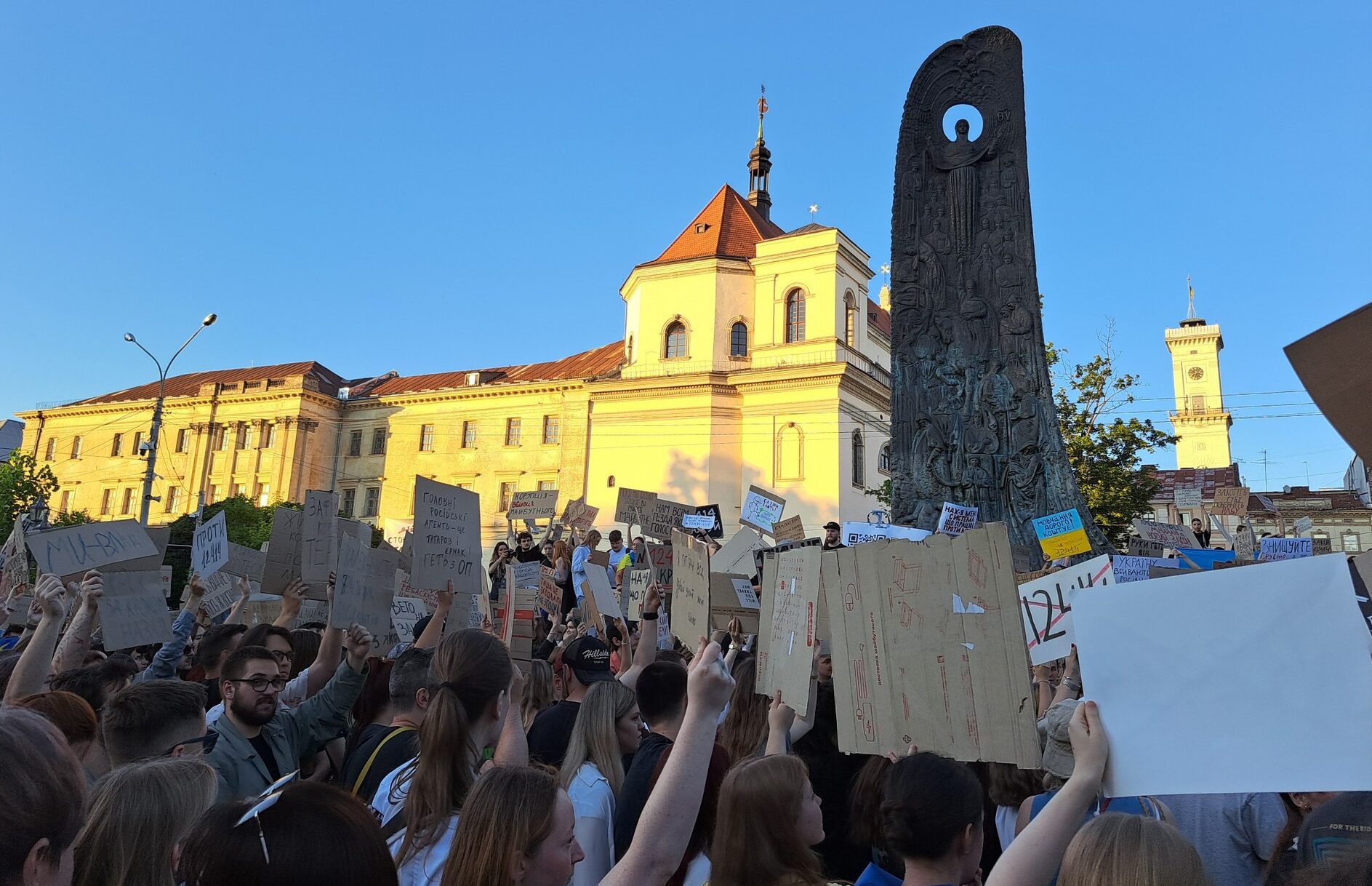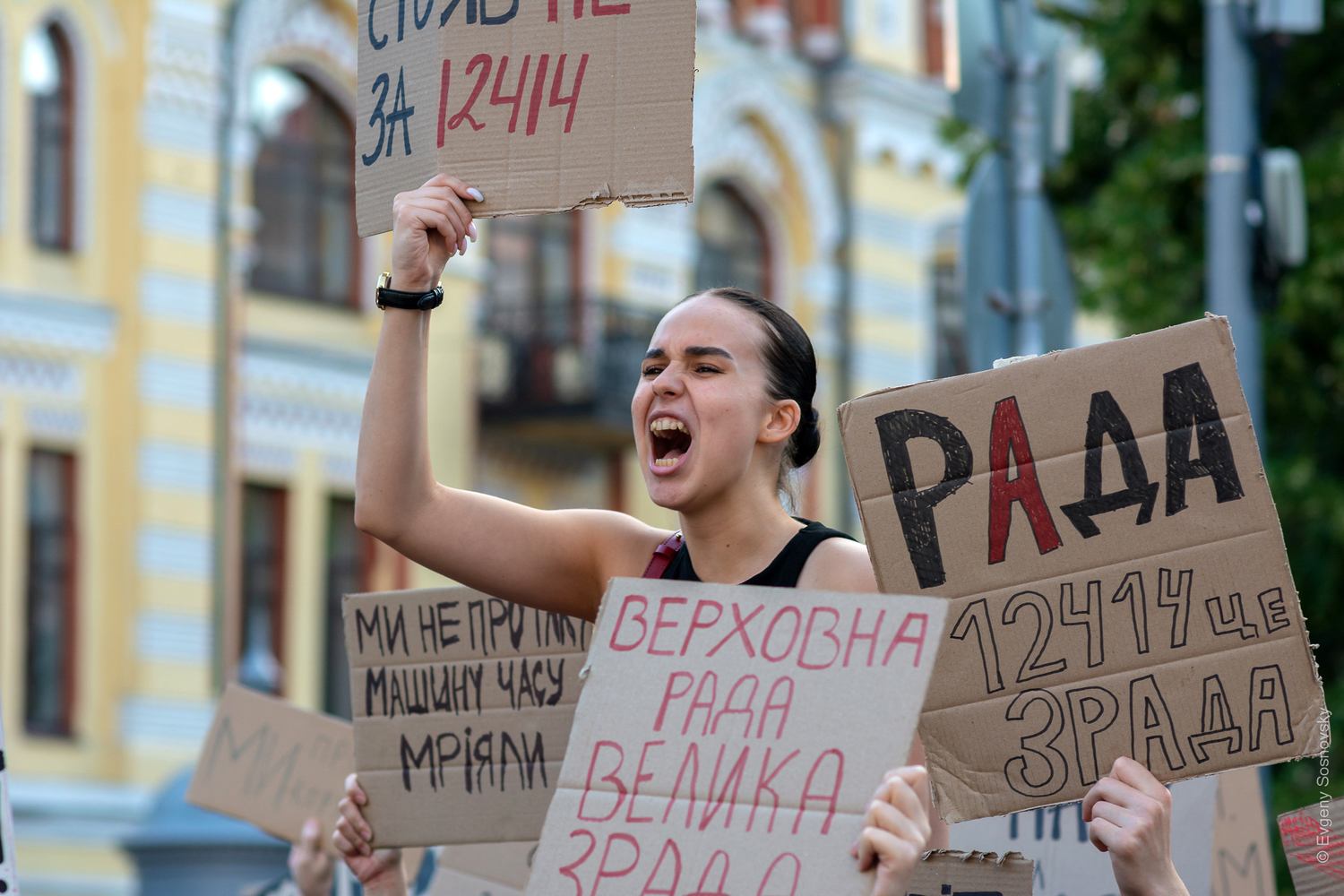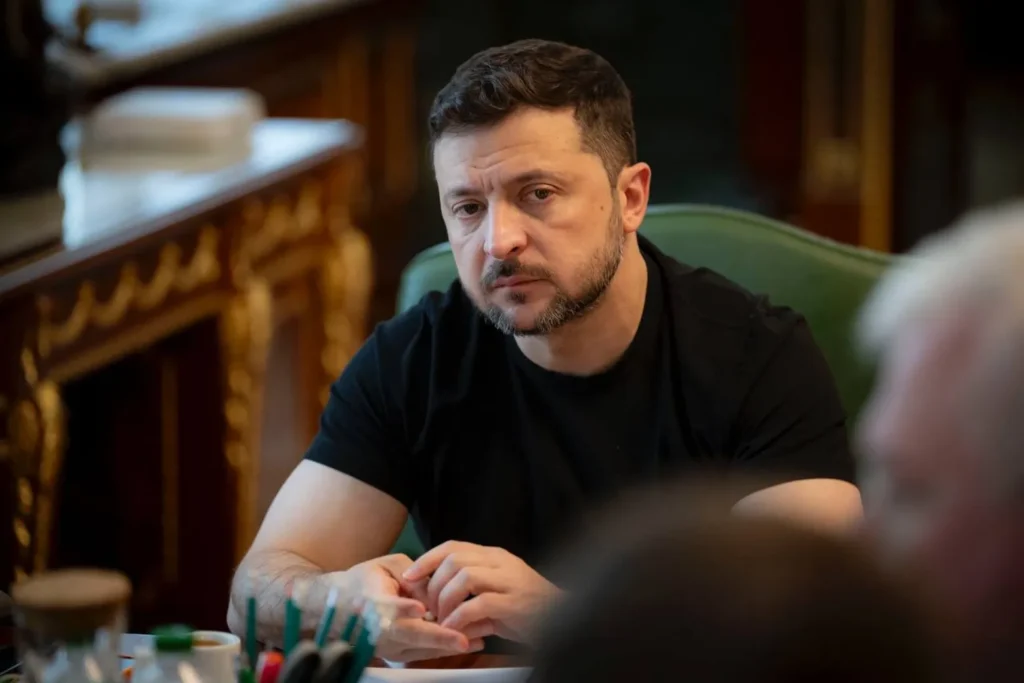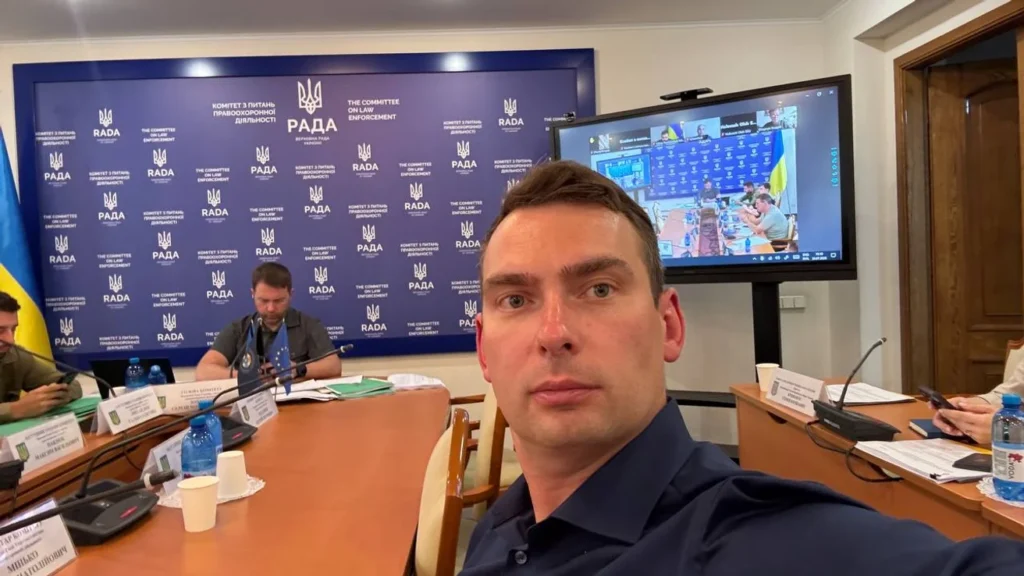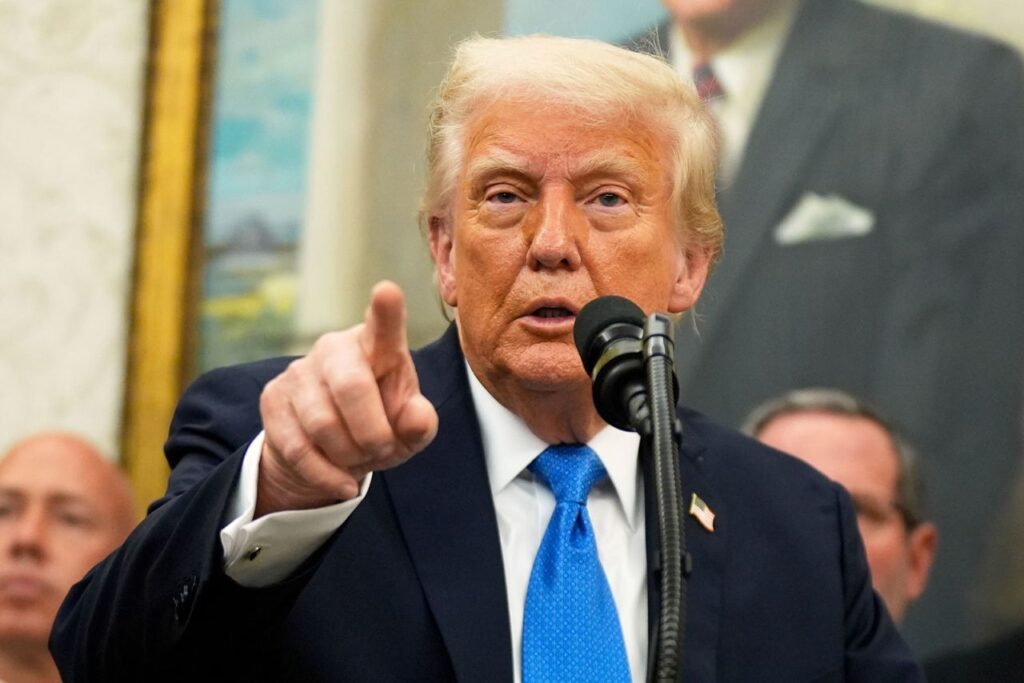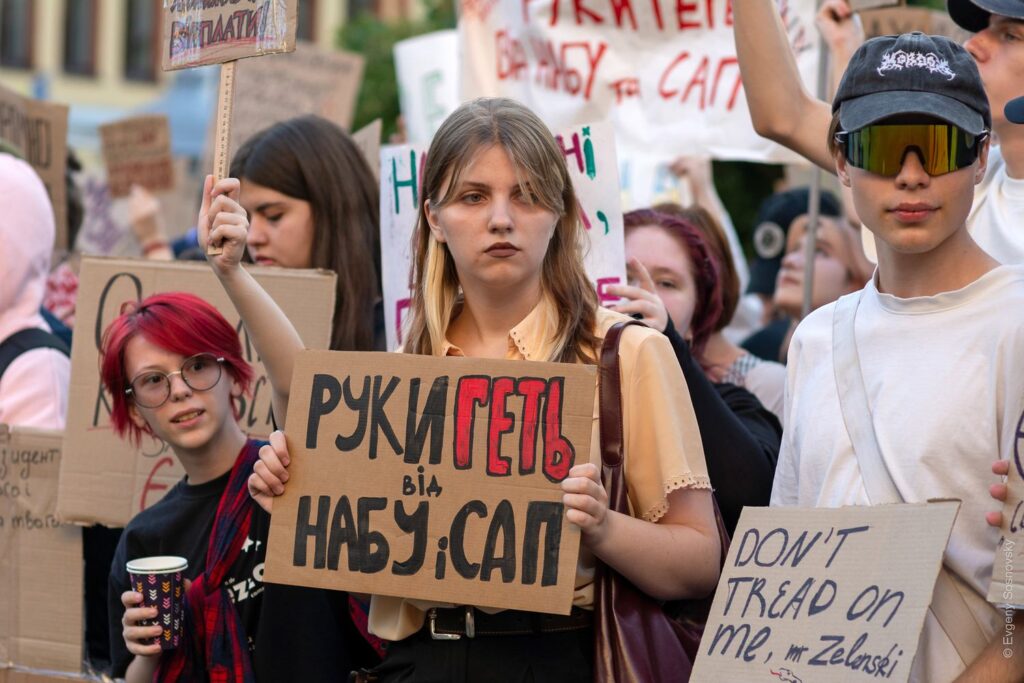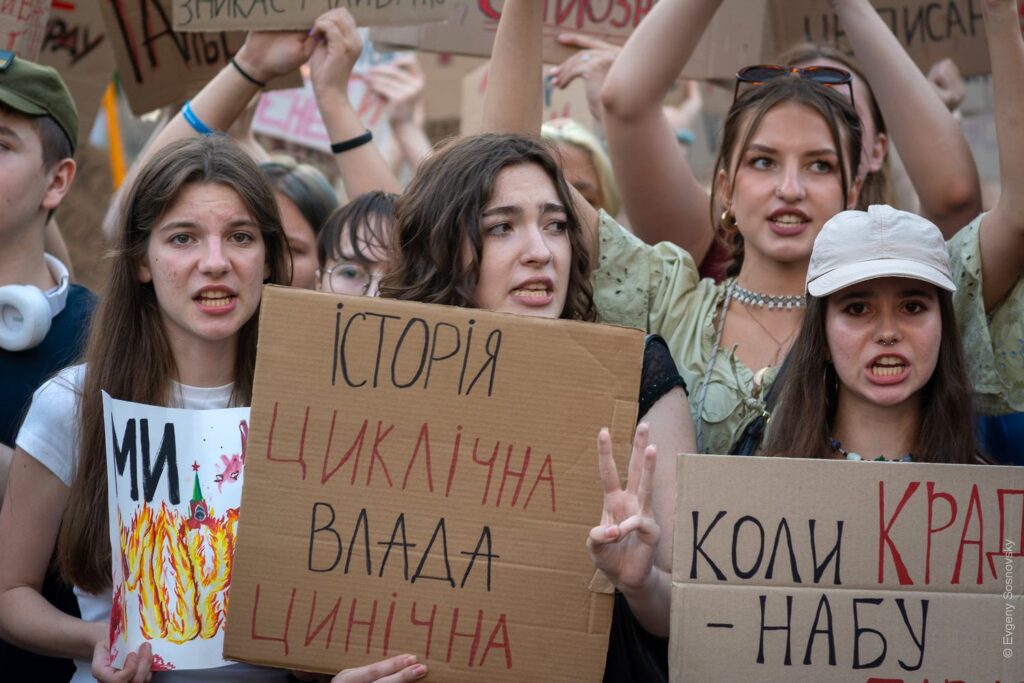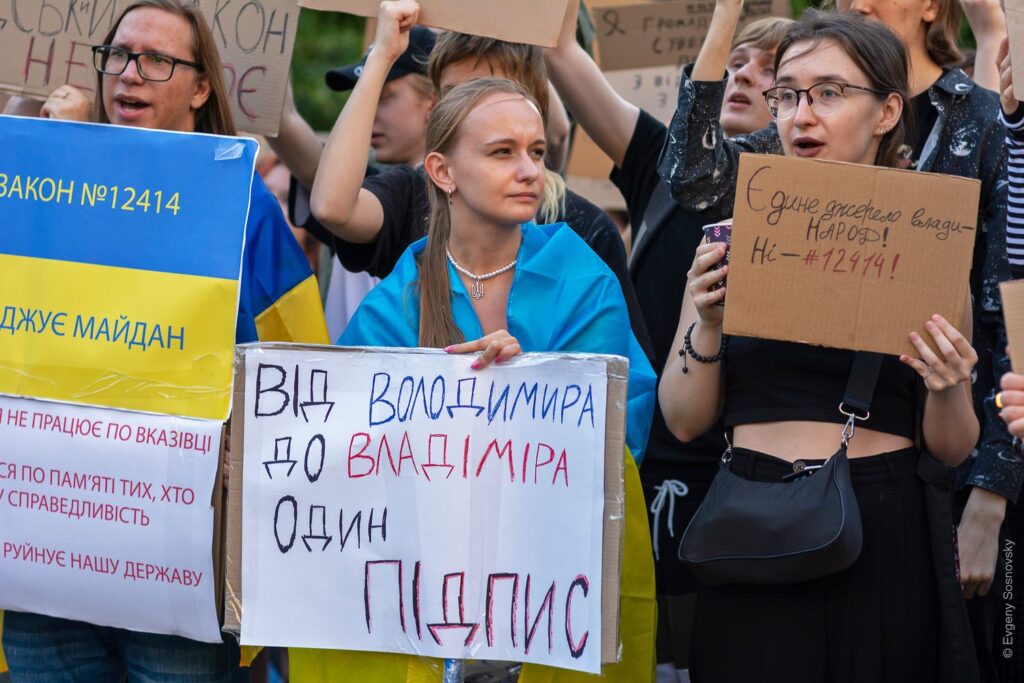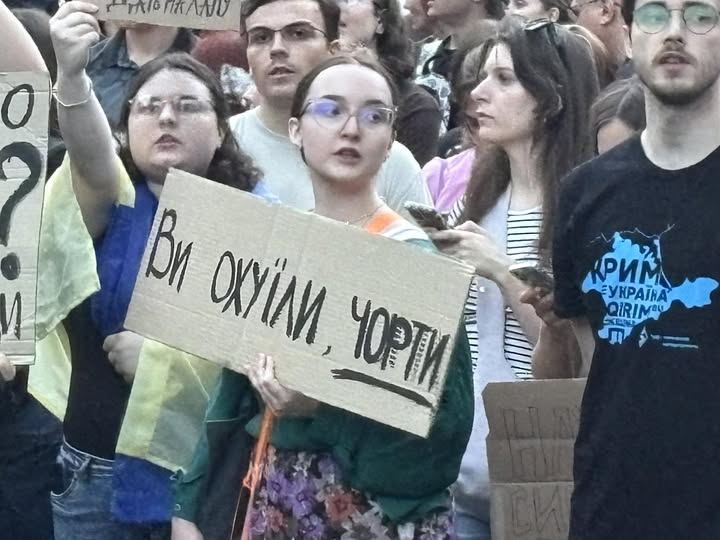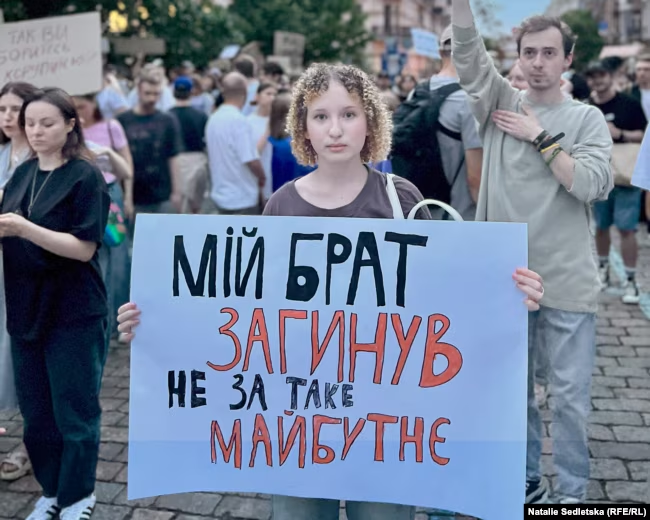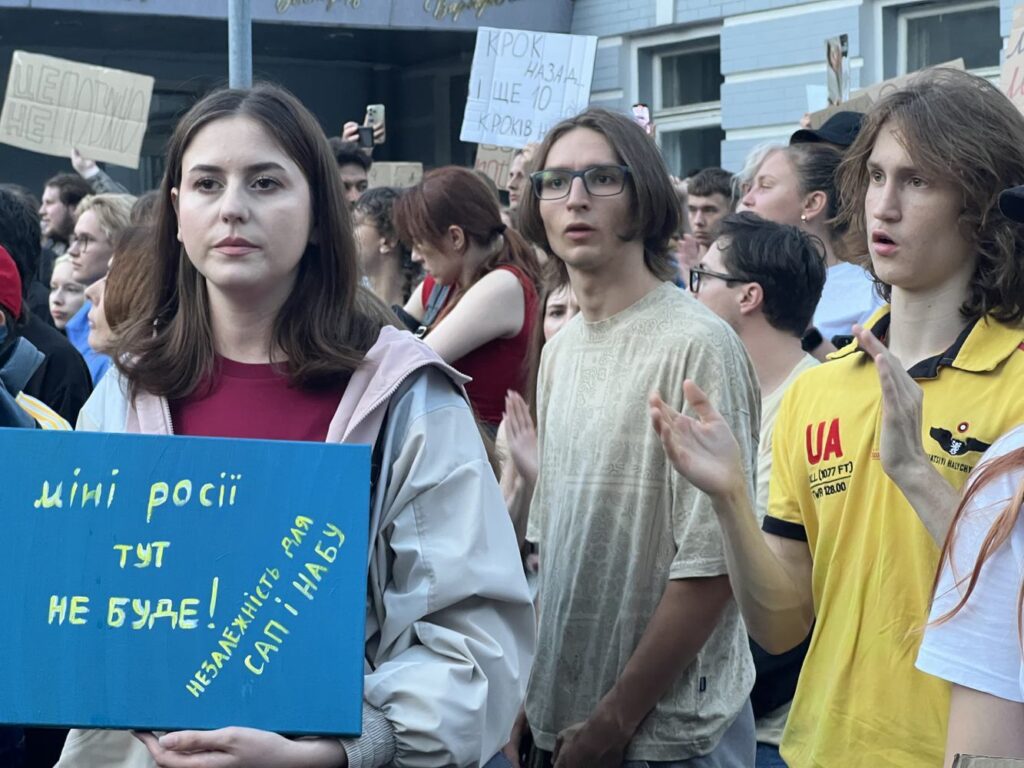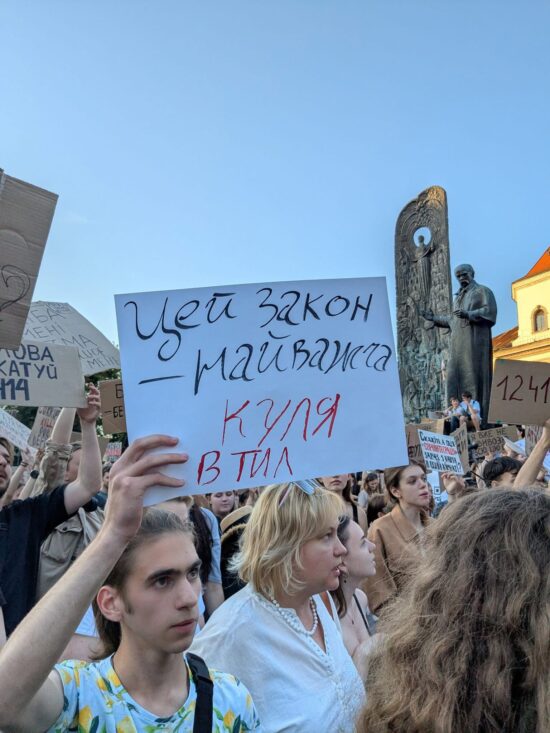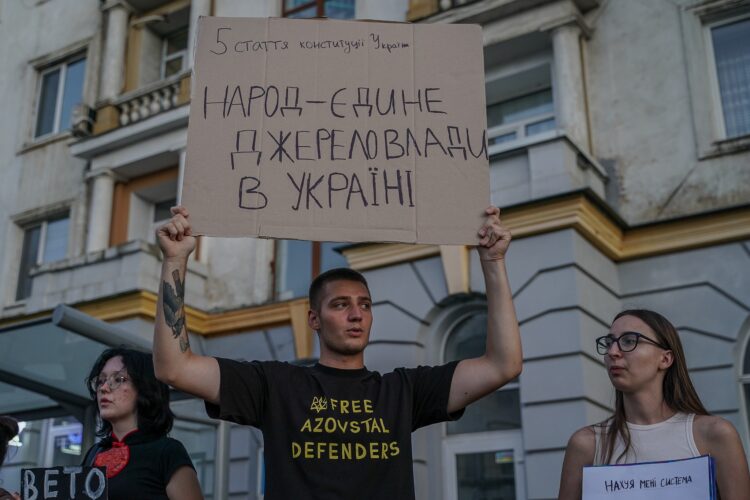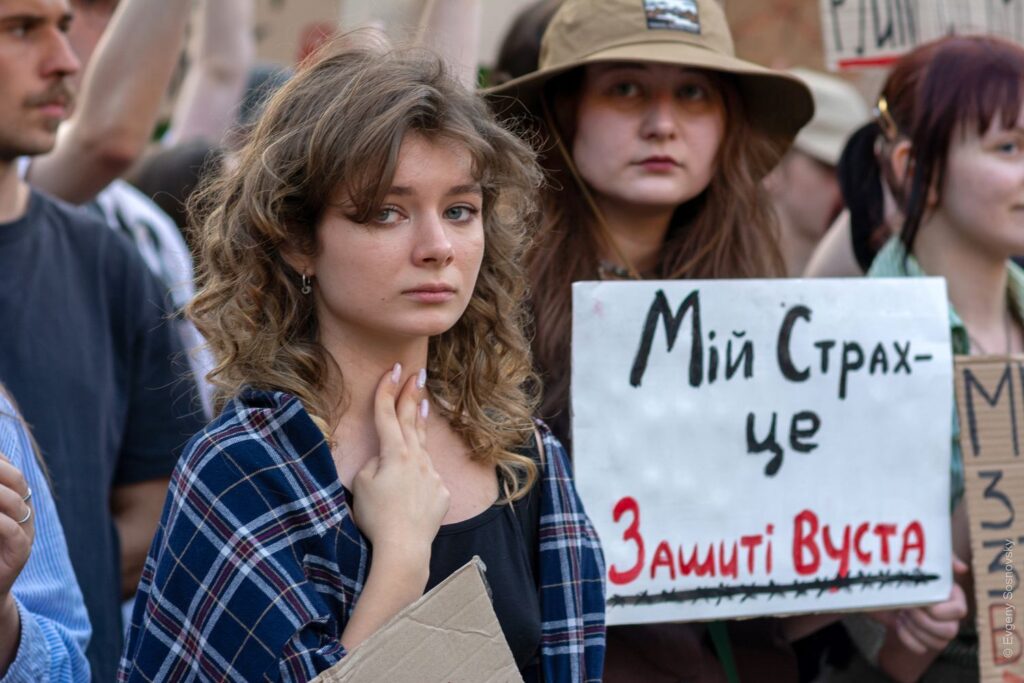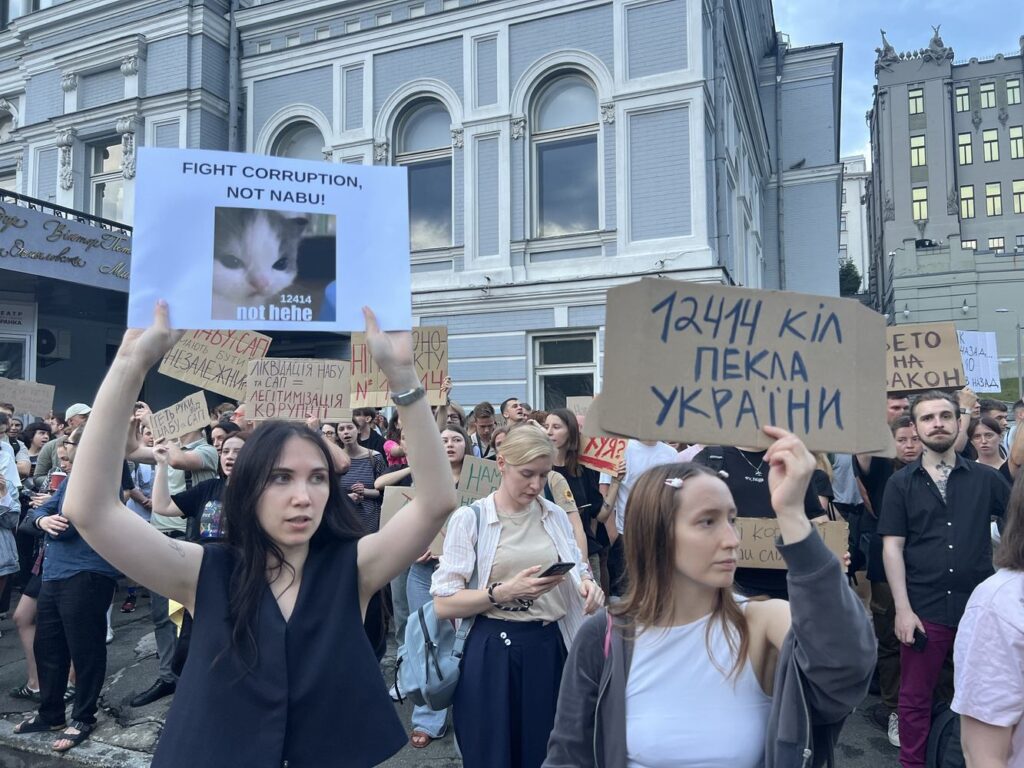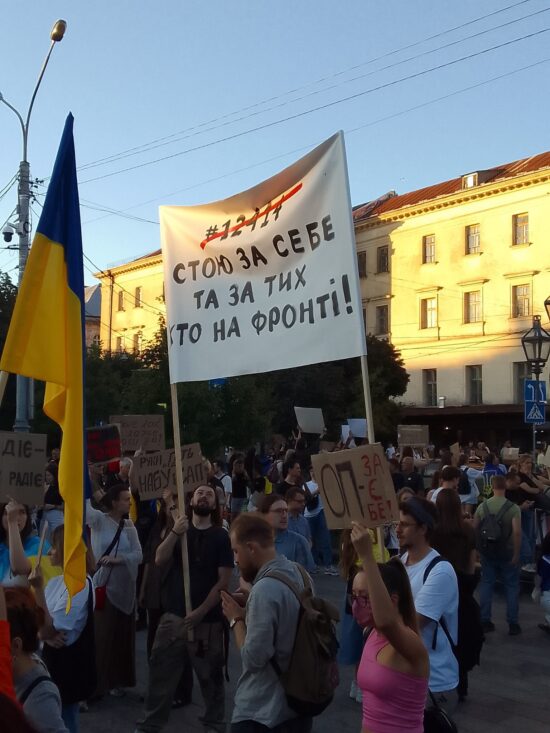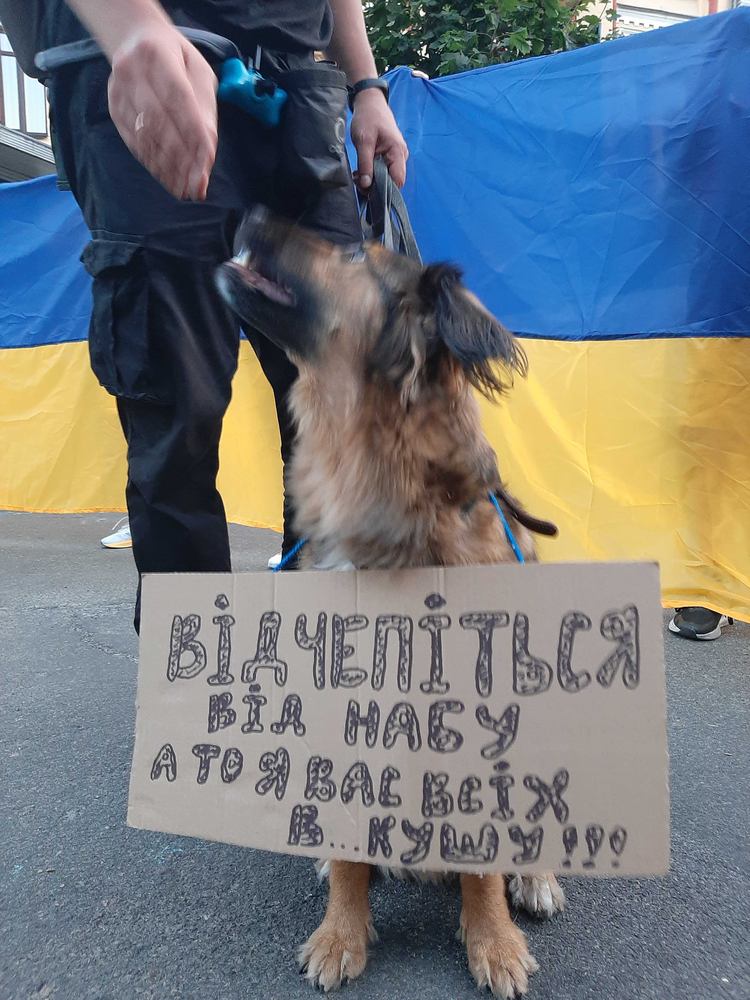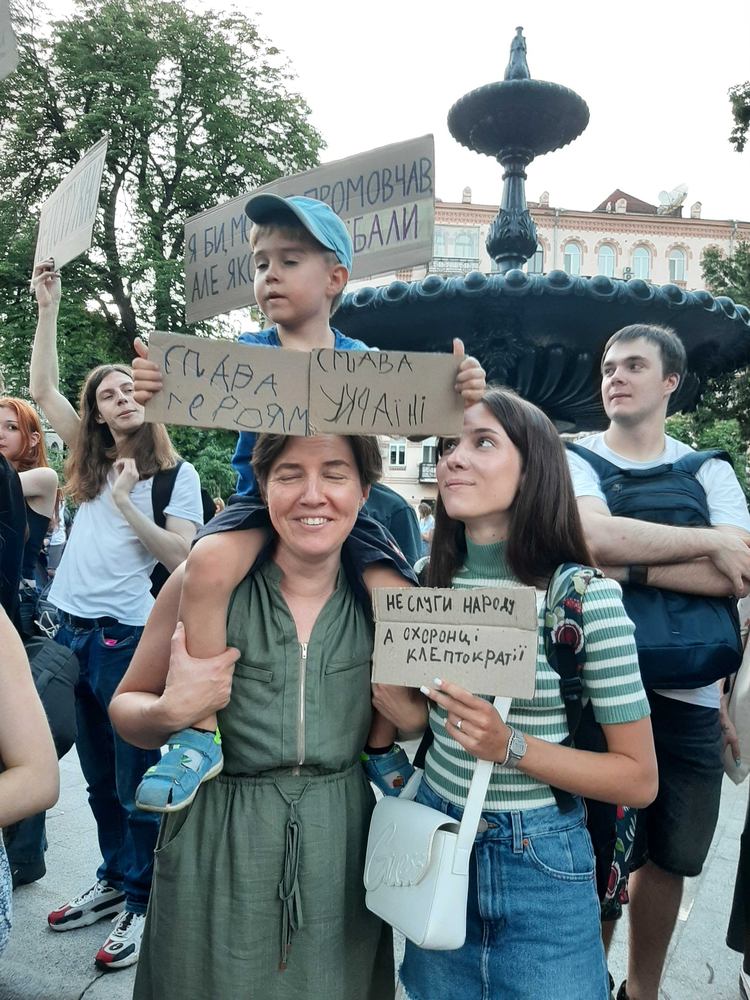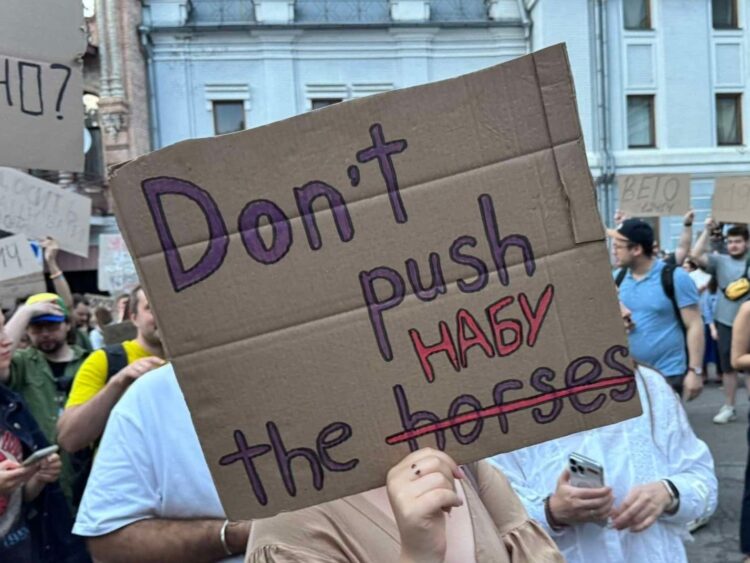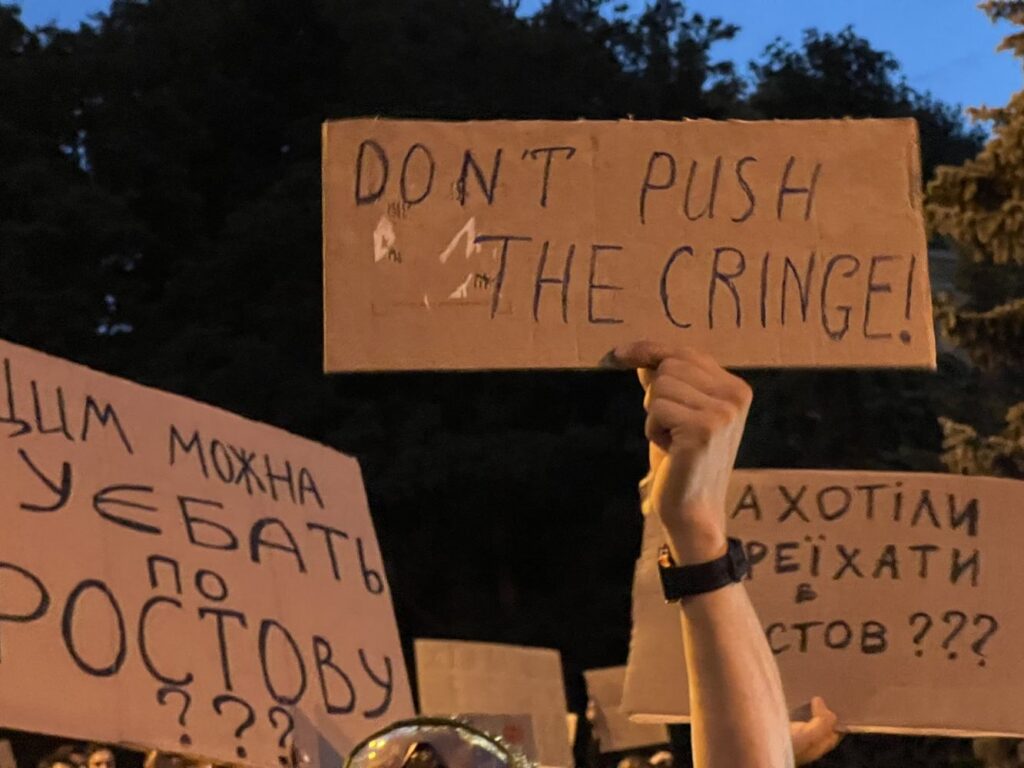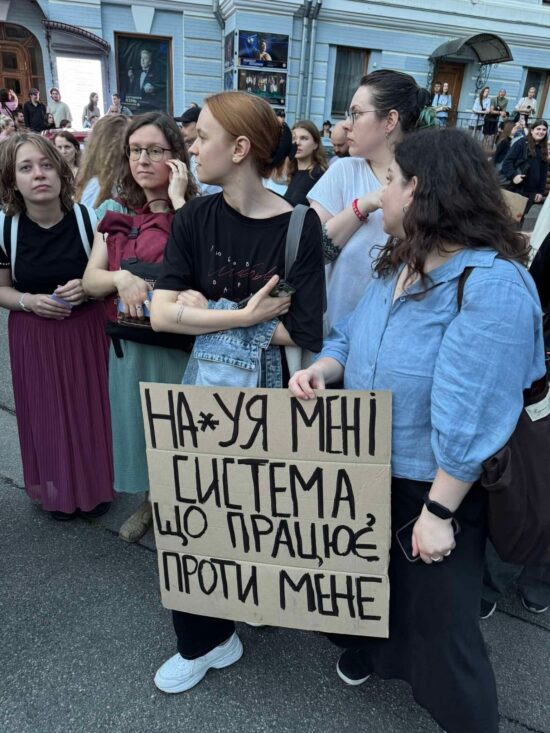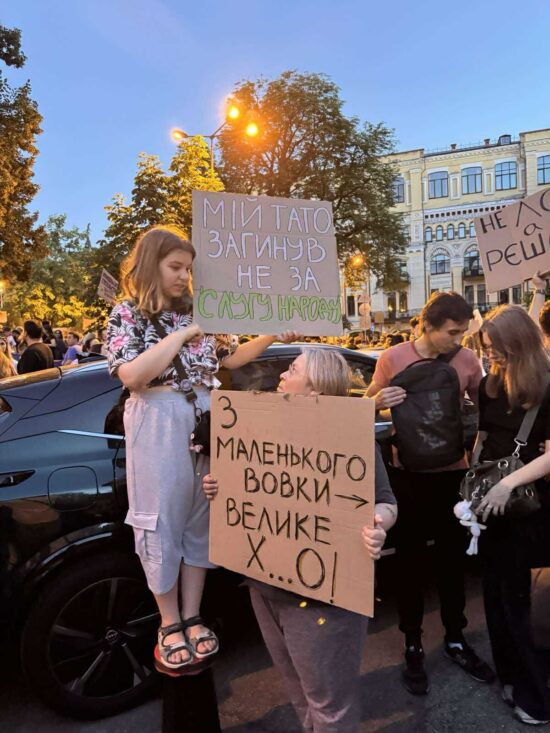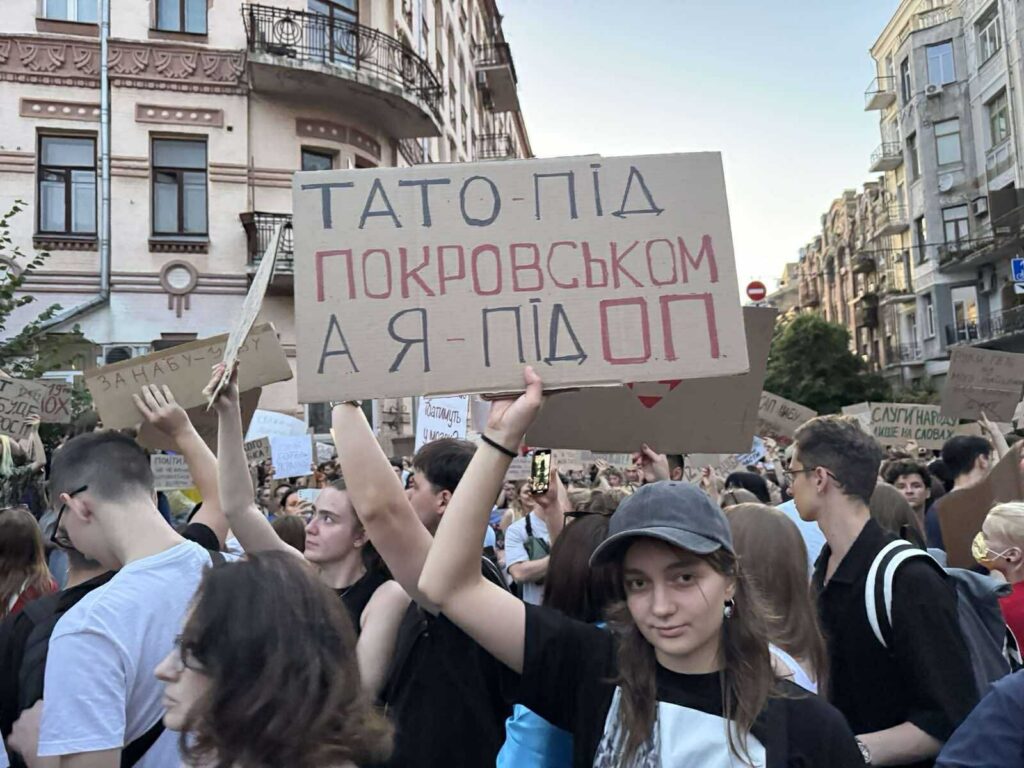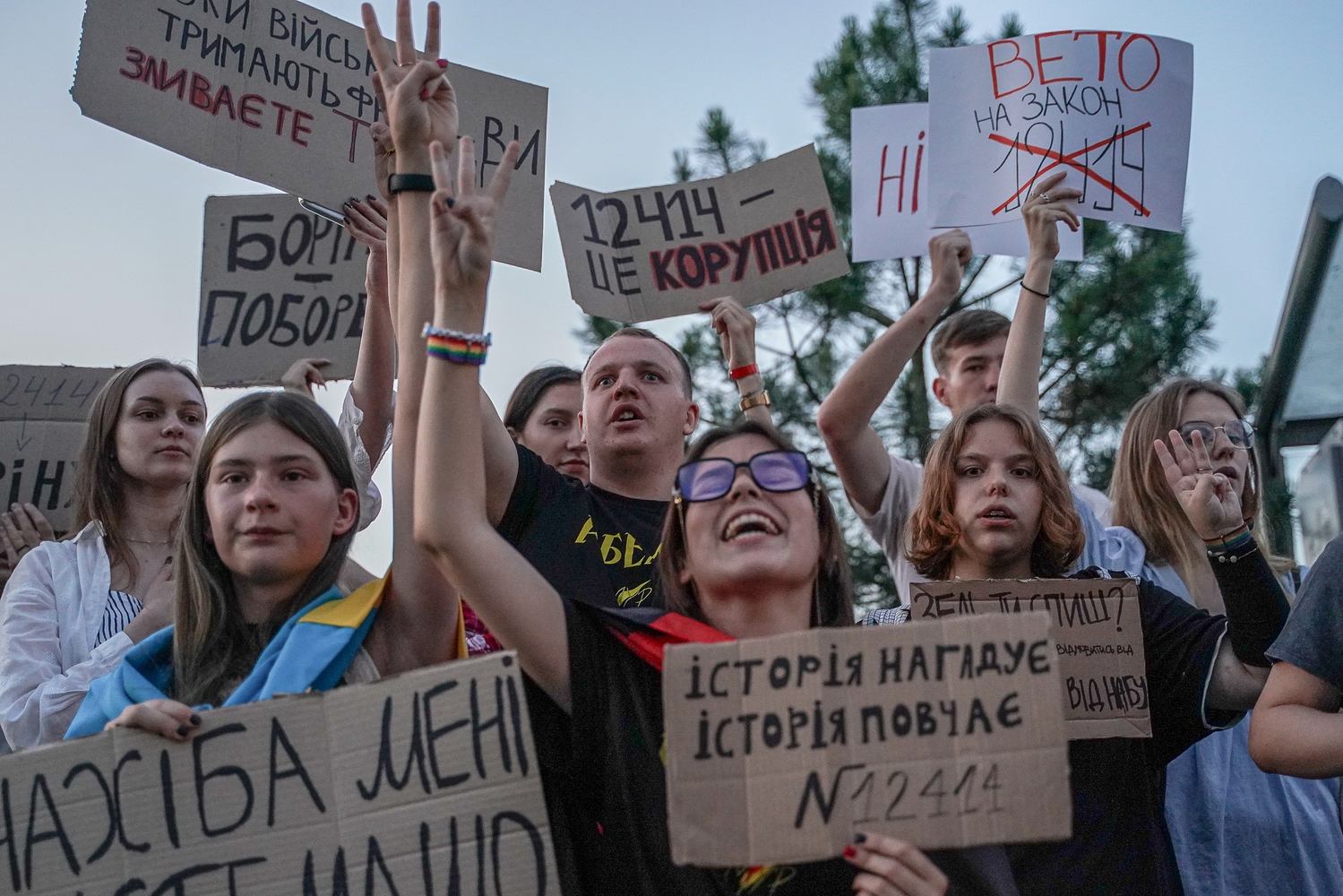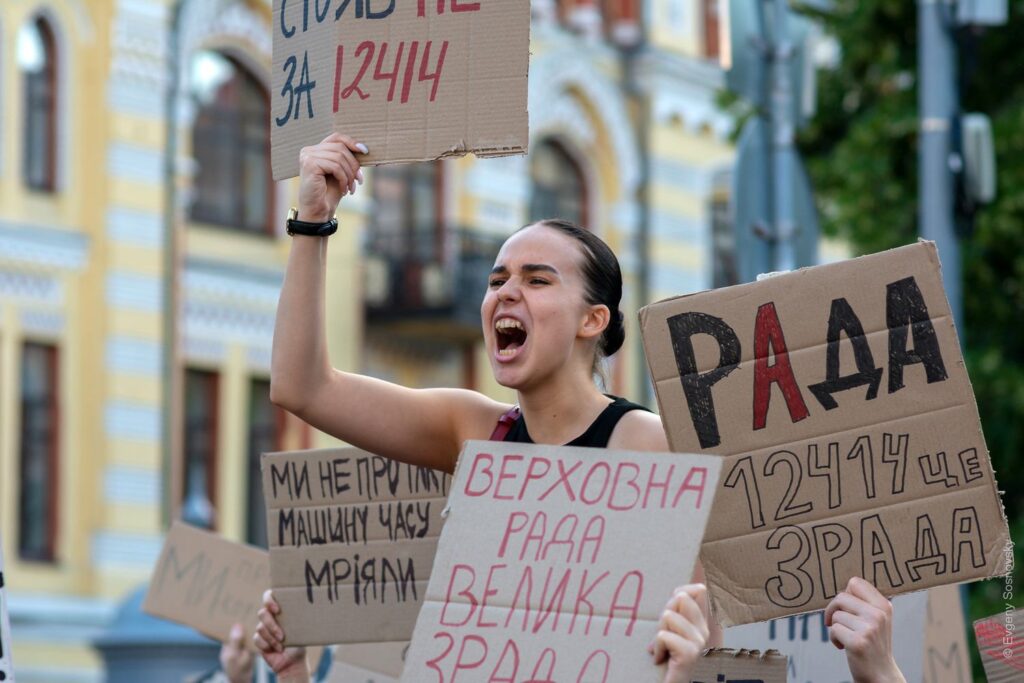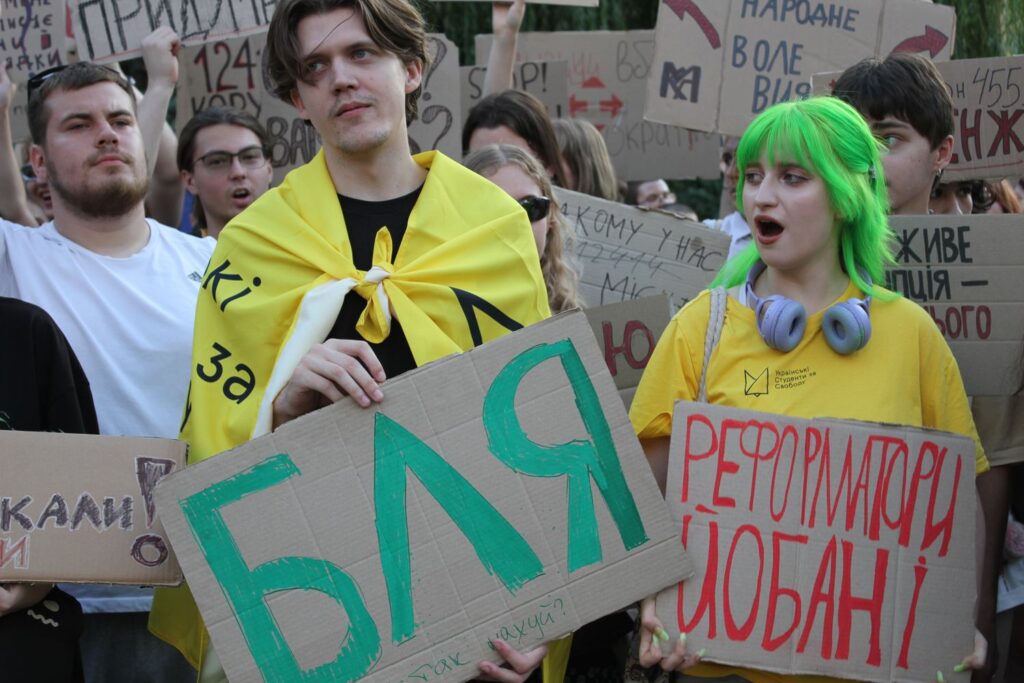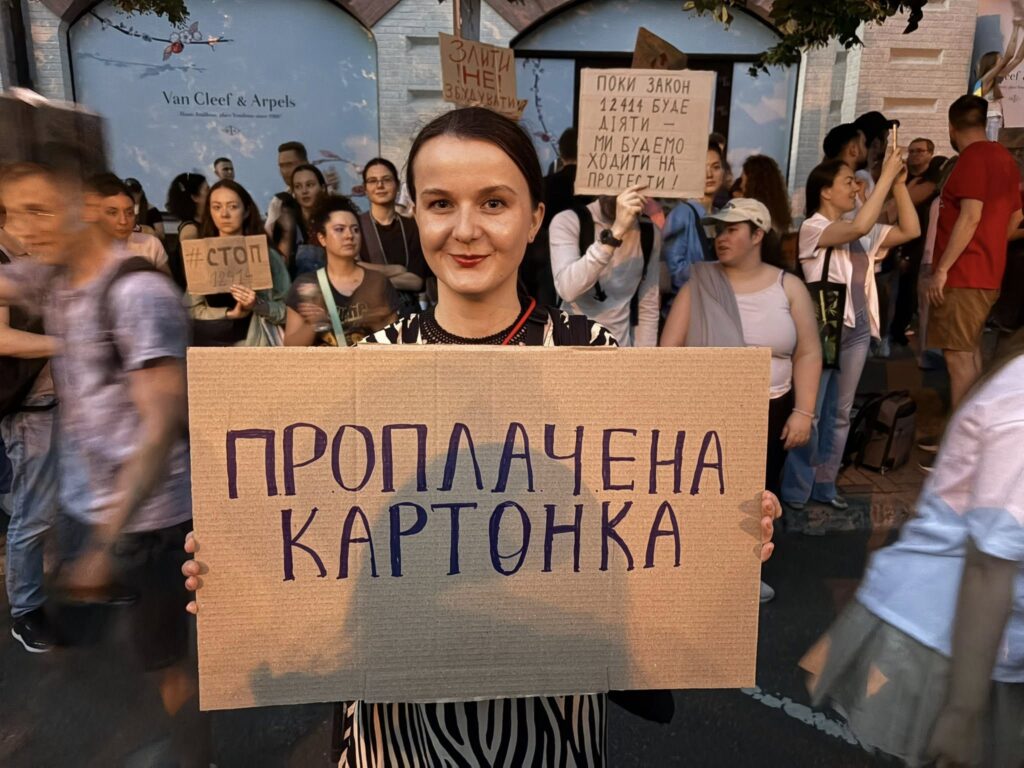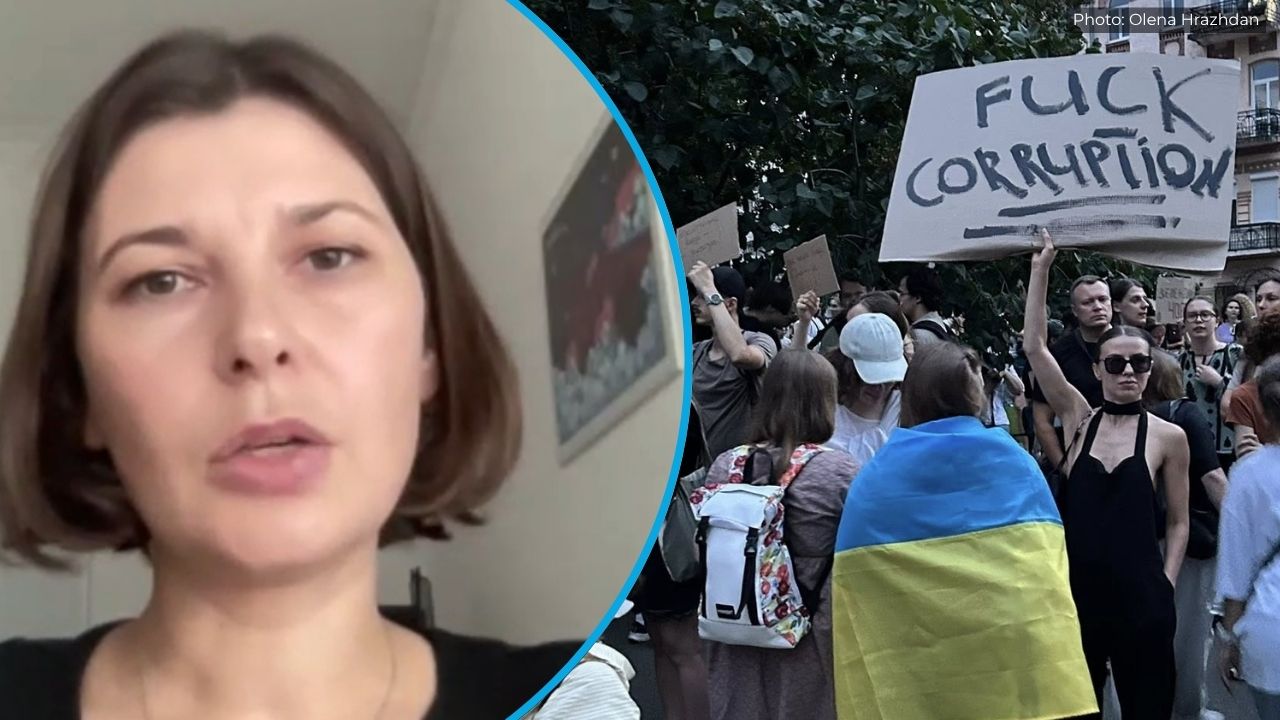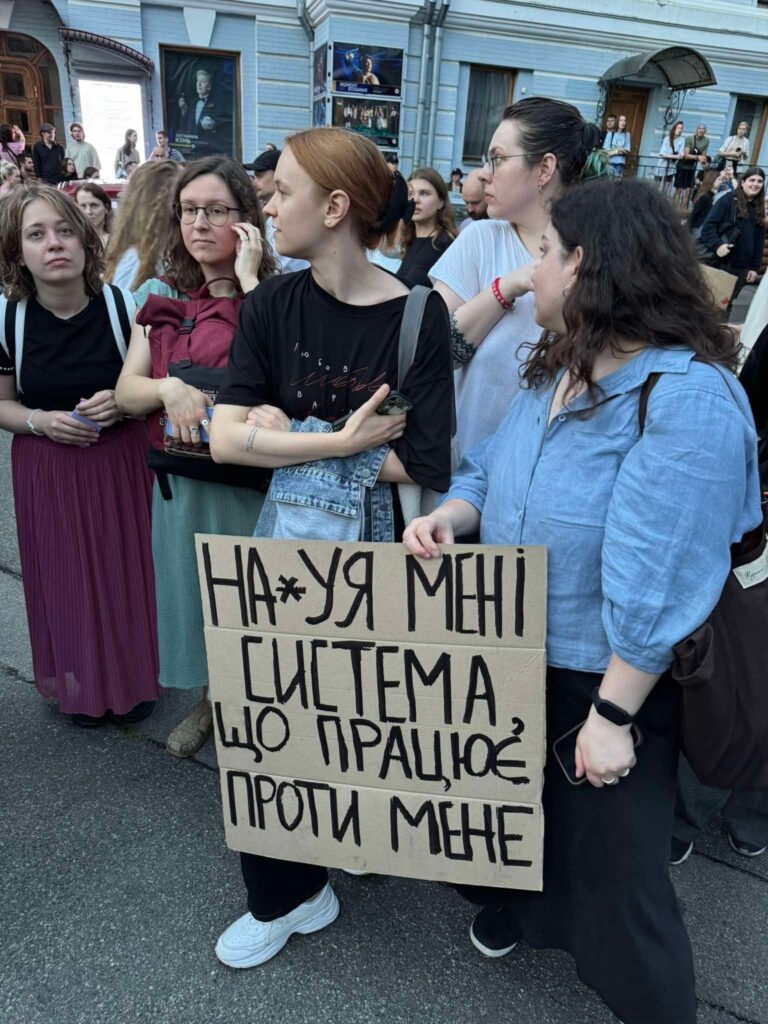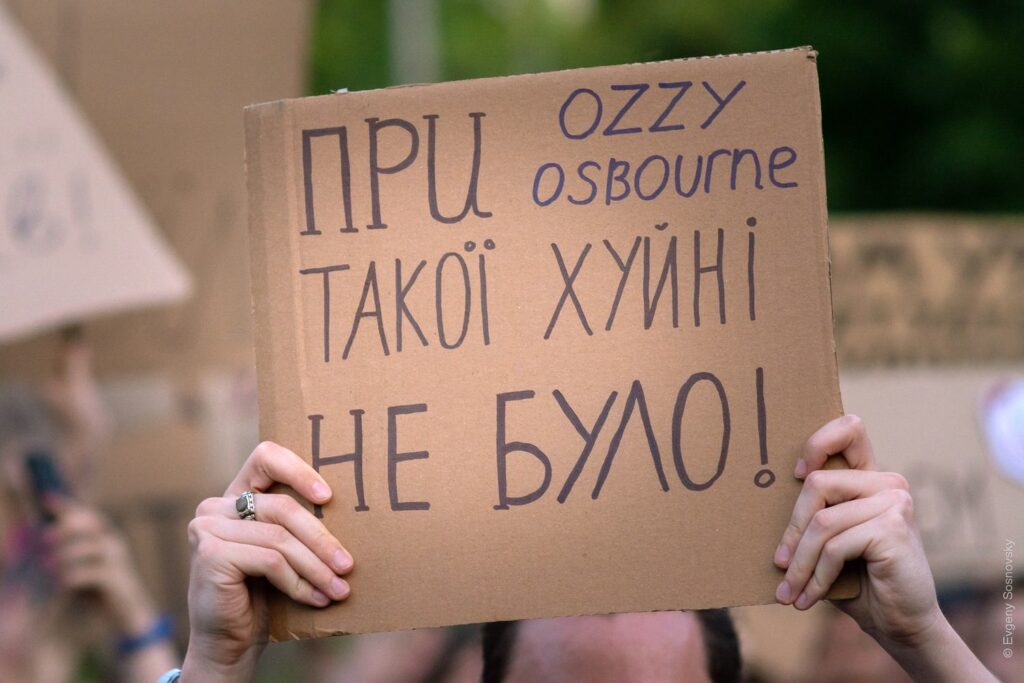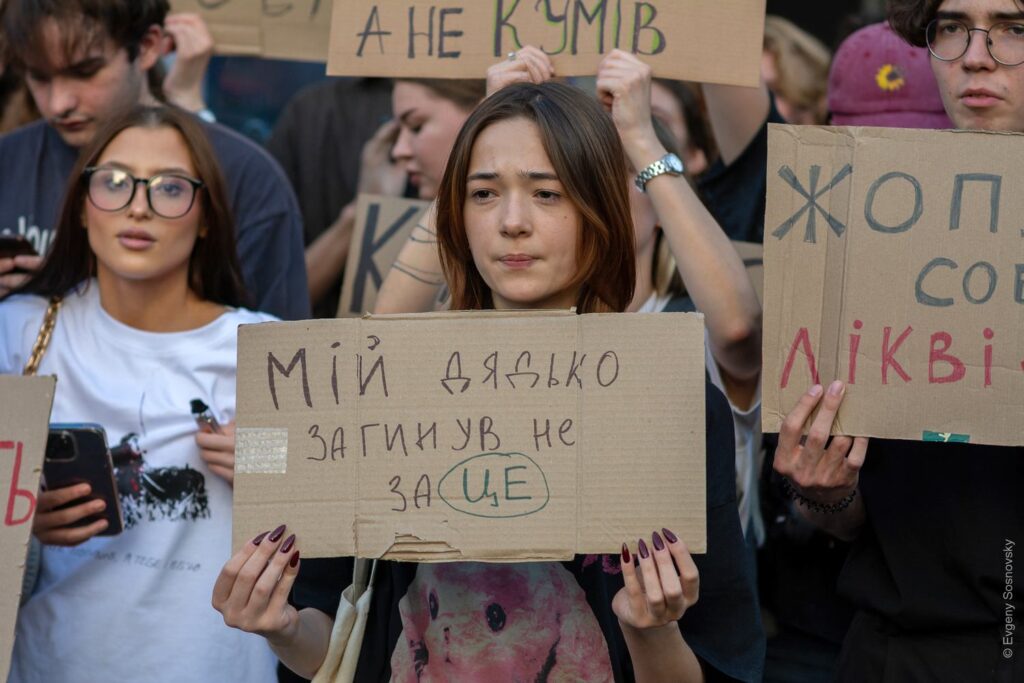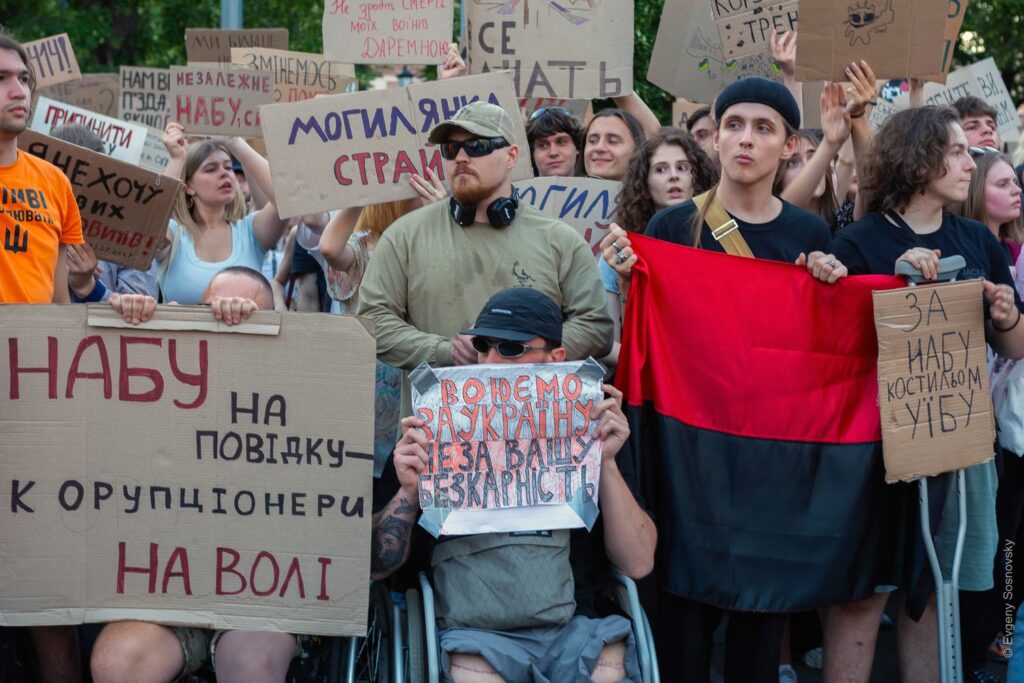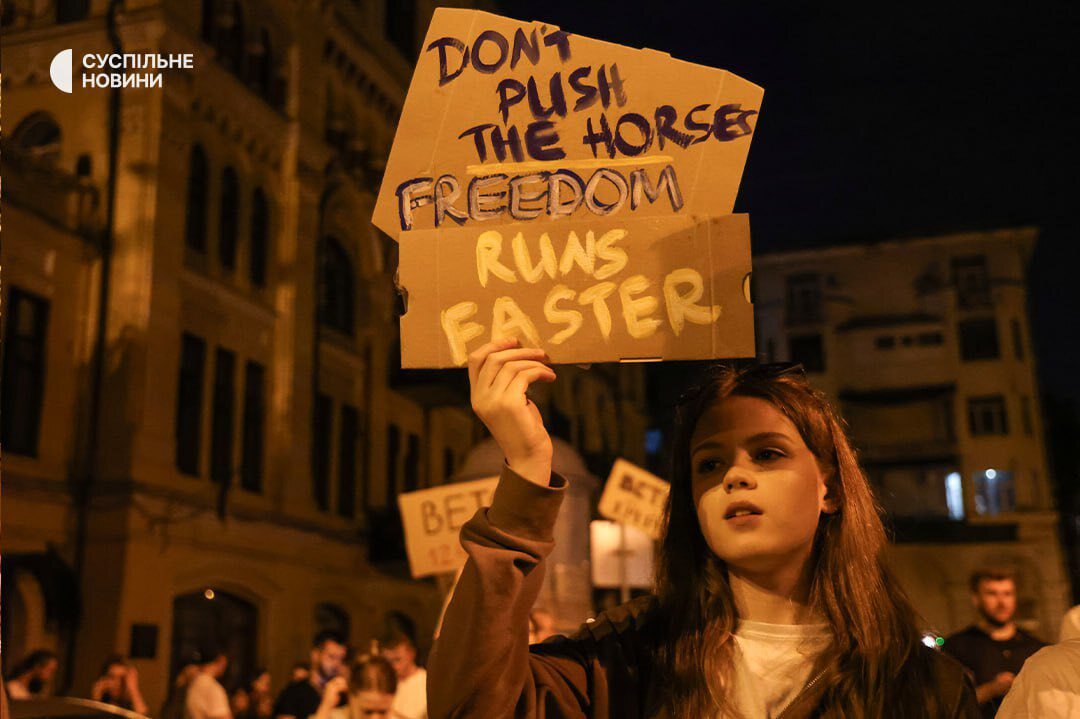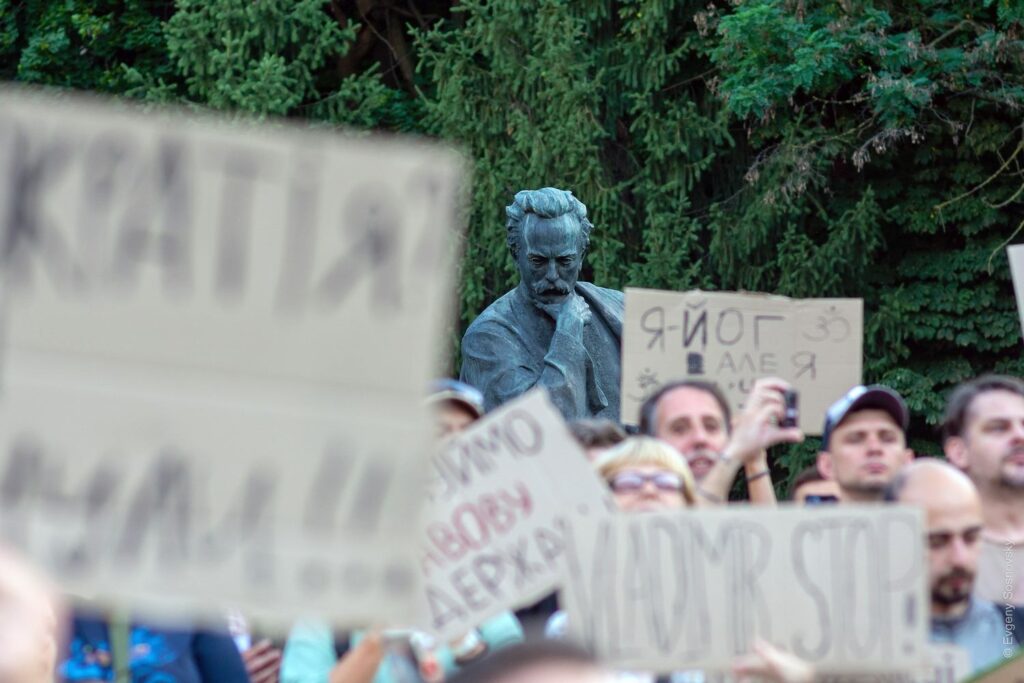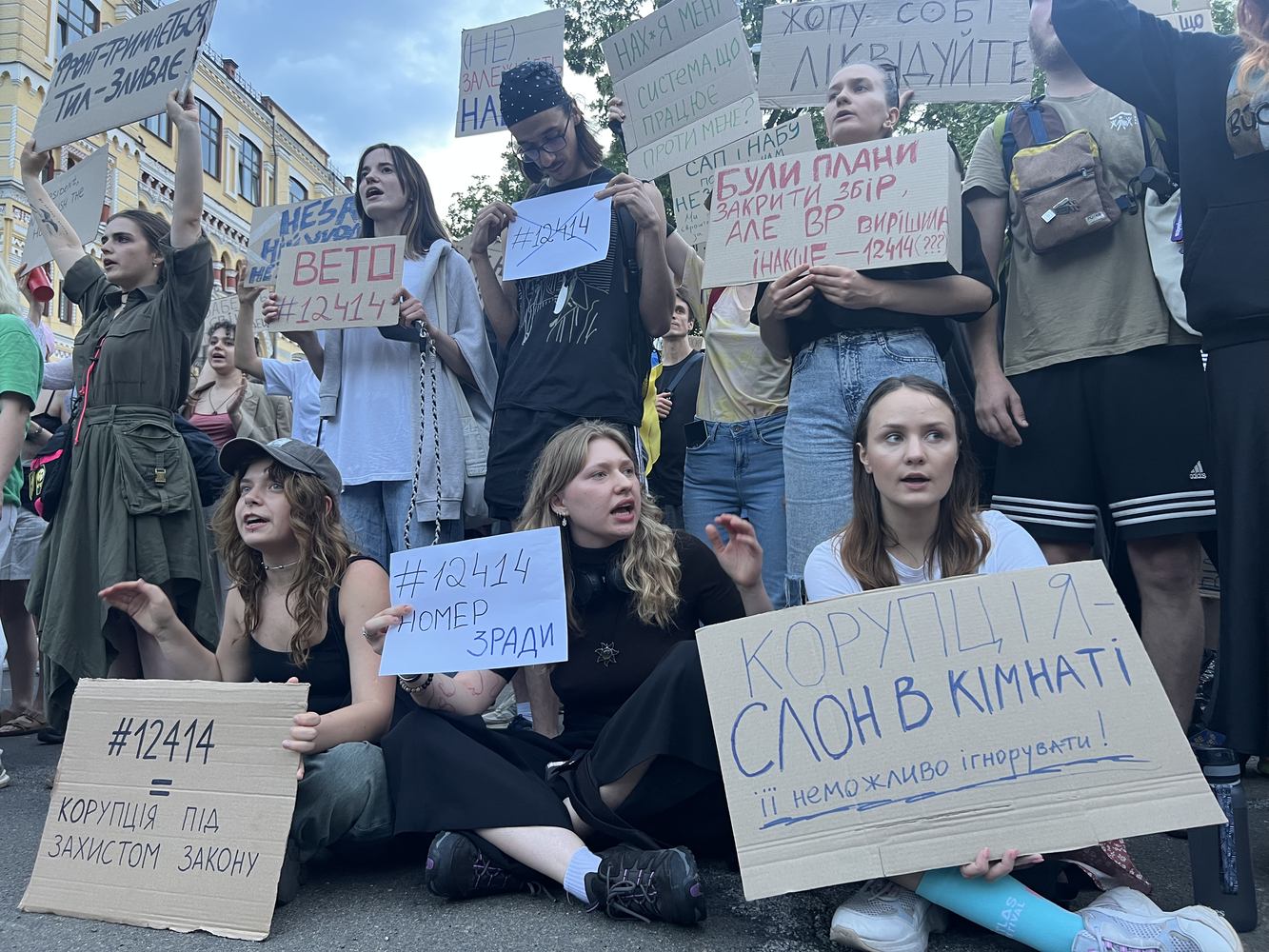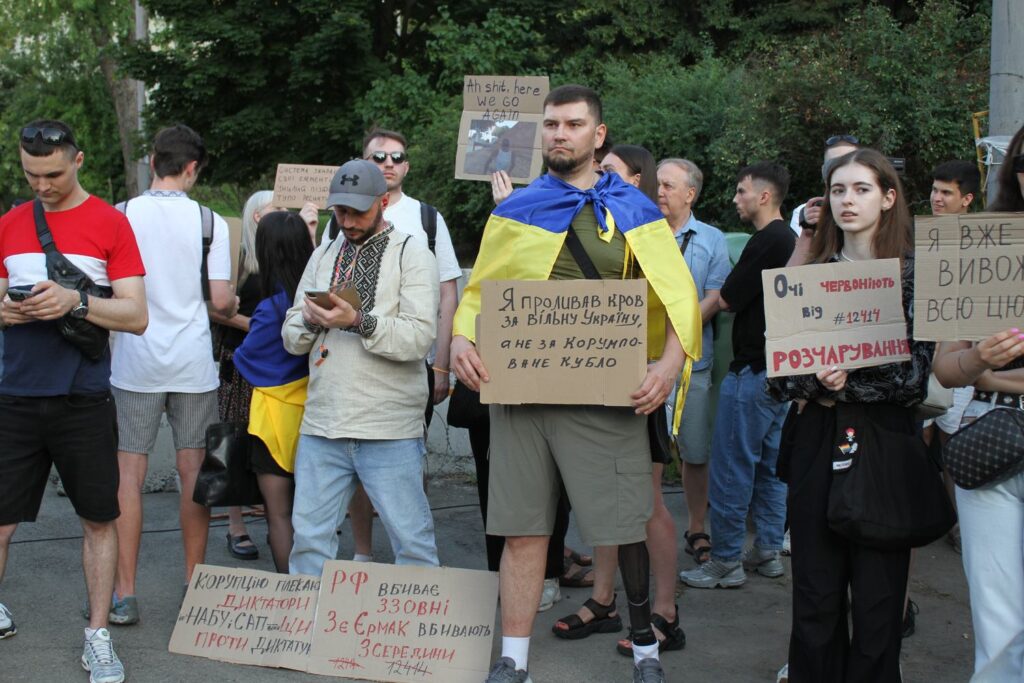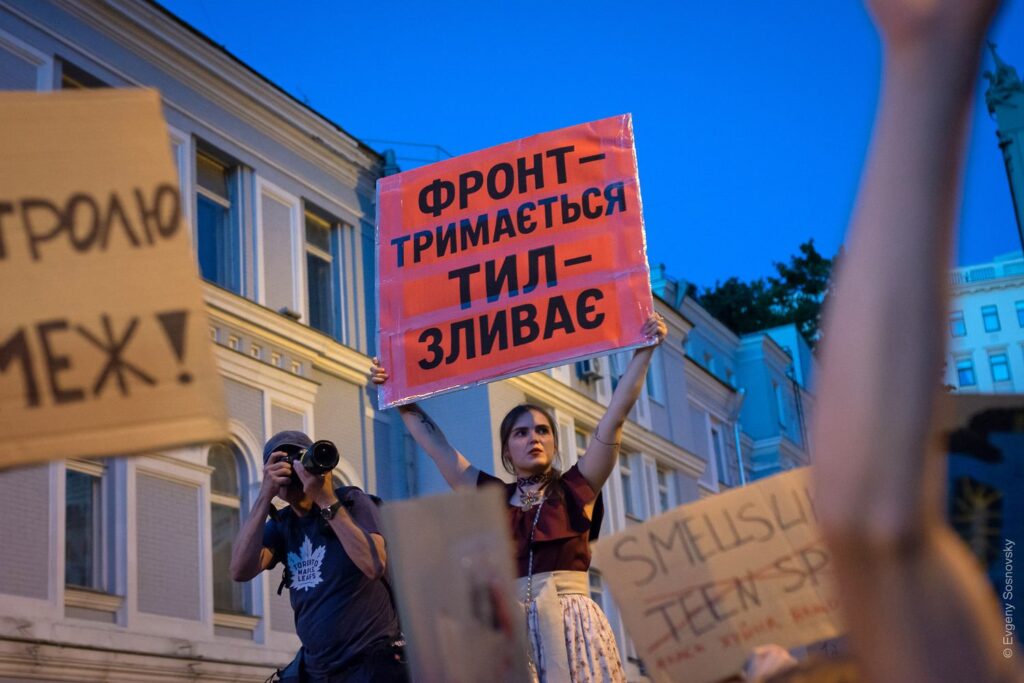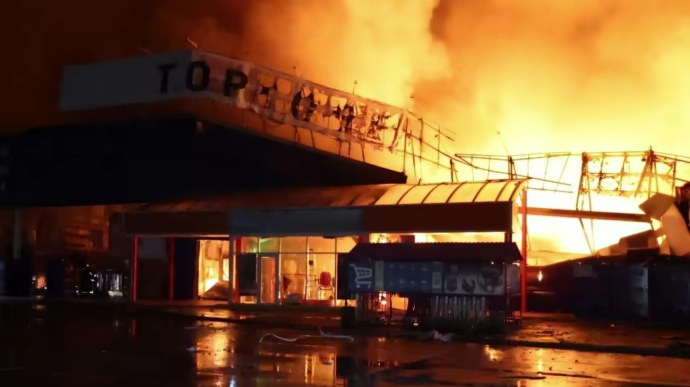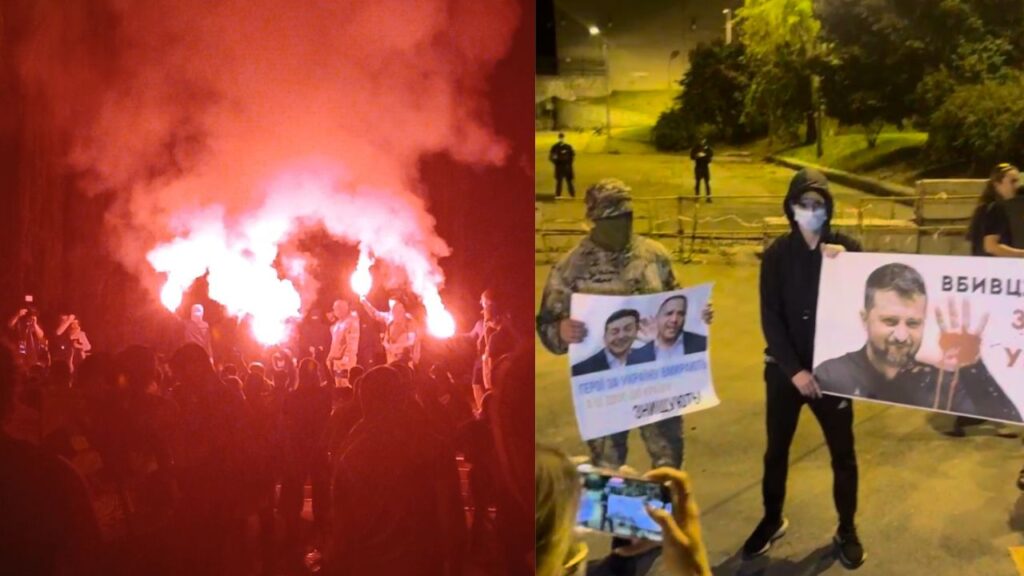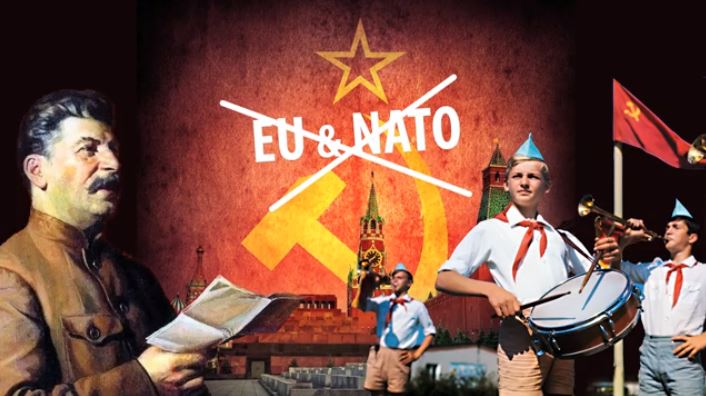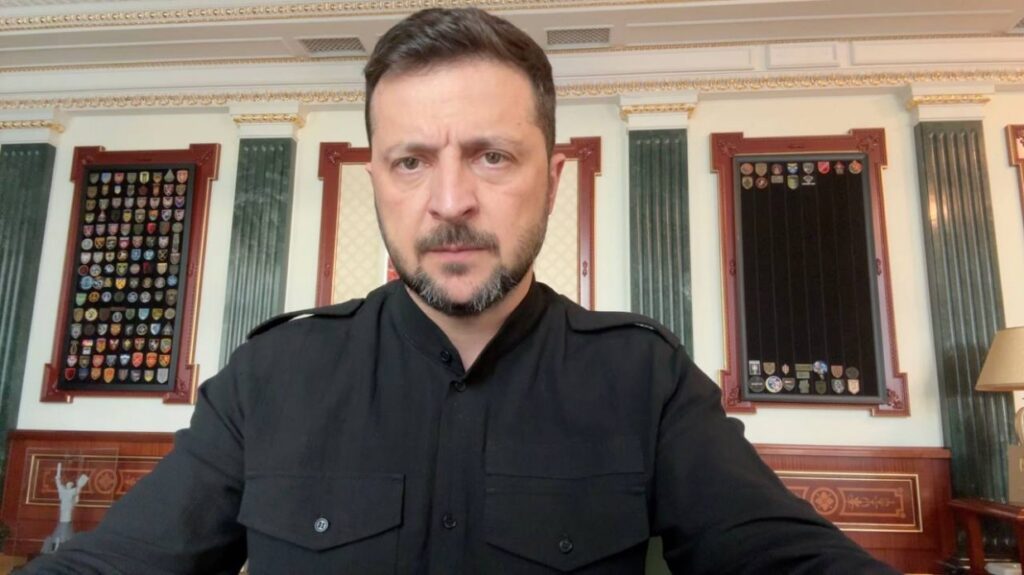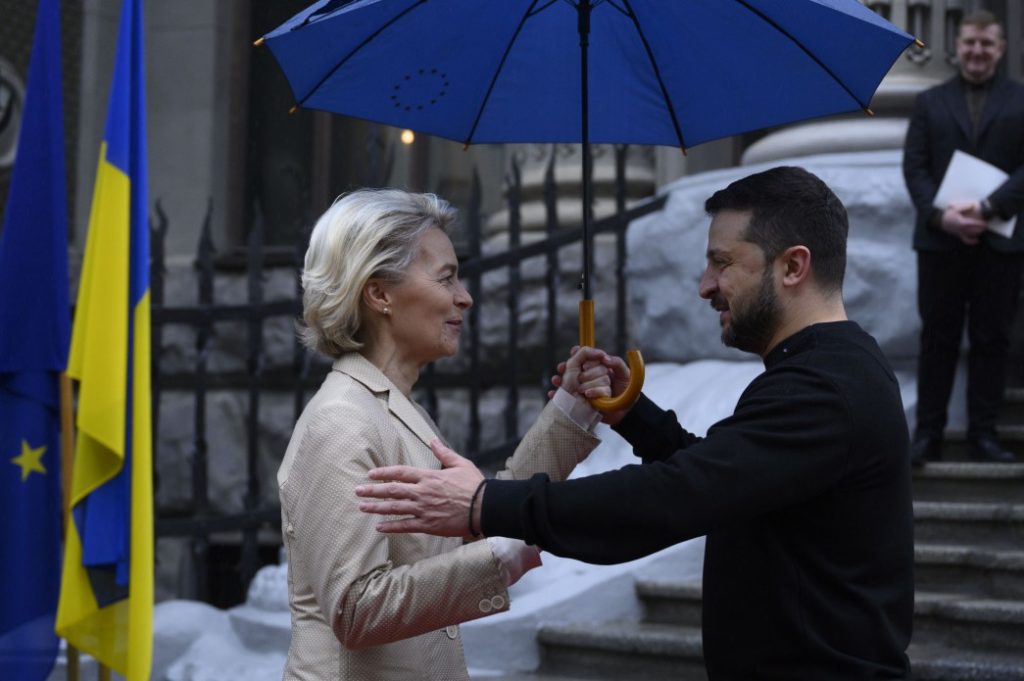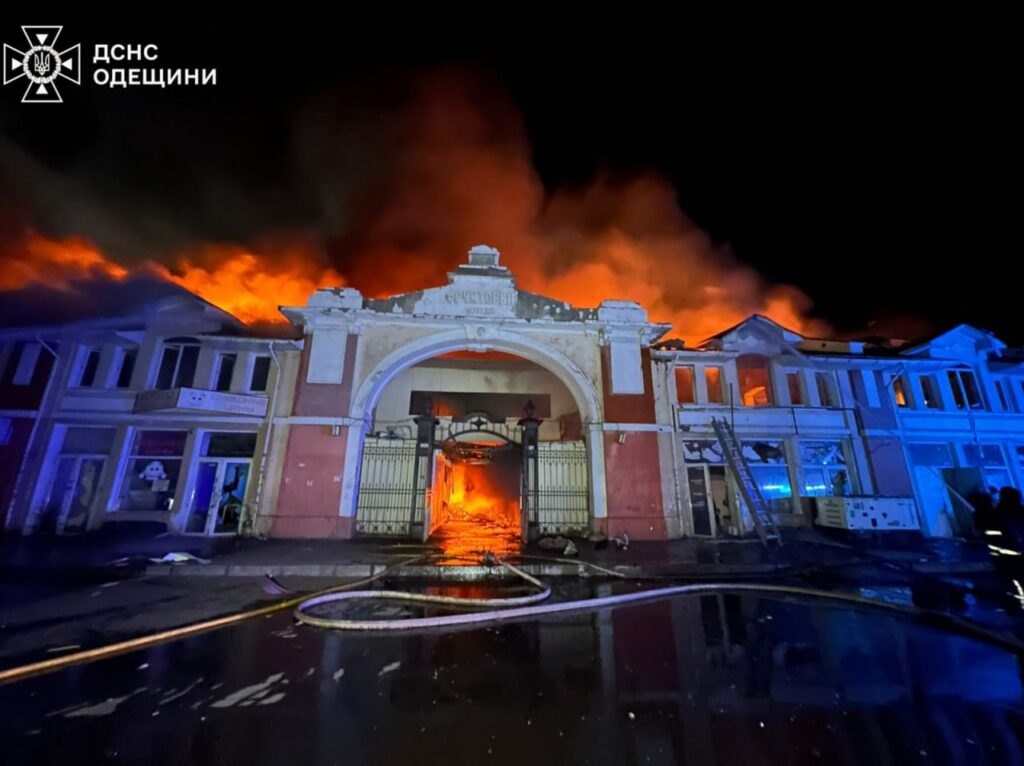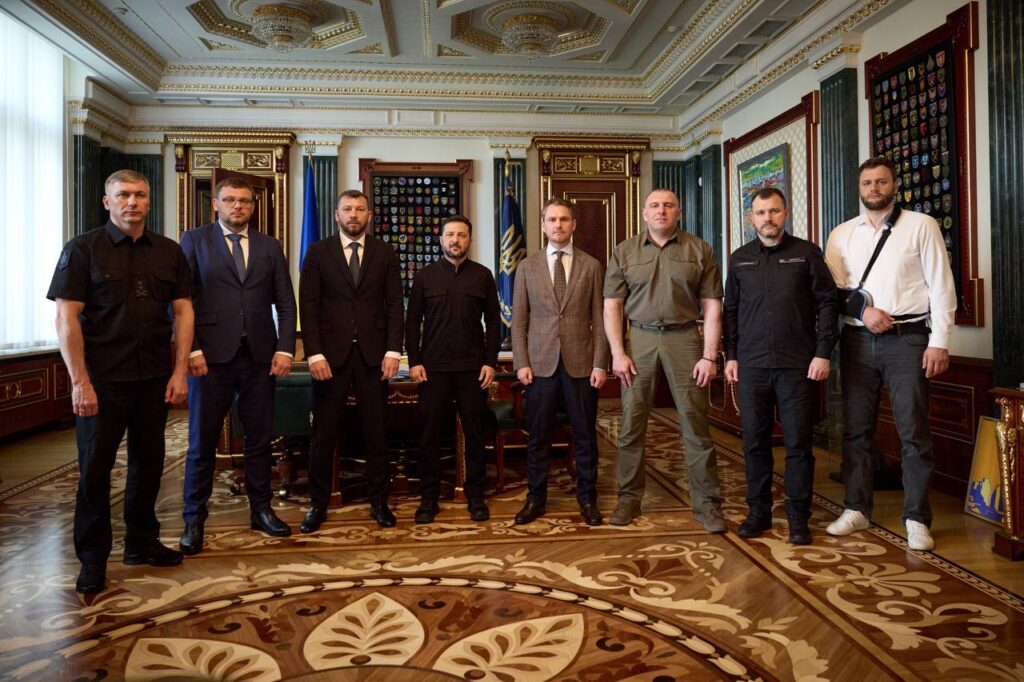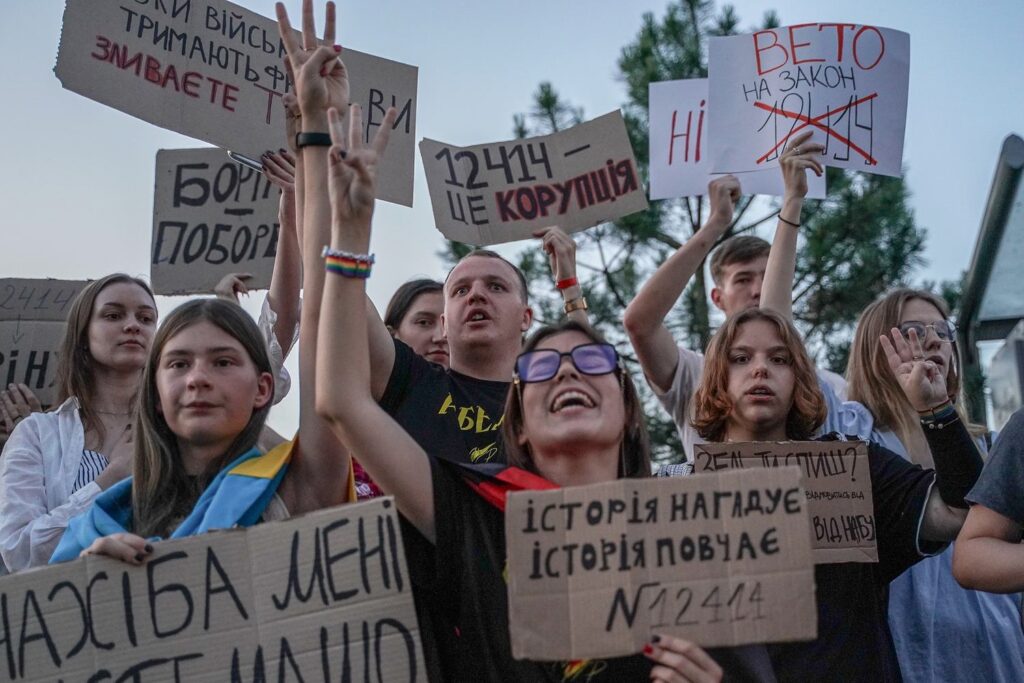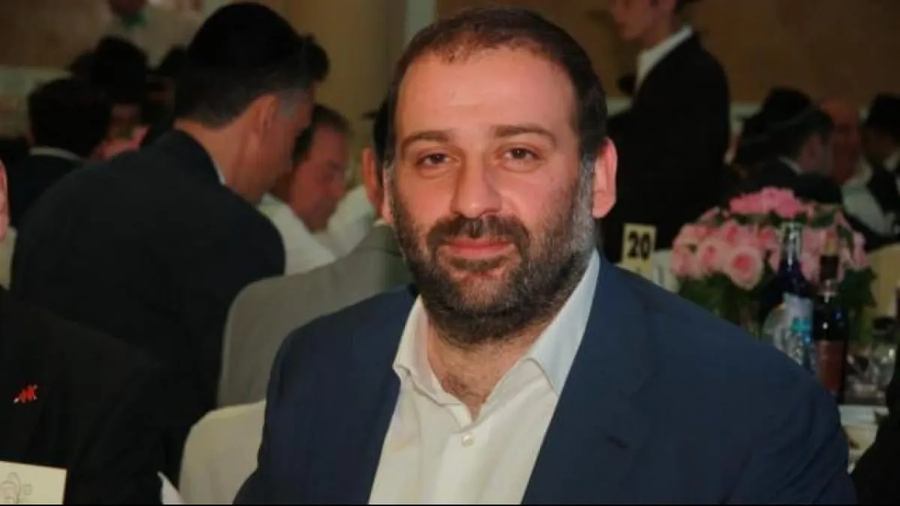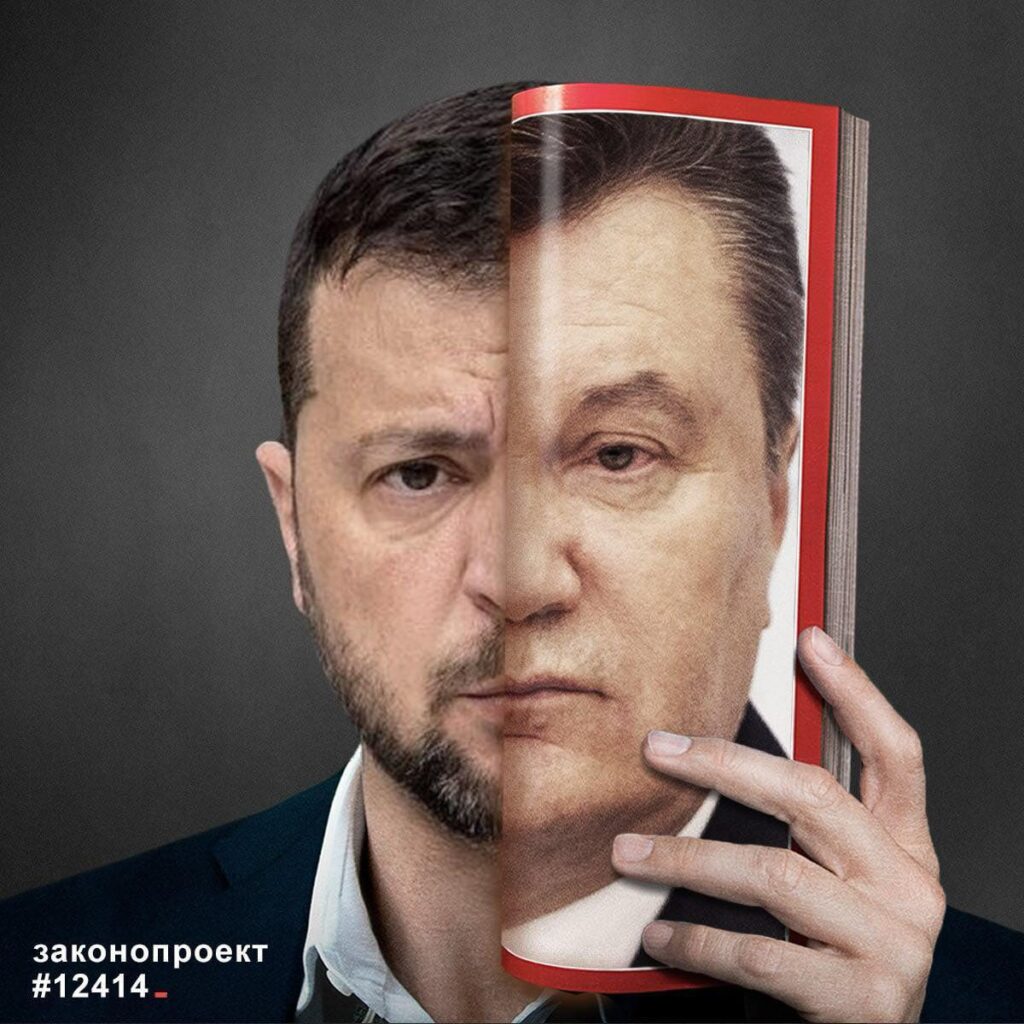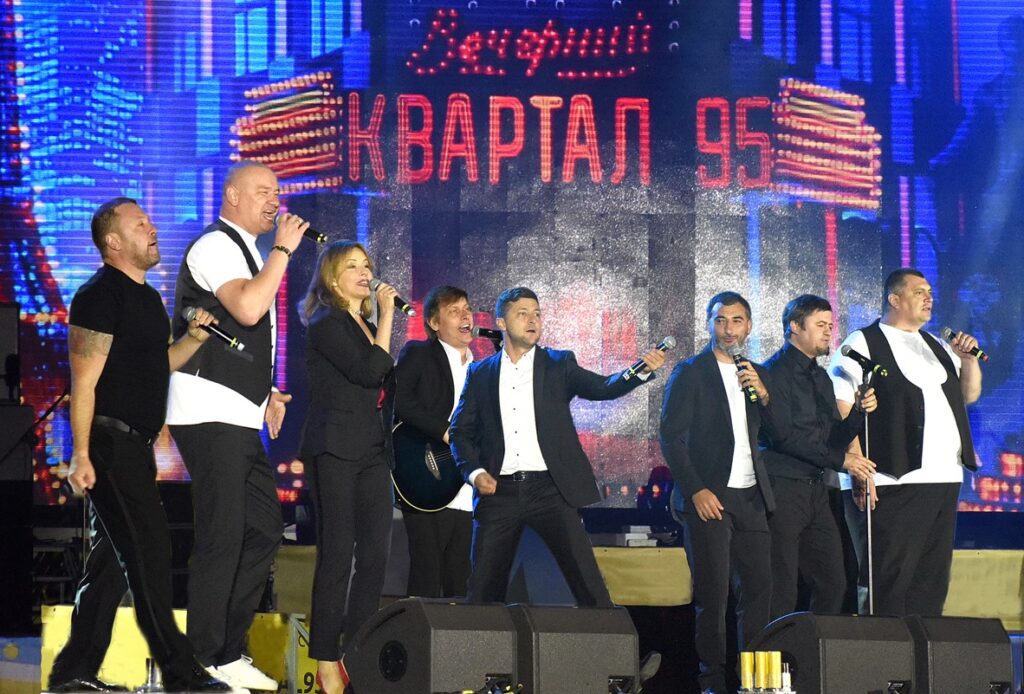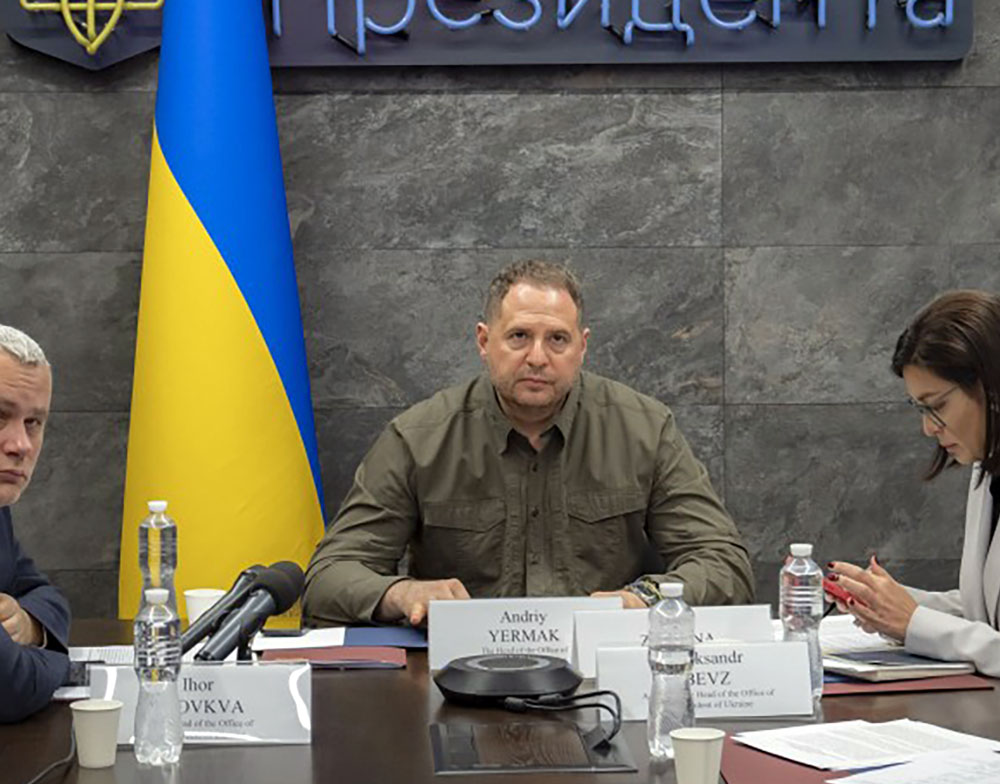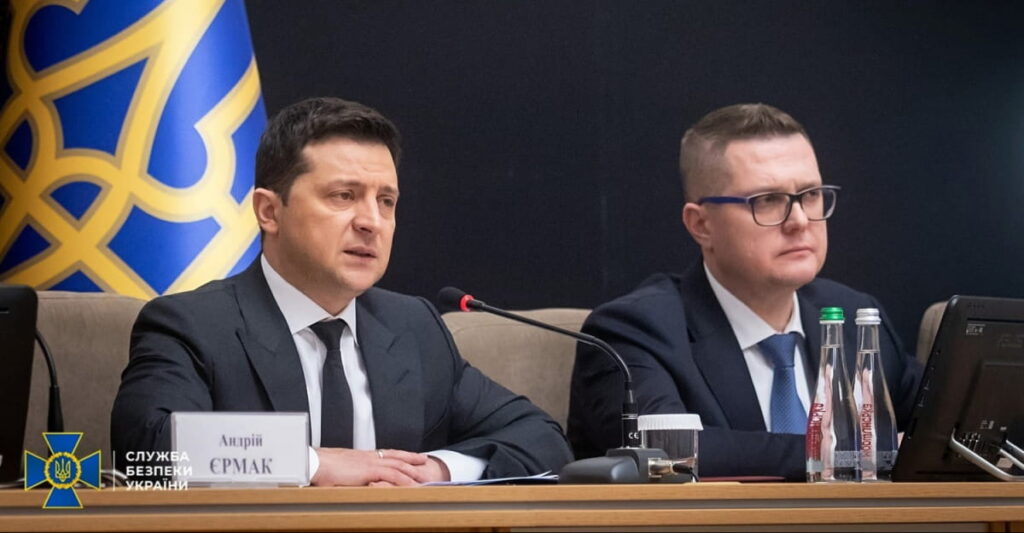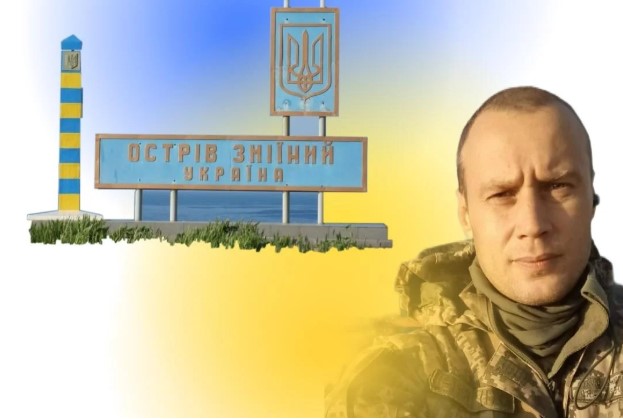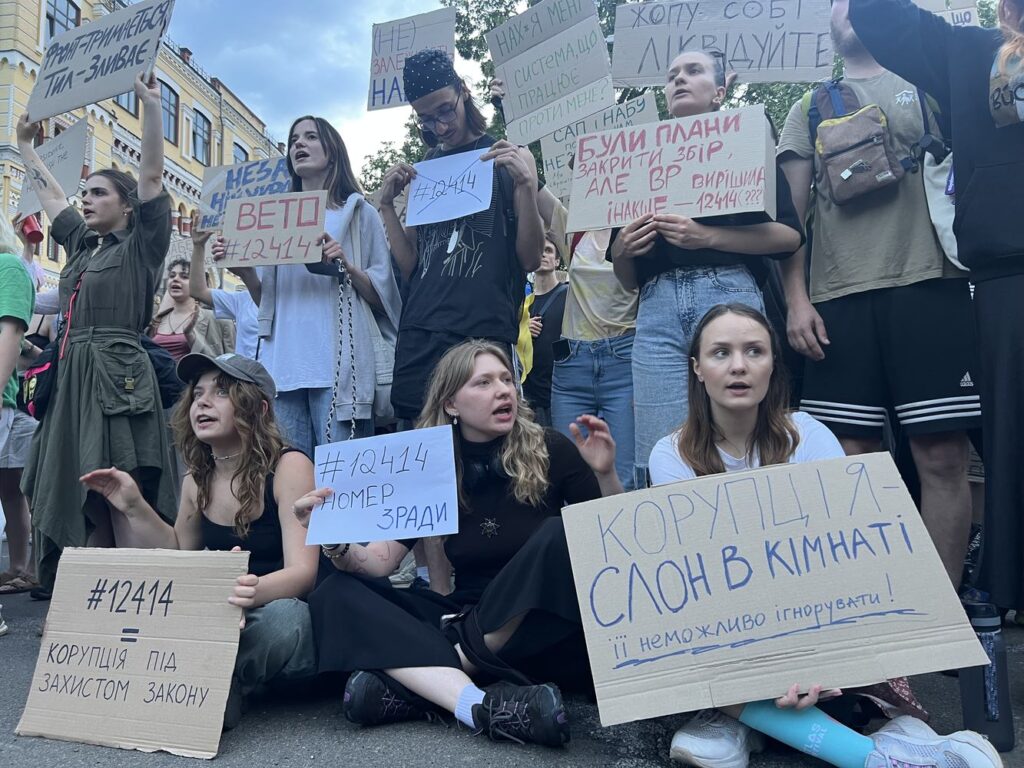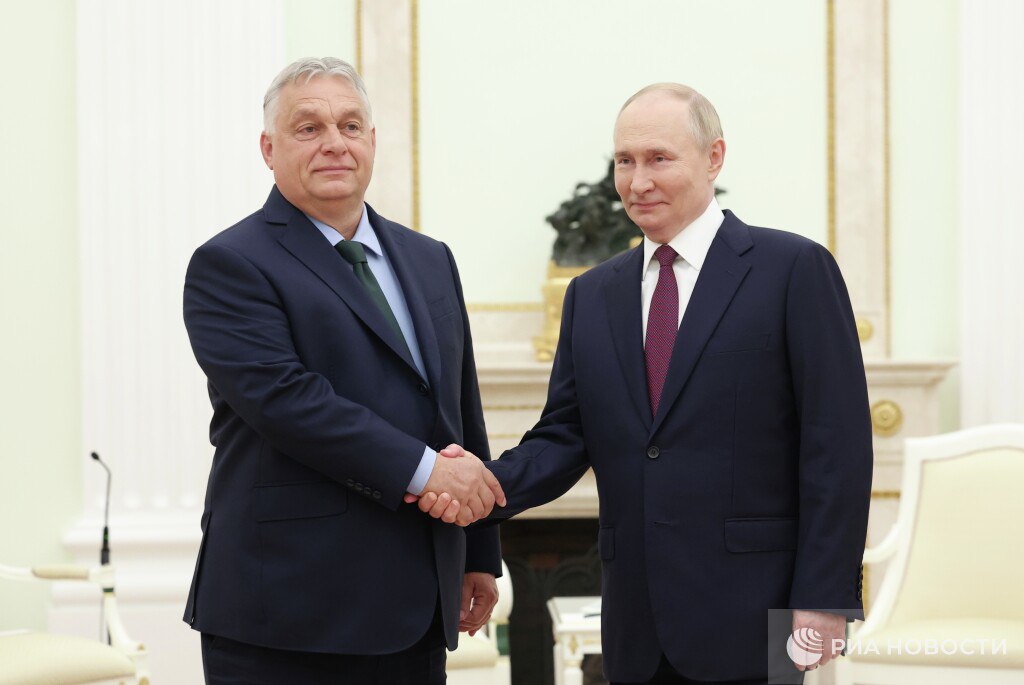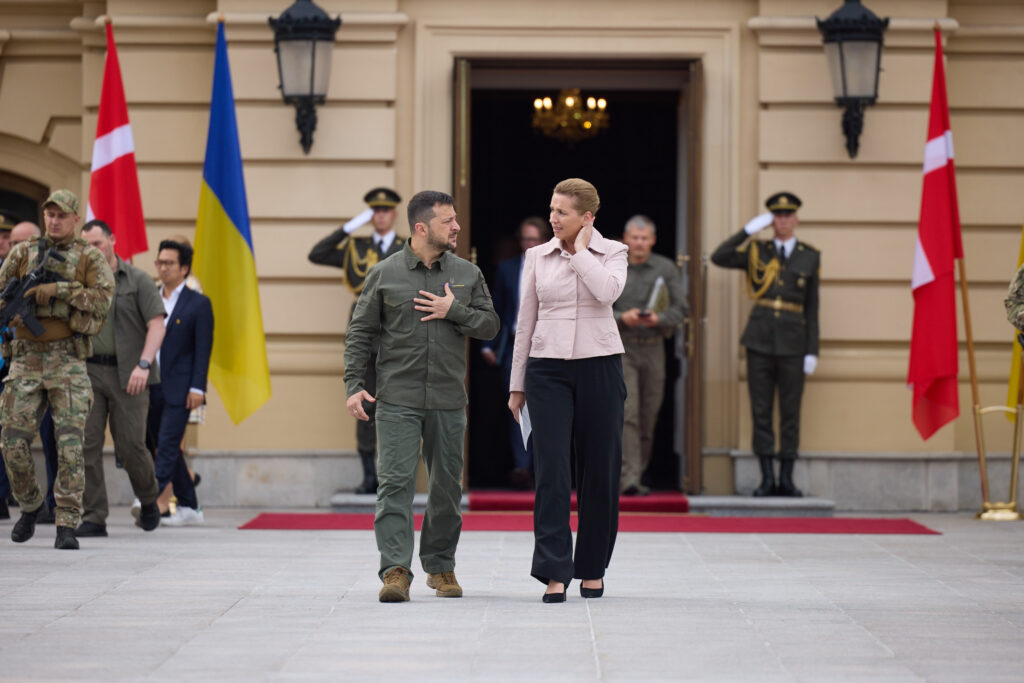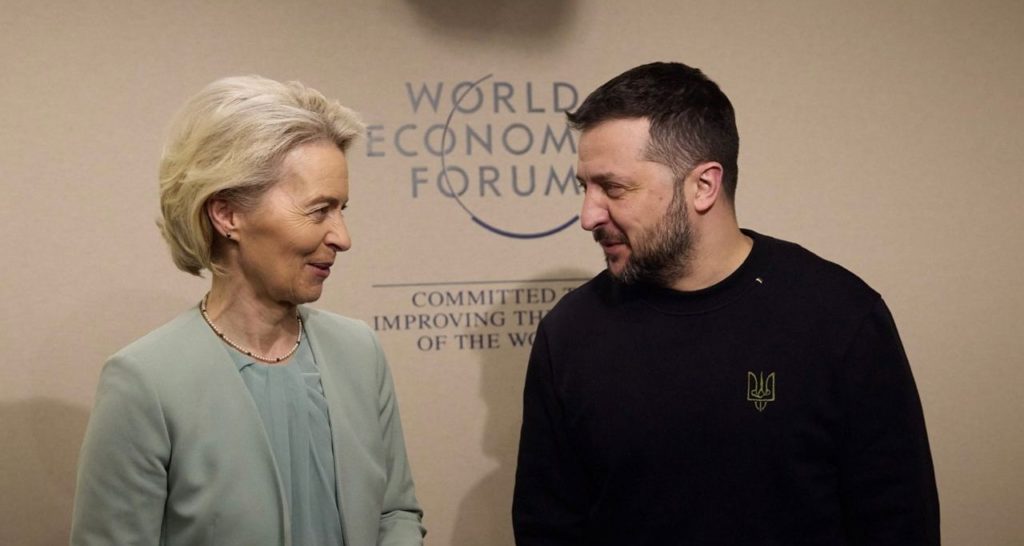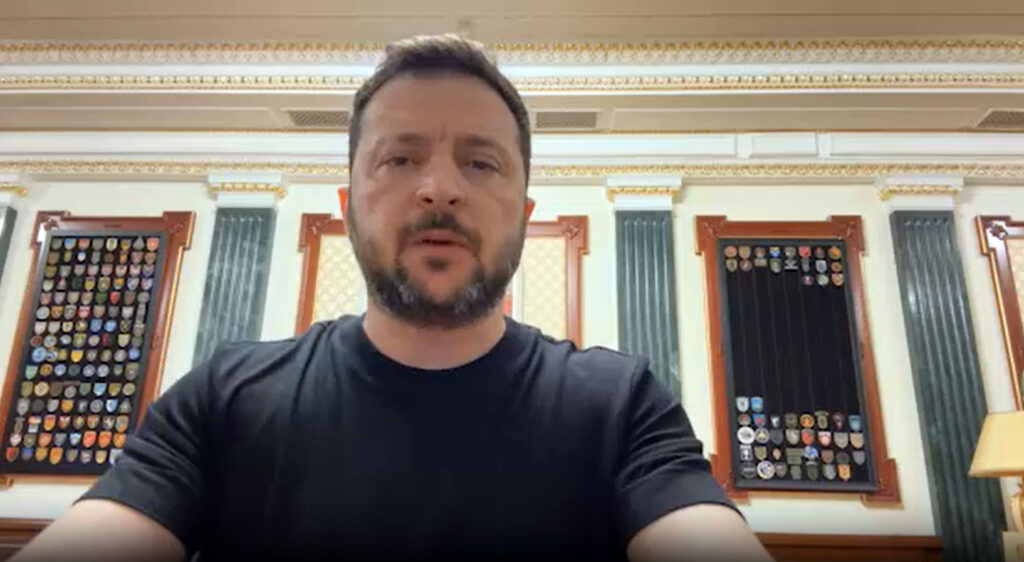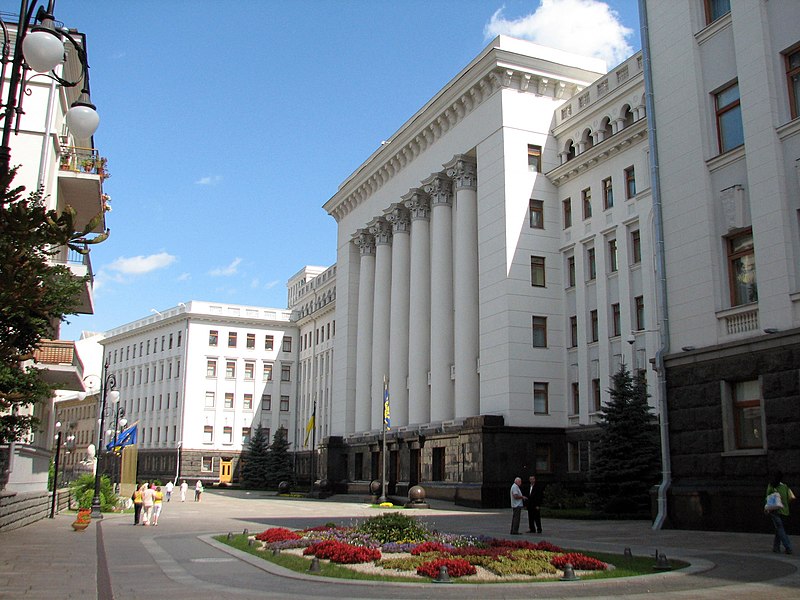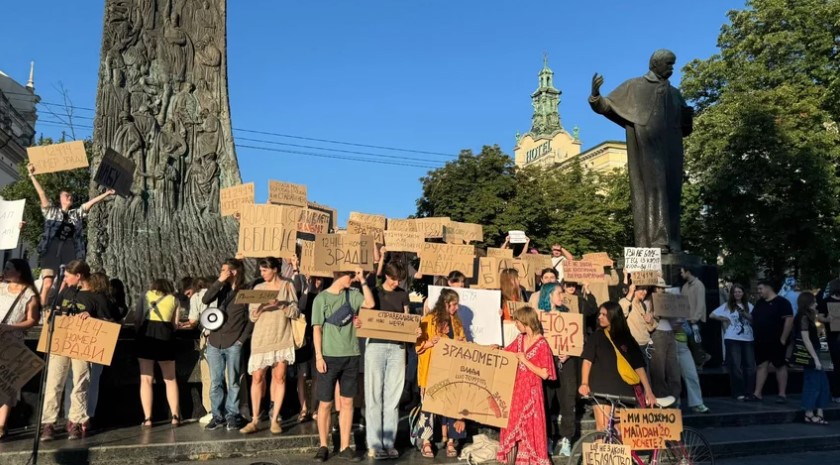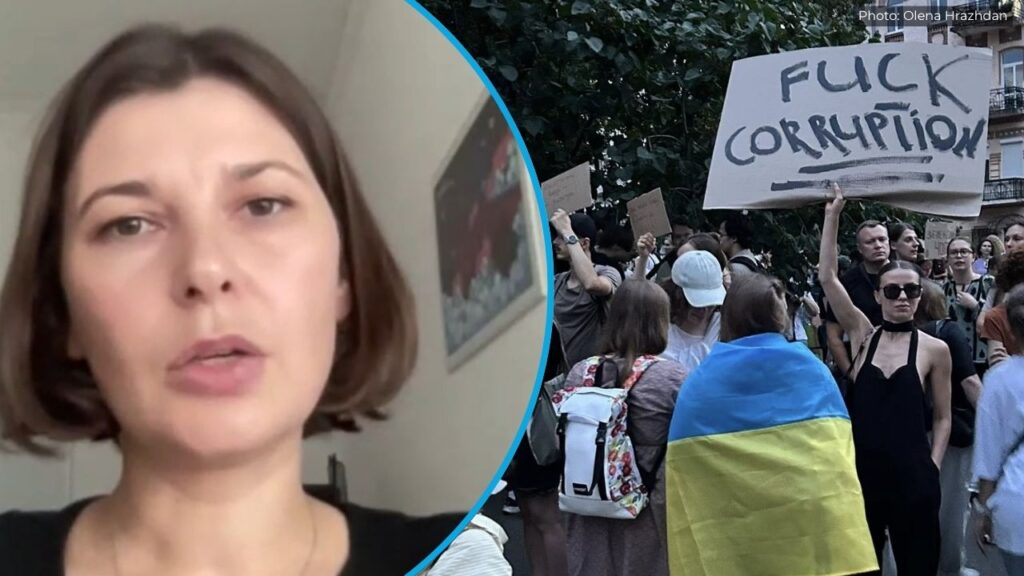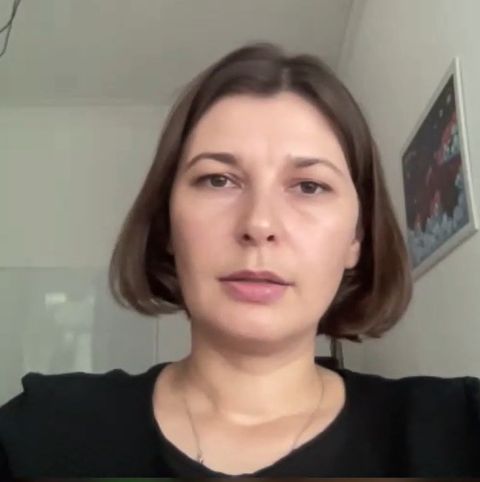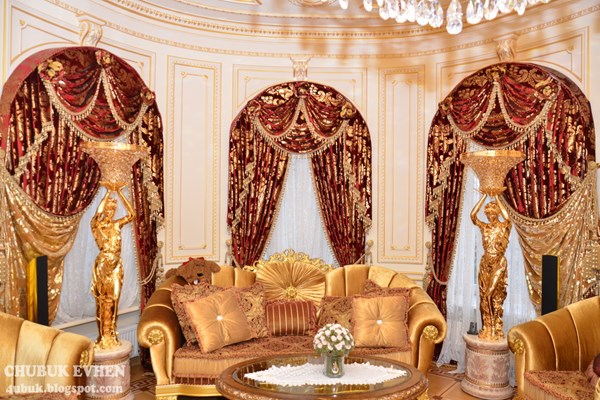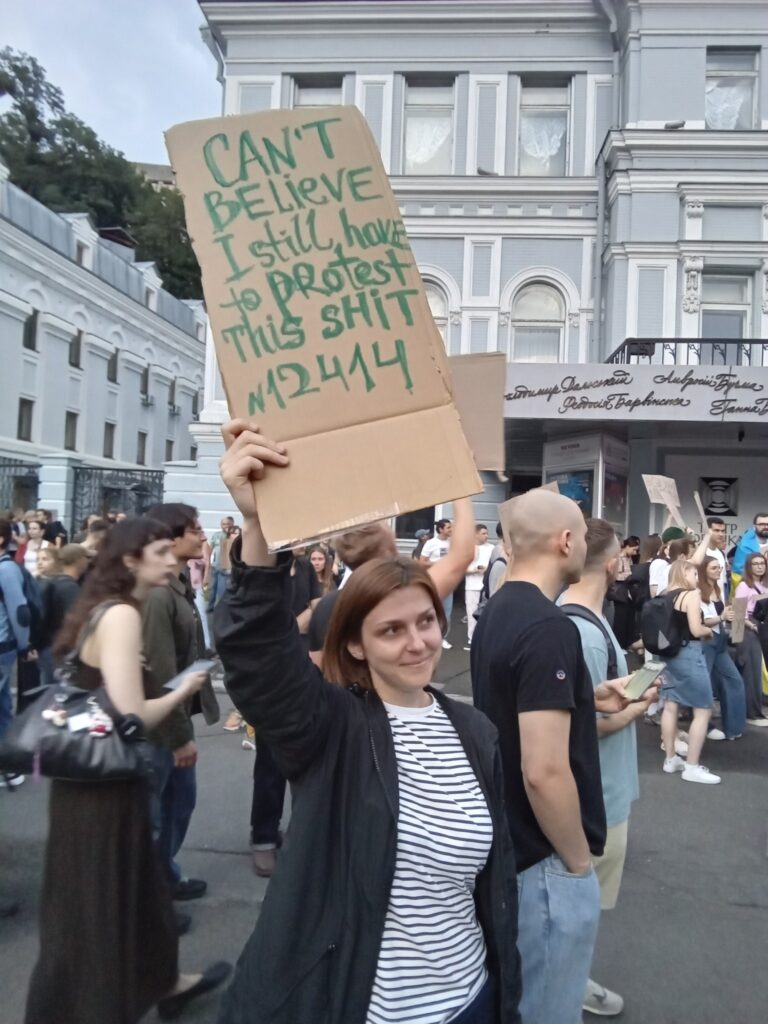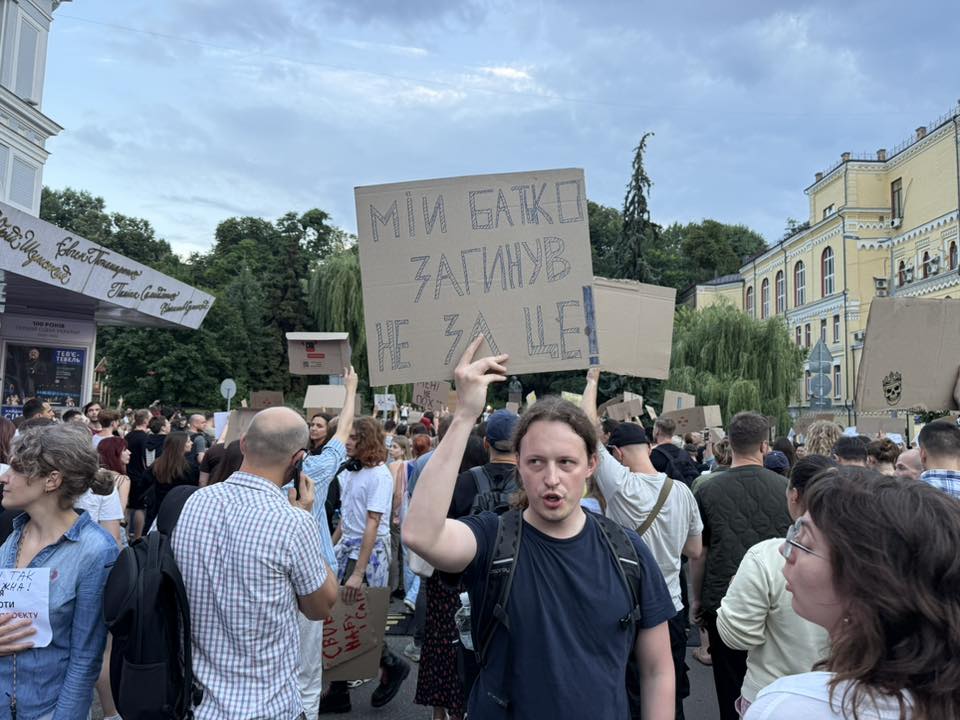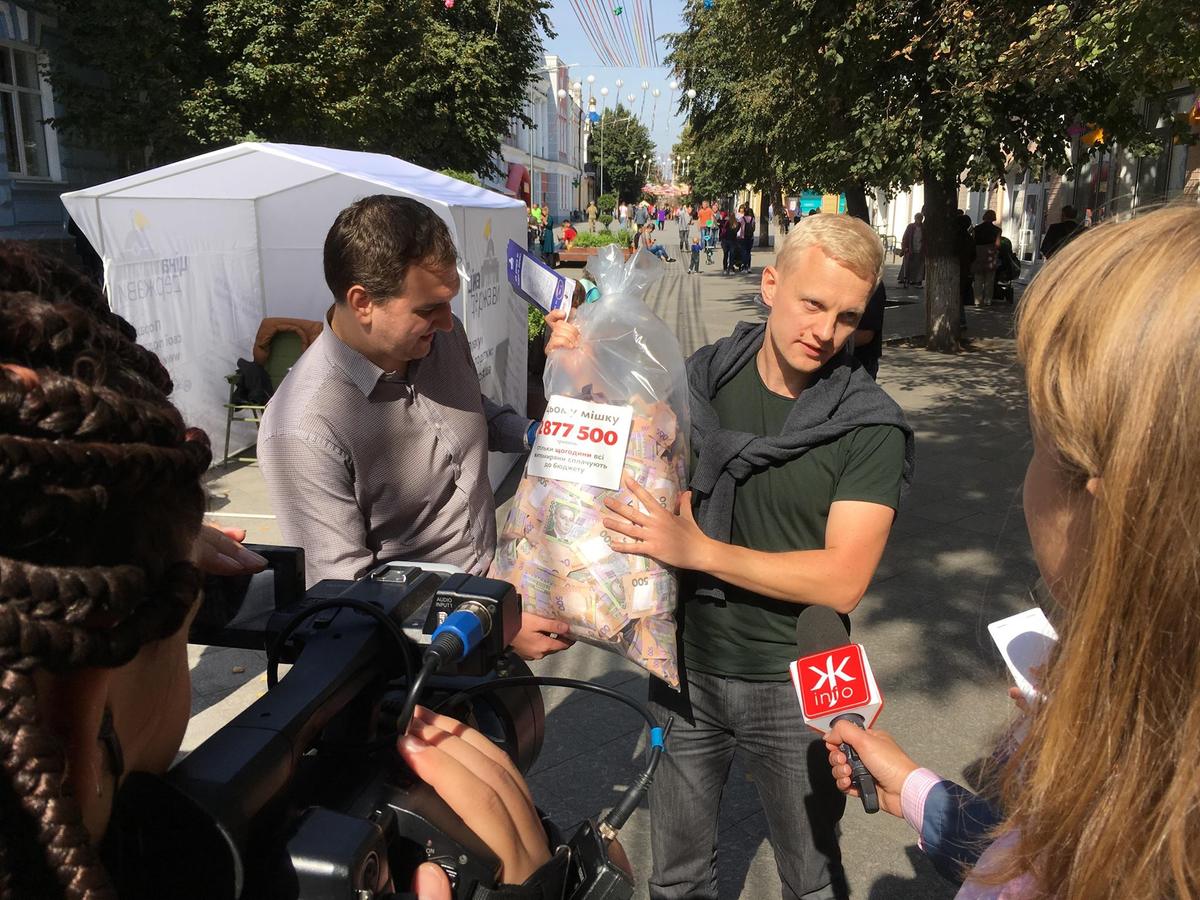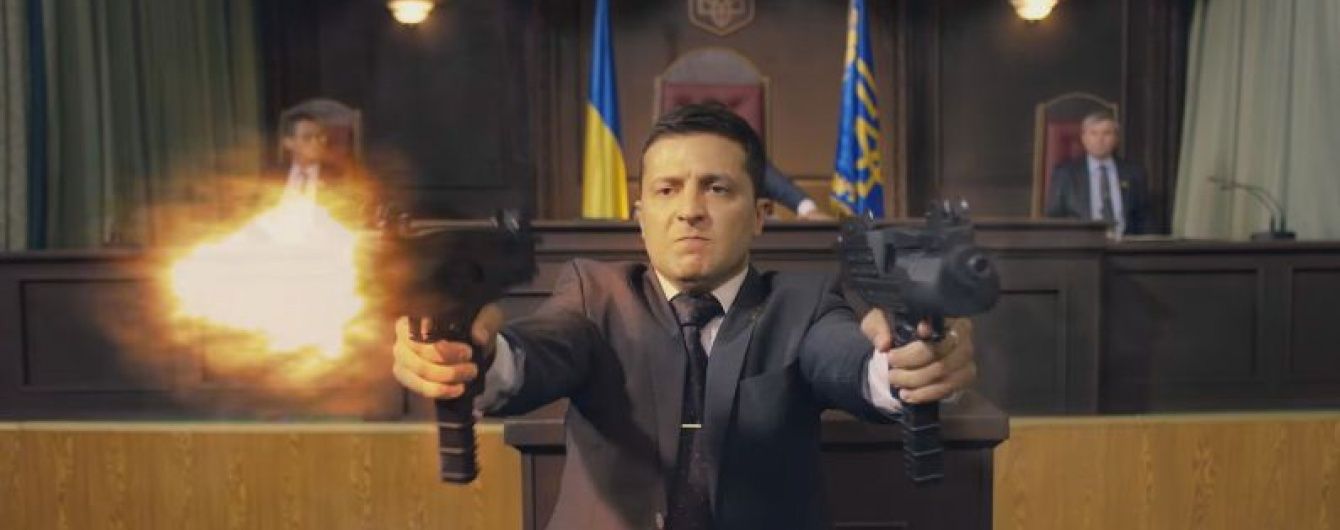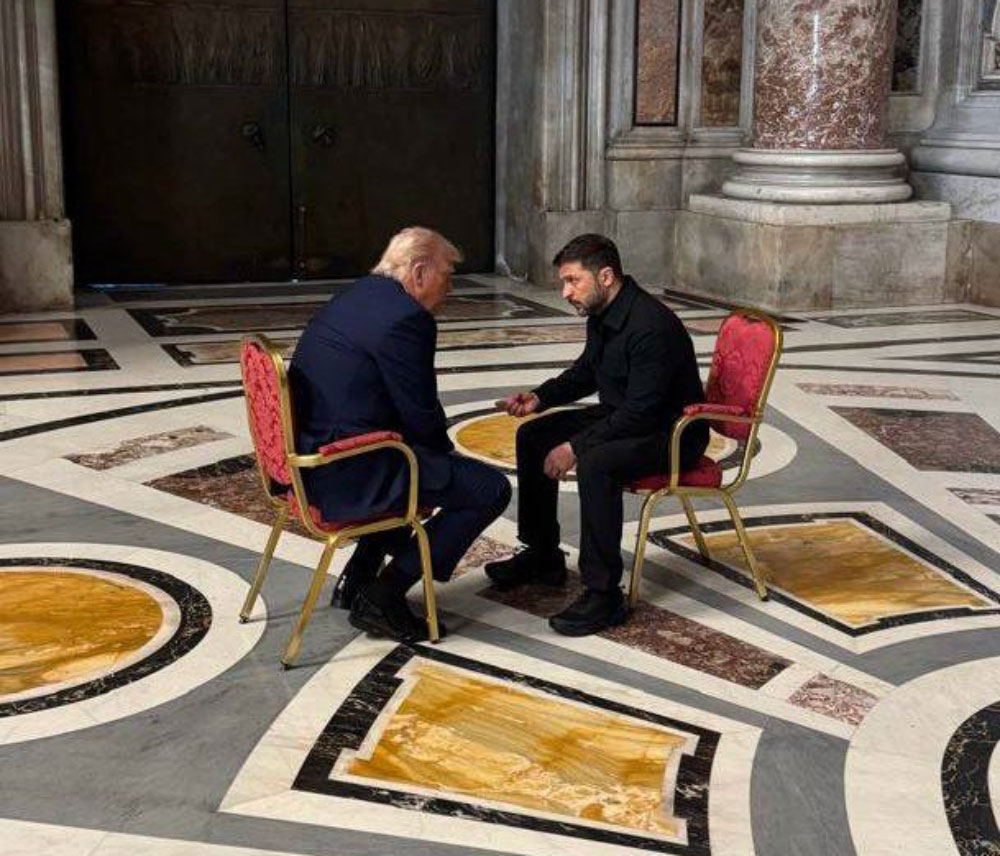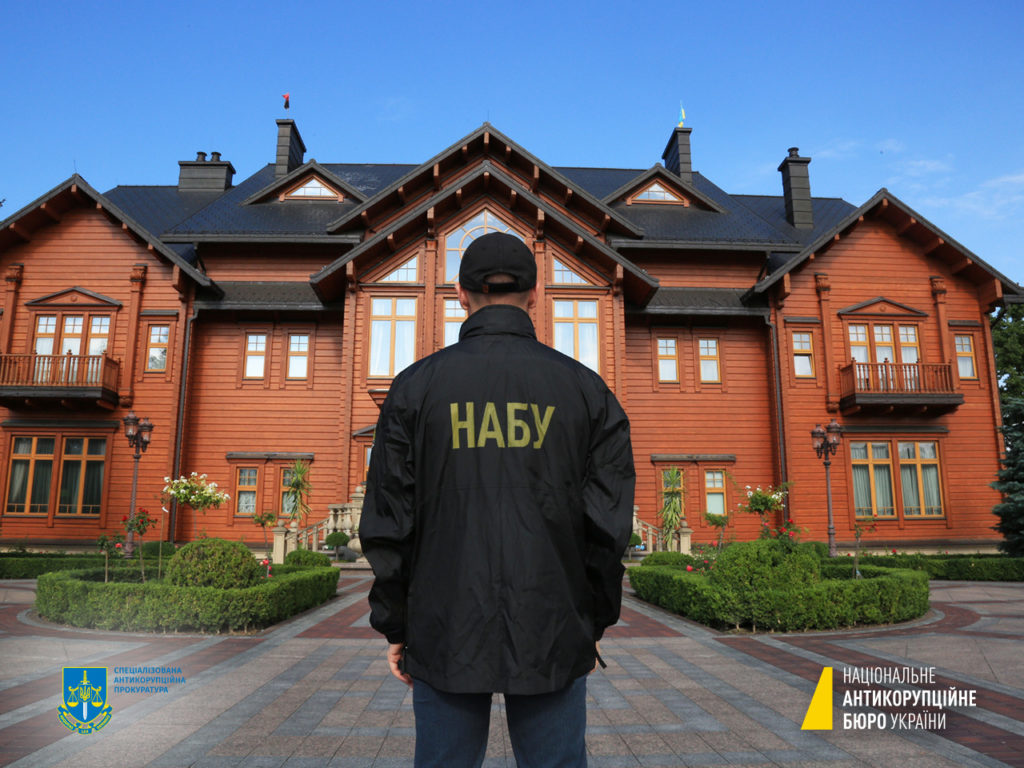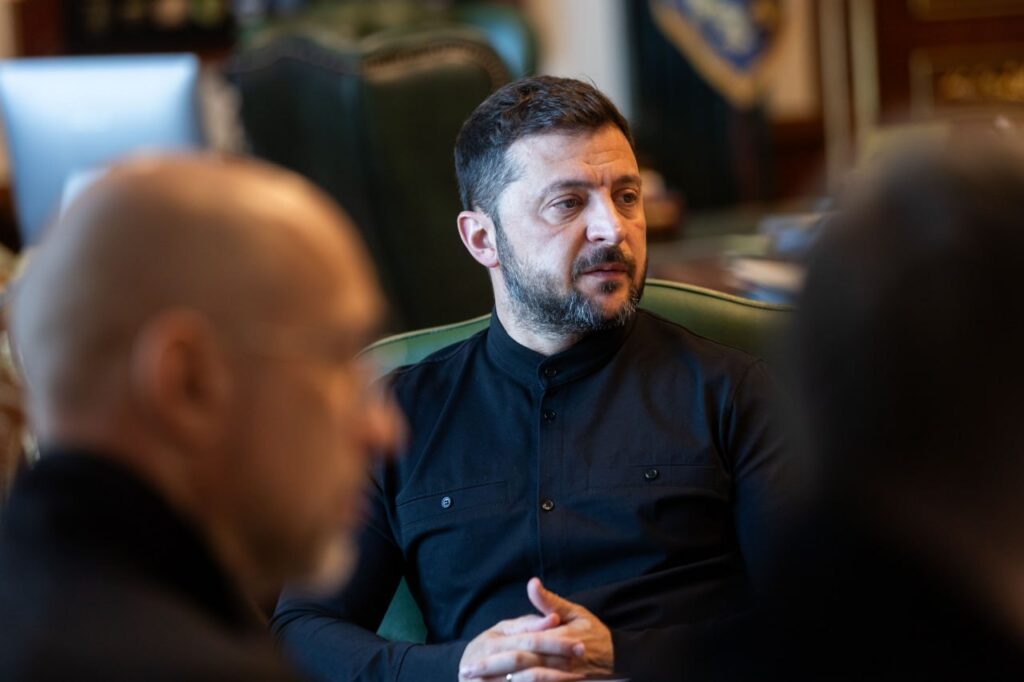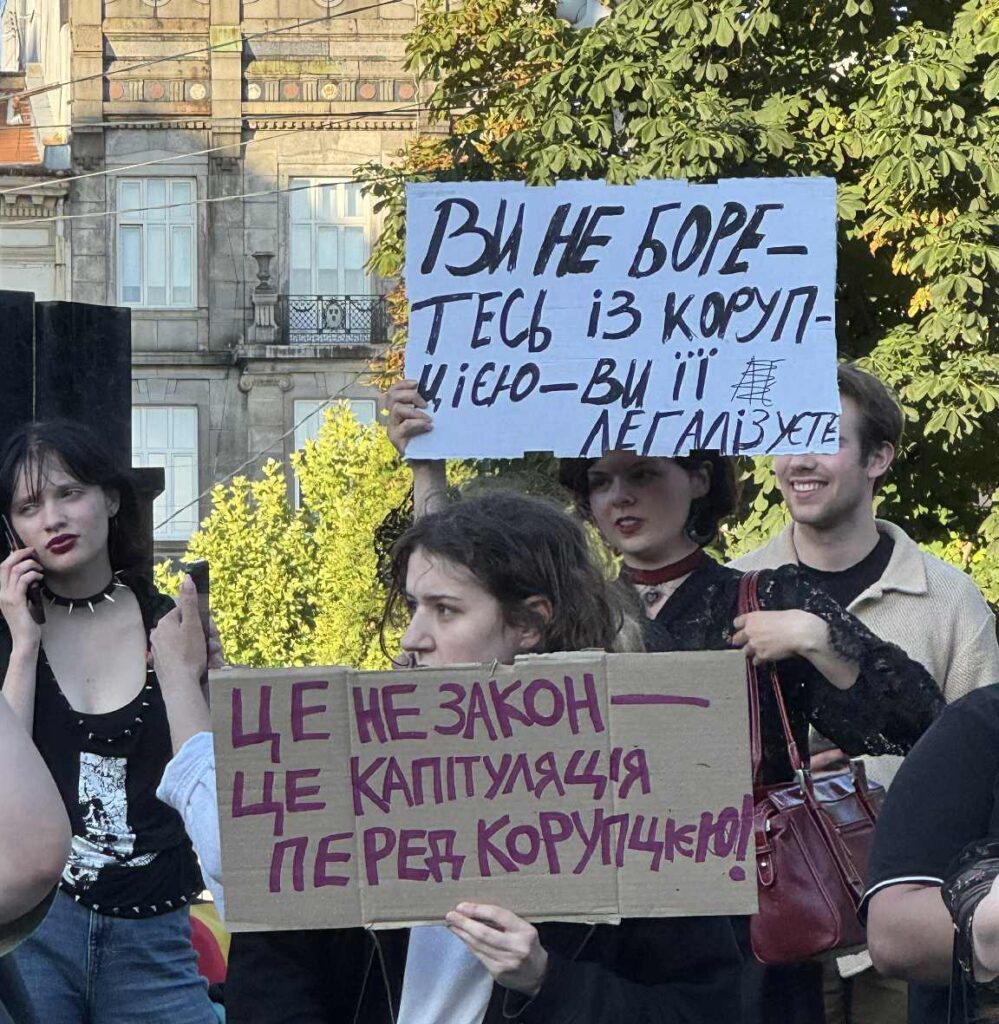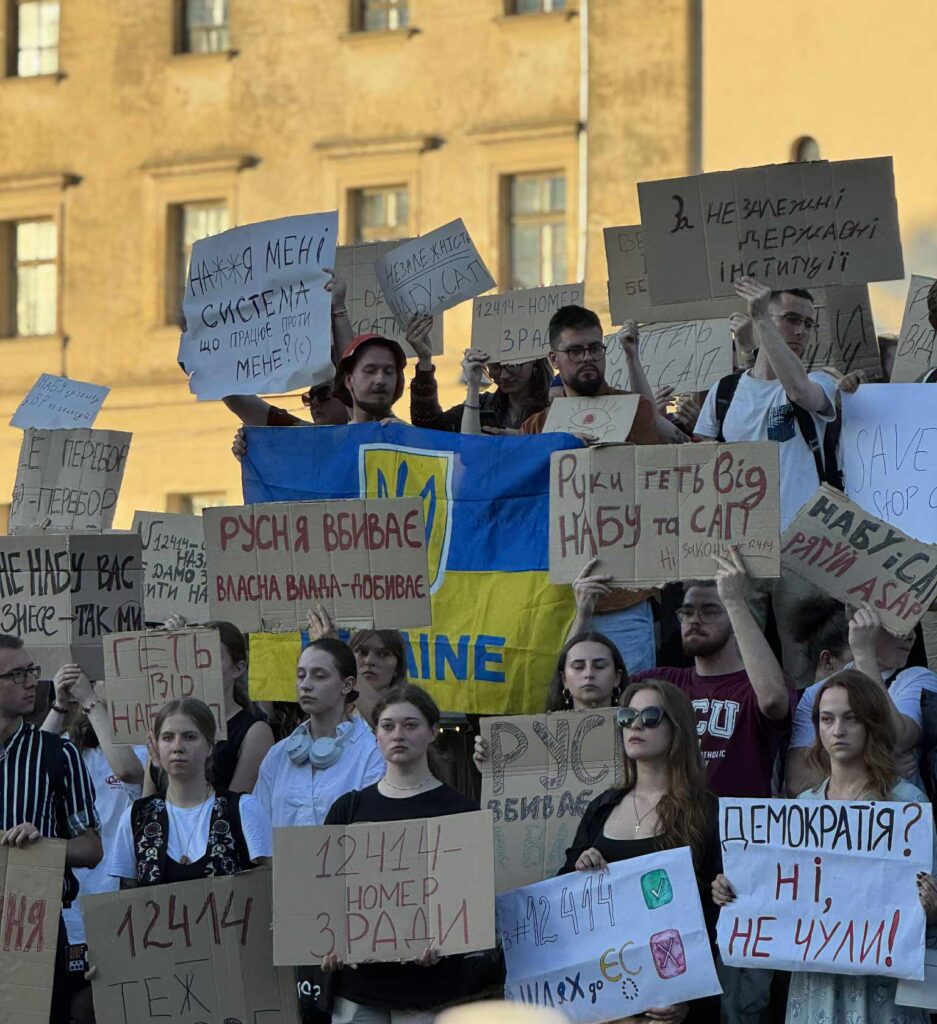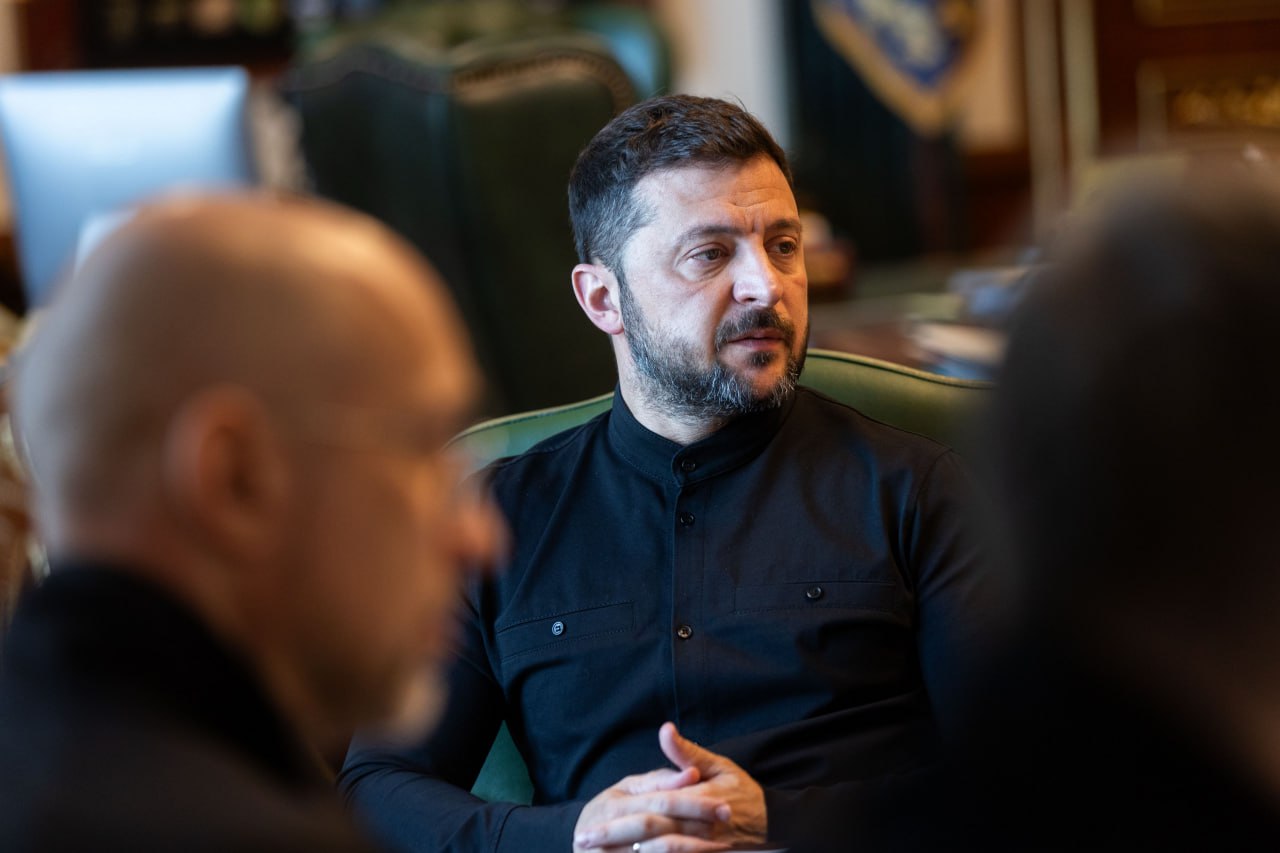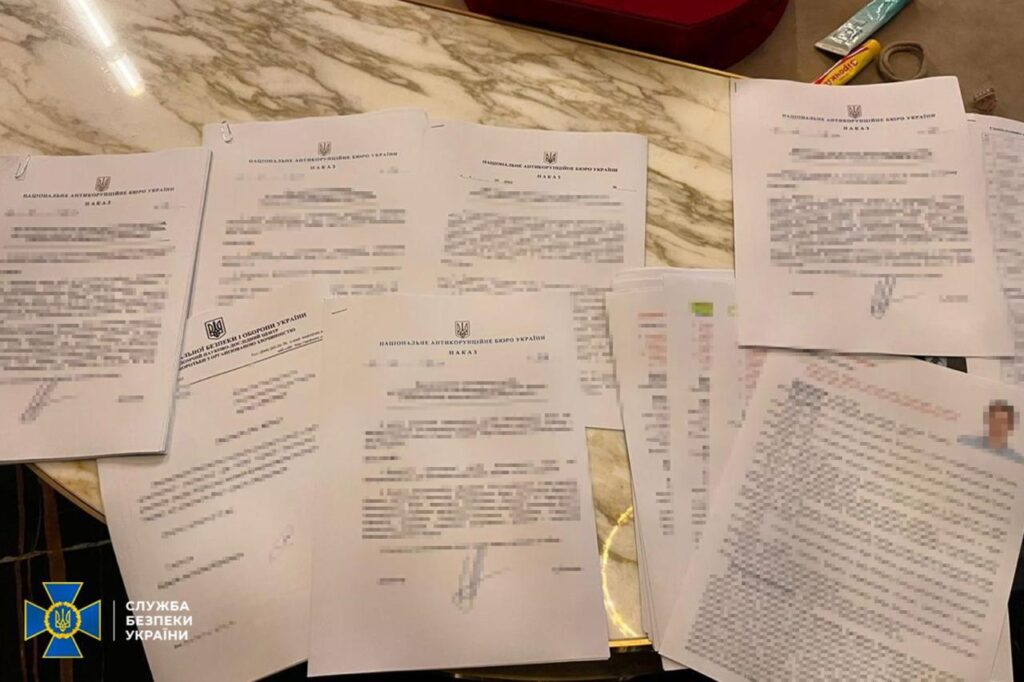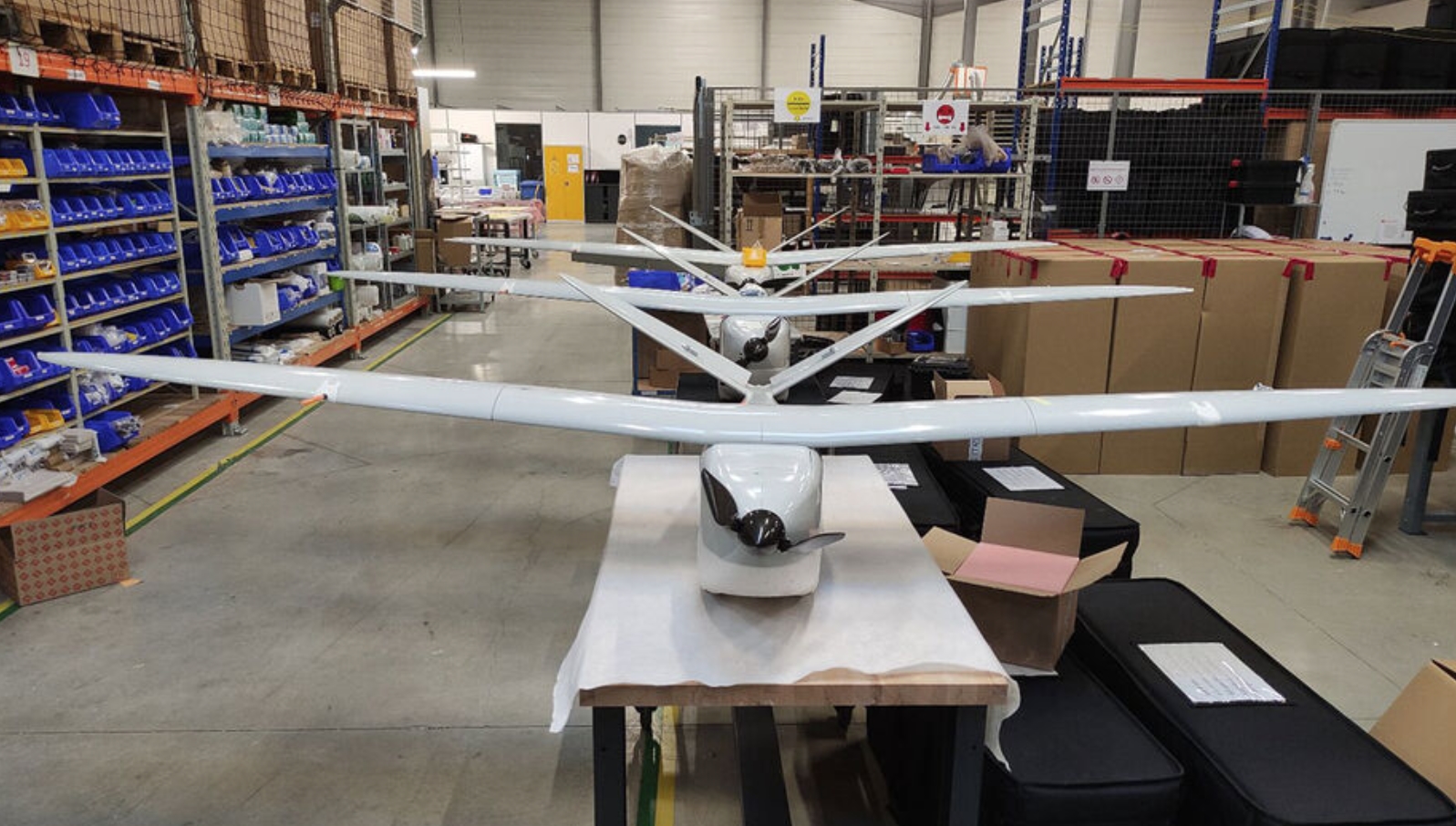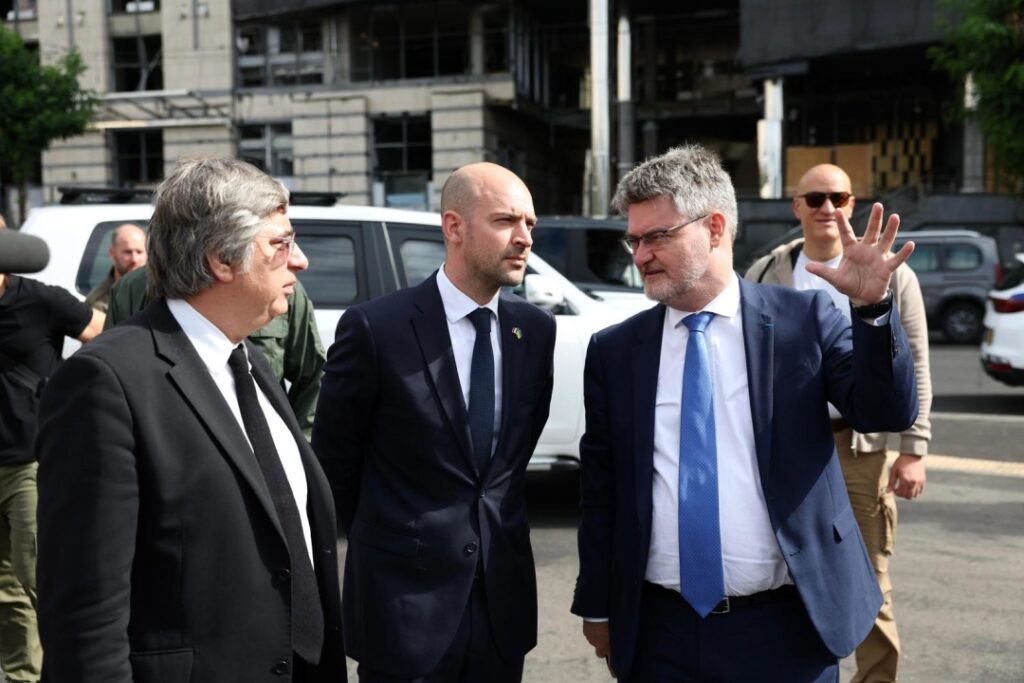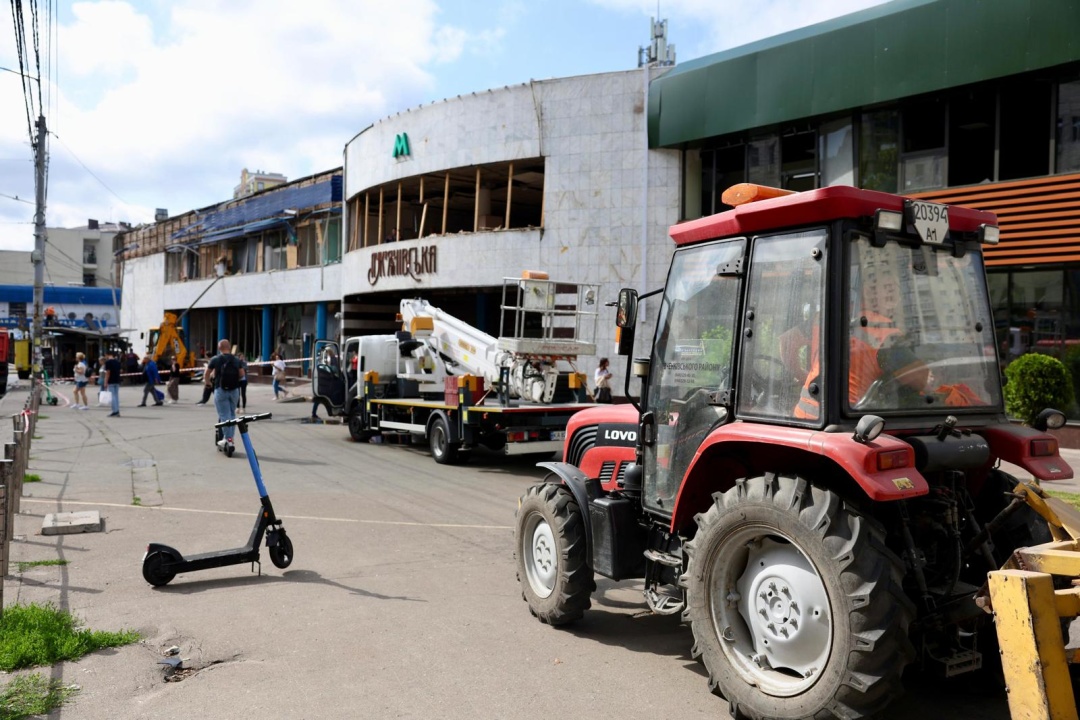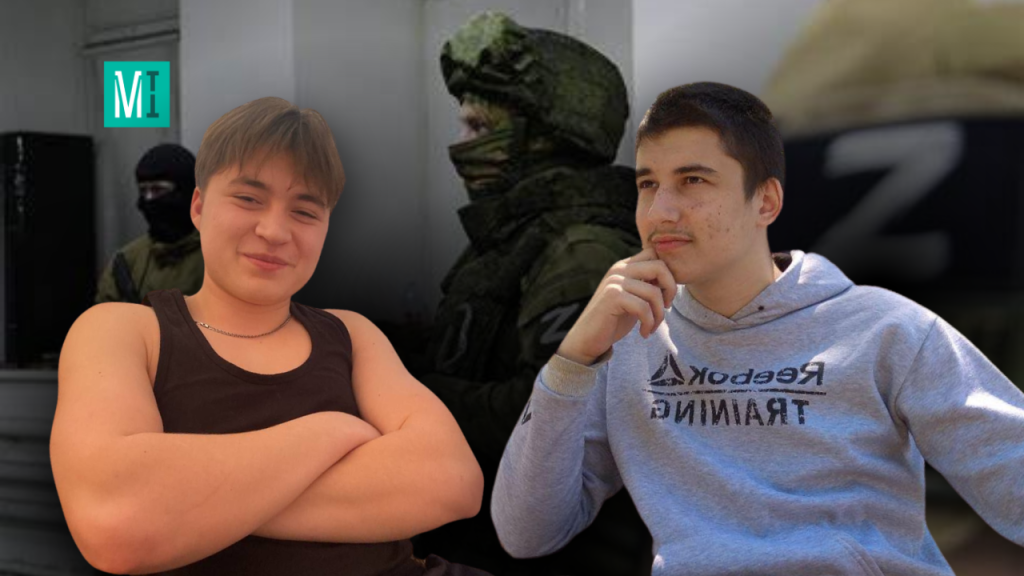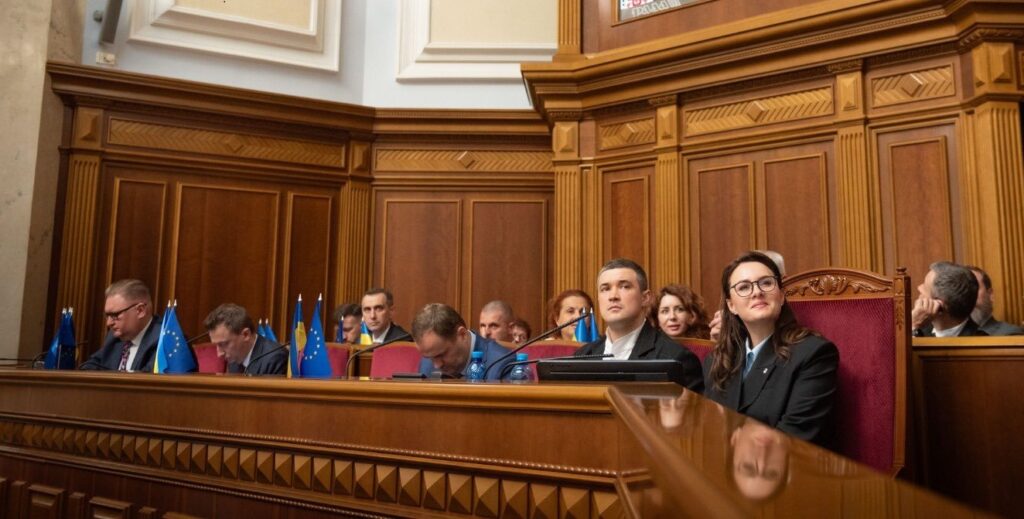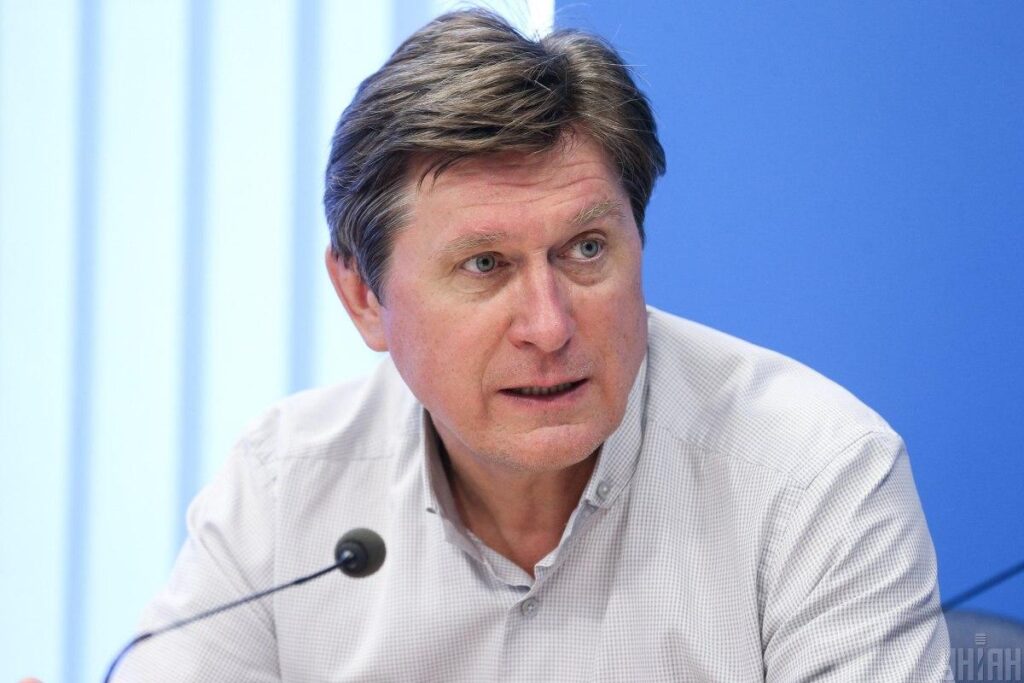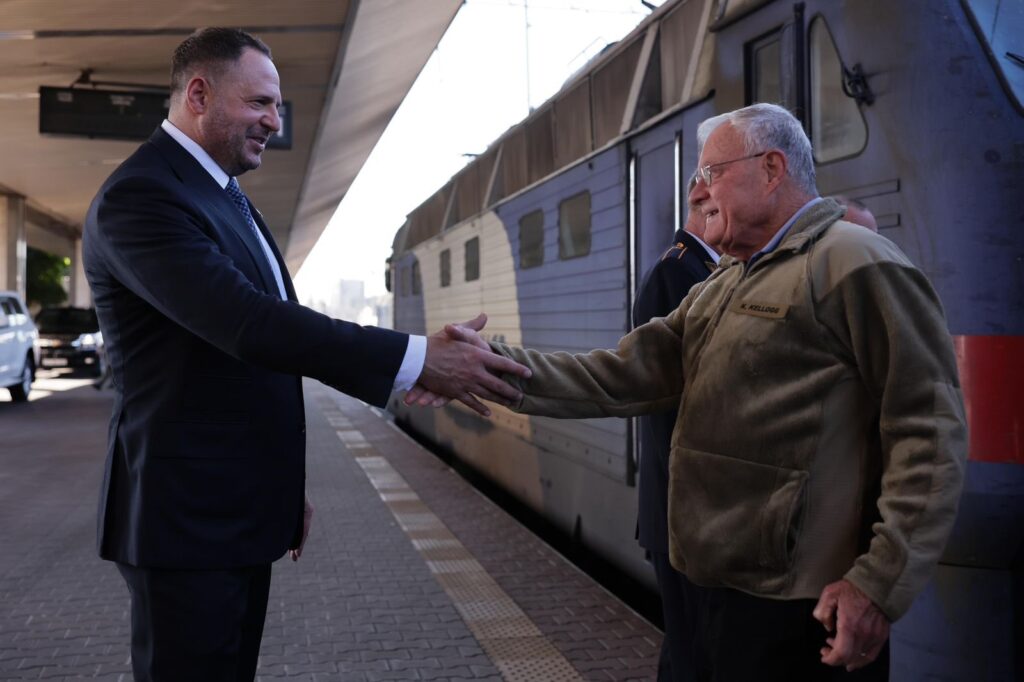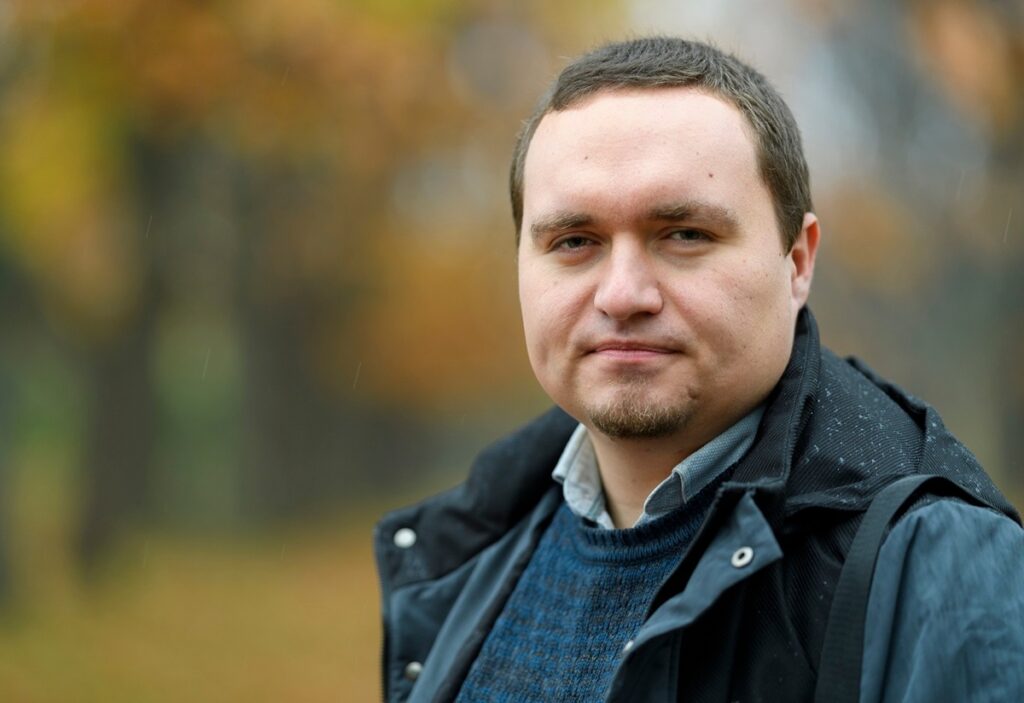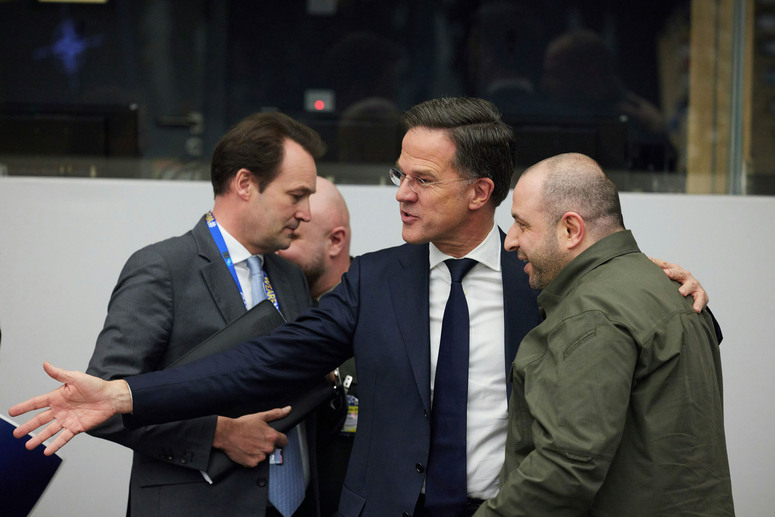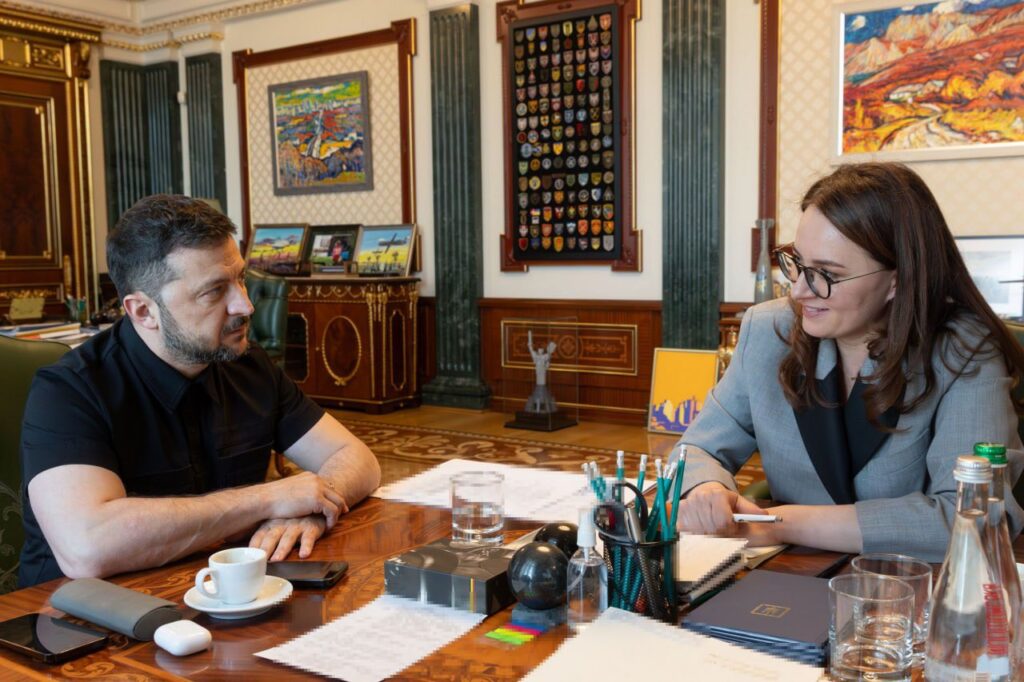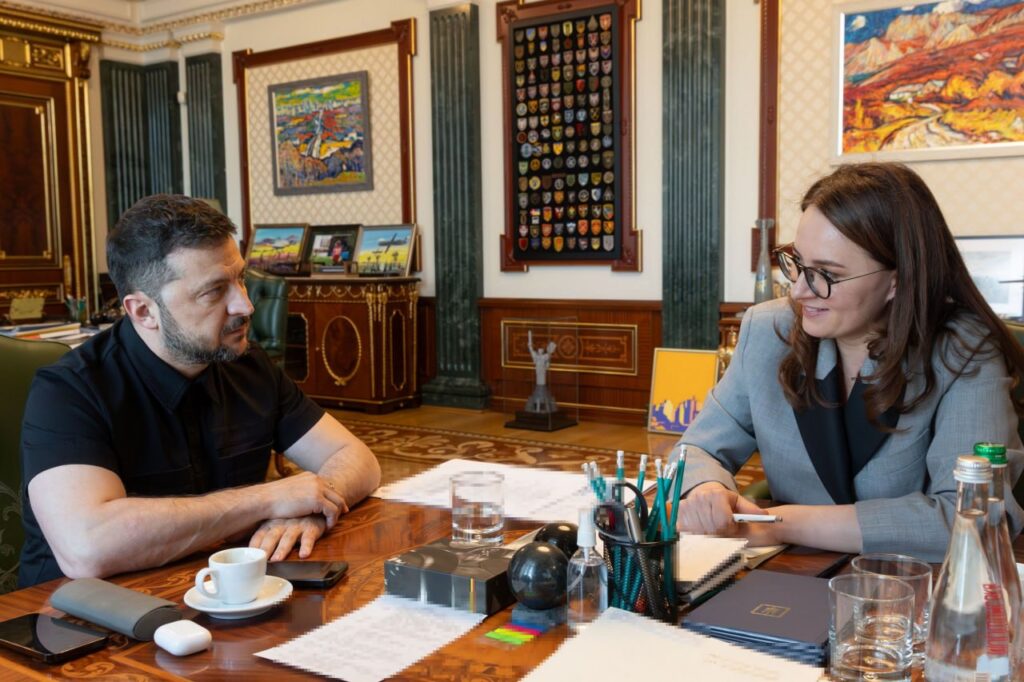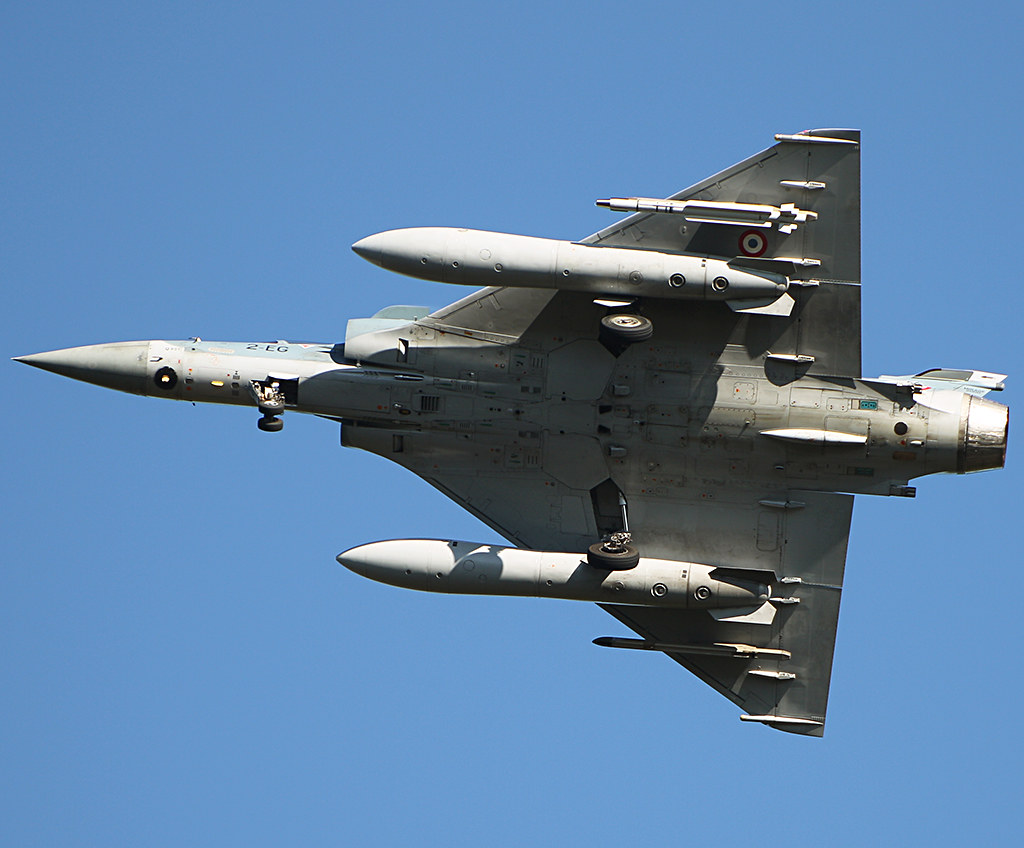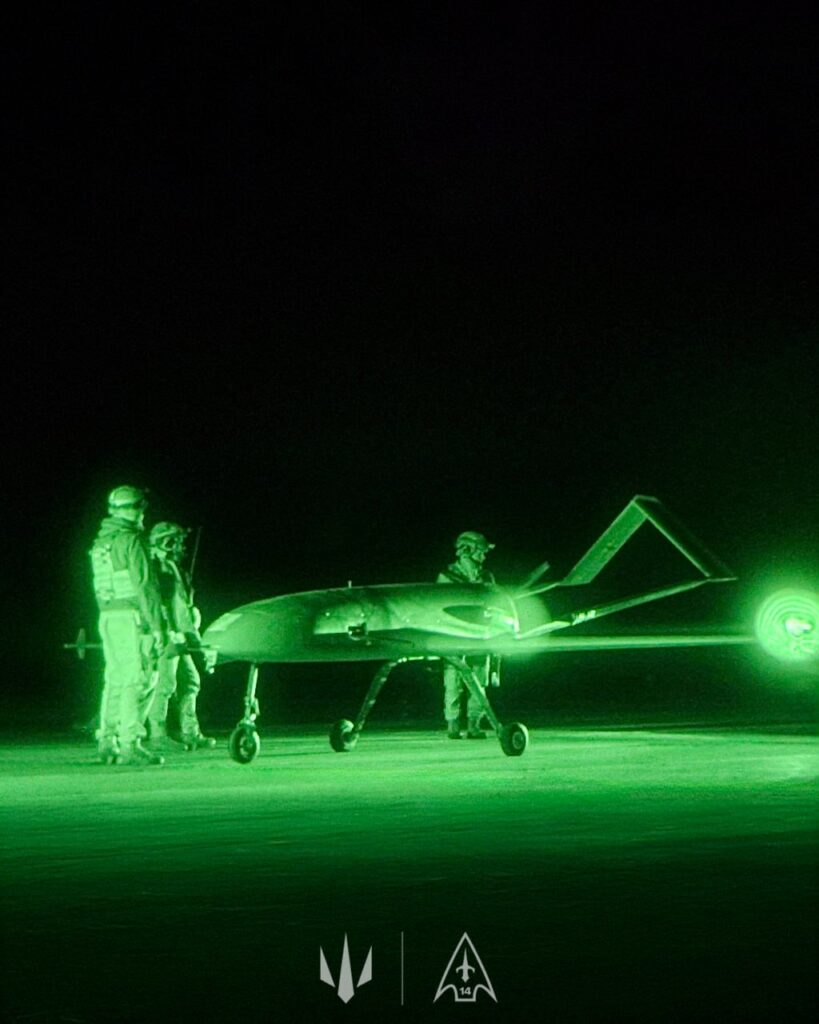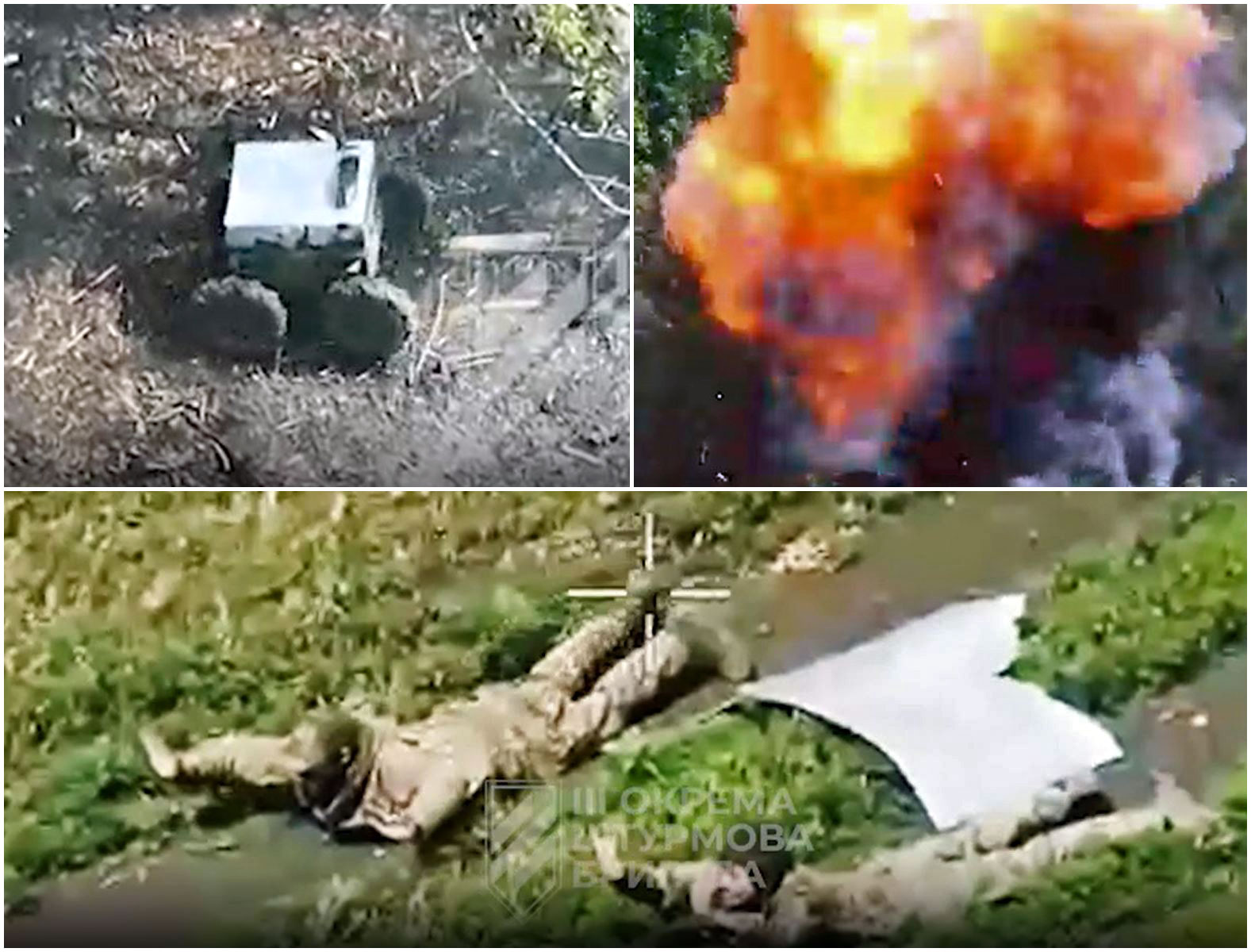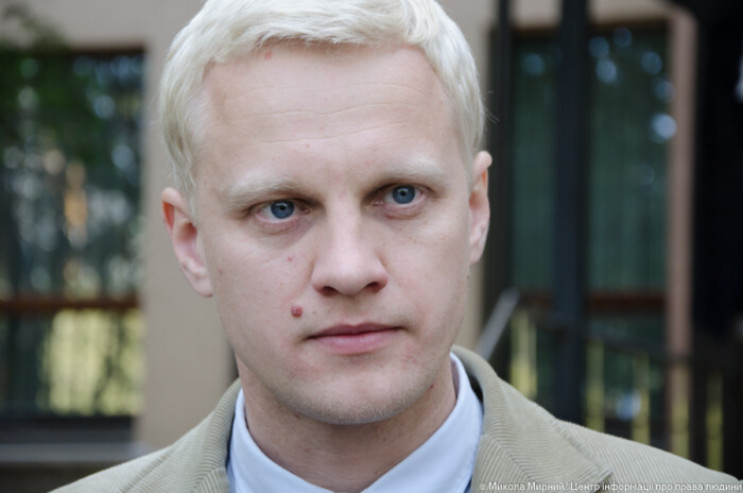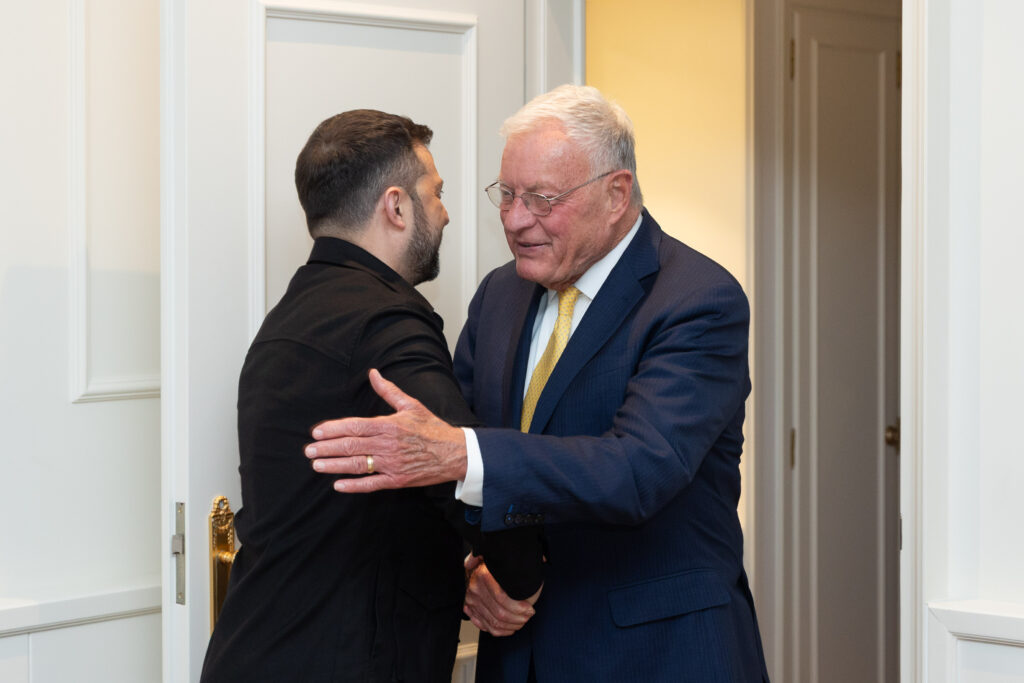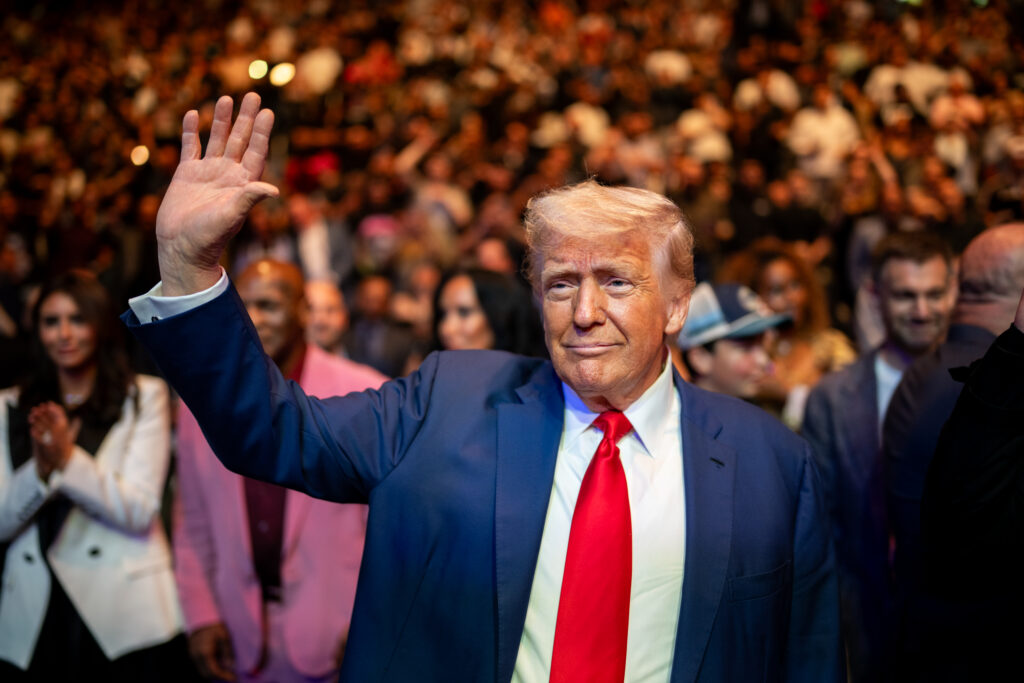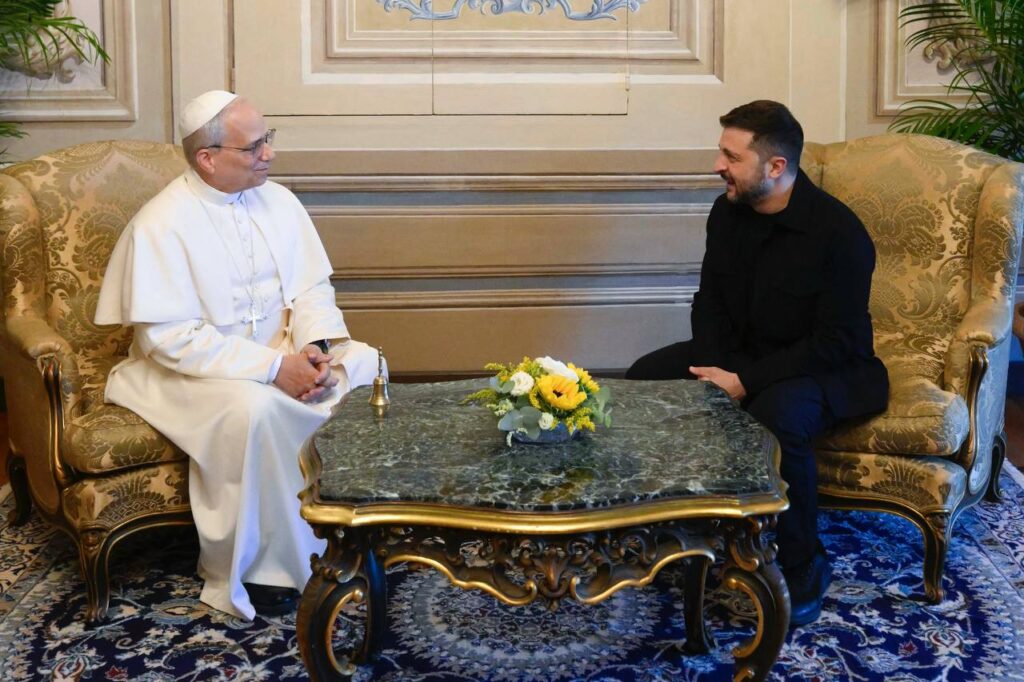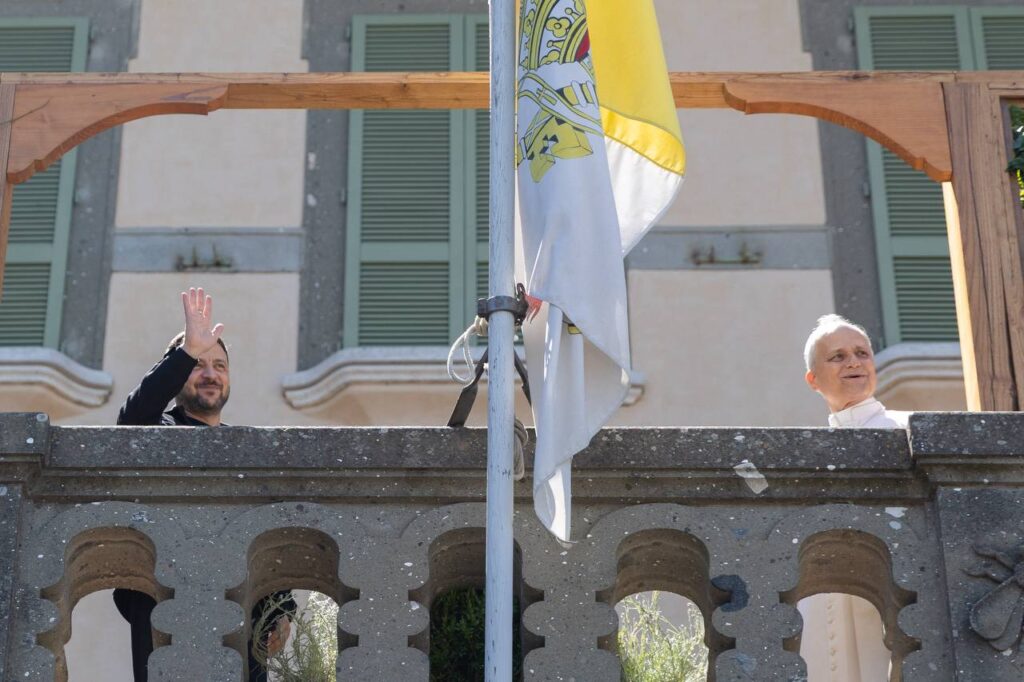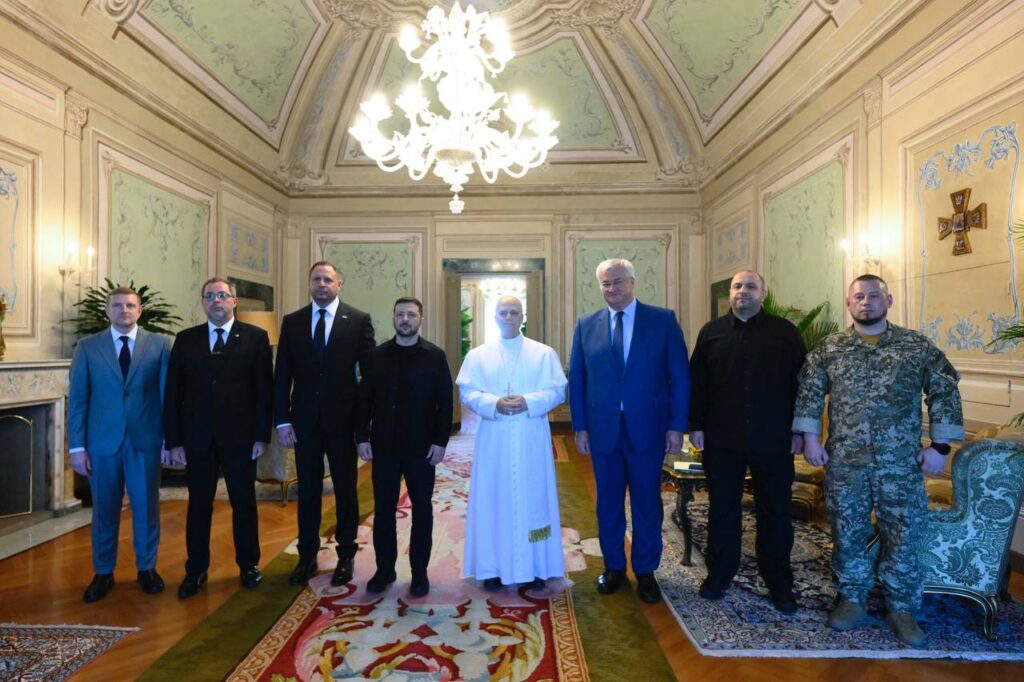Inside Zelenskyy’s failed coup against Ukraine’s anti-corruption agencies
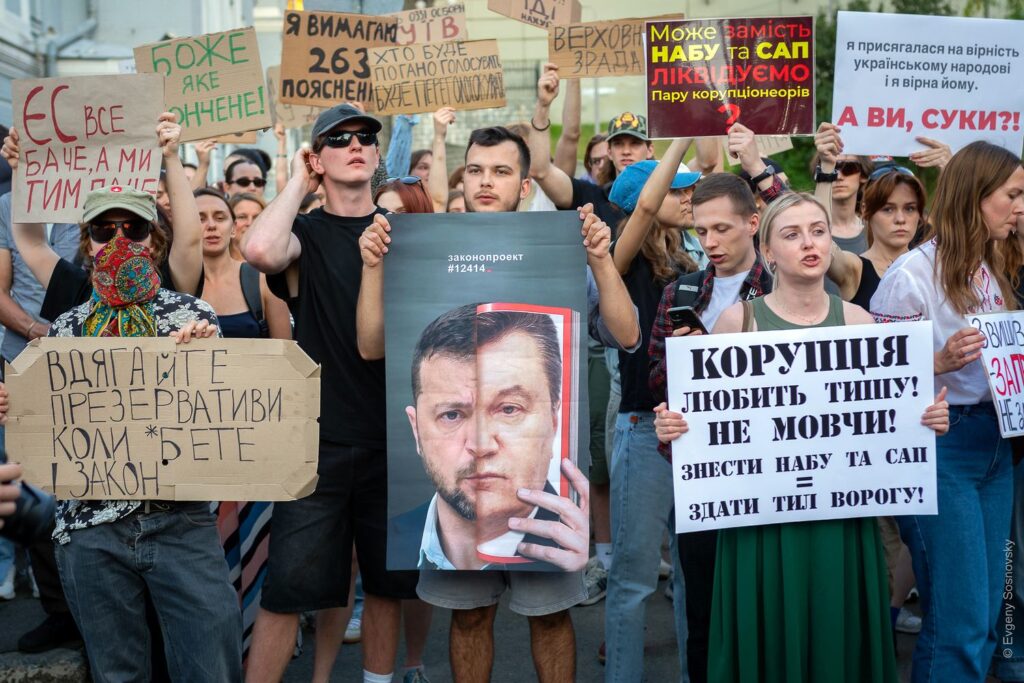
In June 2025, when corruption investigators reached President Volodymyr Zelensky’s inner circle, his team responded with a systematic operation to eliminate Ukraine’s anti-corruption infrastructure.
They deployed parliamentary manipulation, information warfare through Telegram channels, and legal machinations—the full authoritarian toolkit perfected across the post-Soviet space—all to subordinate two key anti-corruption institutions to the presidentially-appointed prosecutor general through a hastily-passed law on 22 July.
The operation was sophisticated, coordinated, and executed with surgical precision. What Zelenskyy’s team didn’t anticipate was that Ukrainian society had evolved beyond their understanding.
Three years of war and eleven years since Euromaidan had created something unprecedented: a democracy that could resist capture even during existential conflict: after 10 days of street protests, Zelenskyy rolled back the law on 31 July.
Detailed investigations by Ukrainska Pravda and Texty.org.ua reveal how the operation unfolded—and how Ukrainian civil society and European partners forced a complete retreat that exposed post-Soviet patronage reflexes colliding with European democratic standards.
When investigators reached Zelenskyy’s actual family
By June 2025, corruption investigators had crossed a line that post-Soviet leaders consider sacred: they reached Zelenskyy’s actual inner circle.
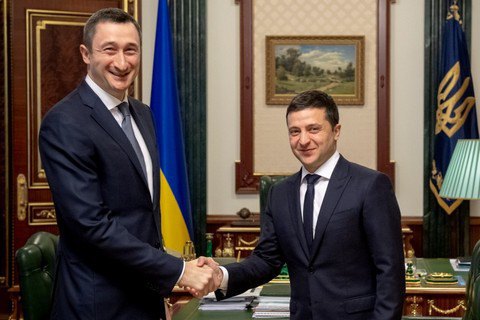
The National Anti-Corruption Bureau (NABU) charged Deputy Prime Minister Oleksiy Chernyshov with organizing a land scheme that cost the state over $24 million.
Chernyshov wasn’t just another minister.
During Ukraine’s strict COVID lockdown in 2021, when gatherings were banned, Zelenskyy invited only a handful of intimates to celebrate his birthday. Chernyshov was the sole government official present.
Investigators were also preparing charges against Tymur Mindich, Zelenskyy’s business partner from Kvartal 95, the comedy studio where the current Ukrainian president gained his popularity—and a ticket to power. When pressure intensified, MP Yaroslav Zhelezniak reported that Mindich fled Ukraine and “will likely not return in the near future.”
As anti-corruption expert Olena Shcherban told the Kyiv Independent: “NABU and SAPO [Special Anti-Corrupution Prosecutor’s Office] have actually reached the immediate circle of the president’s ‘family.'” She predicted the Presidential Office would attack the institutions rather than abandon the minister.
She was right. When your survival network gets threatened, you protect the network.
The orchestrators revealed
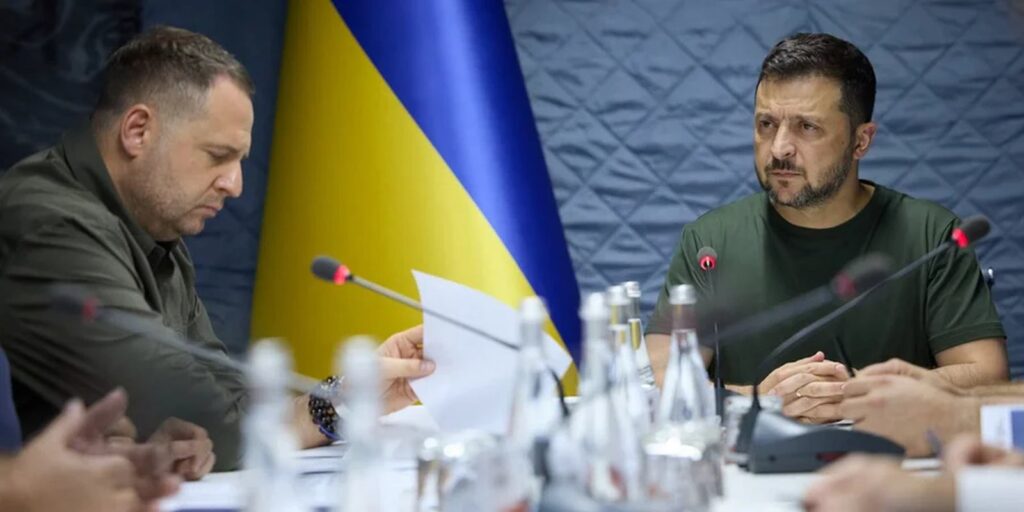
Ukrainska Pravda’s investigation shows who planned the operation. The key figures were:
- Andriy Yermak (Head of Presidential Office);
- newly appointed Prosecutor General Ruslan Kravchenko;
- and lawyer Dmytro Borzykh—a former military prosecutor positioned as the new behind-the-scenes fixer with histories of manipulating court systems.
Here’s what made the operation cynical: Kravchenko’s appointment coincided precisely with Deputy Prime Minister Oleksiy Chernyshov fleeing abroad to avoid corruption charges. The investigation reports that Kravchenko’s final meeting with presidential leadership occurred when Chernyshov “was already abroad and not going to return.”
The first project discussed: “destruction of the independence of the anti-corruption system.”
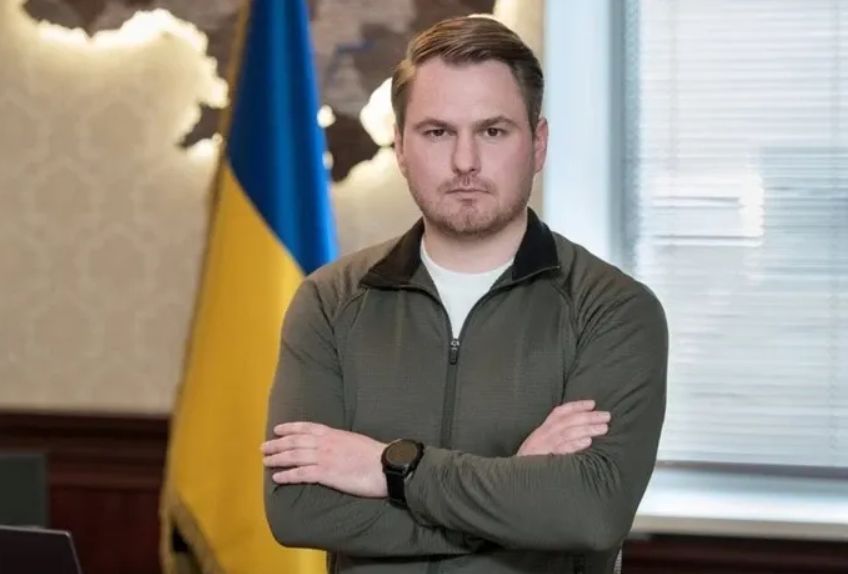
One law enforcement source told Ukrainska Pravda the instruction was clear: “do everything possible to destroy the influence of NABU and SAPO.” But the plan required parliamentary votes—and that’s where the real manipulation began.
The machinery of power consolidation
The operation deployed multiple tools that aspiring authoritarians use to capture institutions:
- Parliamentary manipulation: On 22 July, deputies were told they were coming to vote on an important appeal to the US Congress about recognizing Russia as a terrorist state. Many had foreign trips canceled. Only when they arrived did faction leaders reveal the “main” vote would come after—a “marker” vote that was “principled for the president.” As one MP told Ukrainska Pravda: “People really had no idea what they would vote for. They said, ‘Why do you need the text?! Vote, it’s important.'” Parliament had roughly one hour to review amendments that fundamentally transformed corruption oversight.
- Buying loyalty through legal deals: MP Robert Horvat from the “Dovira” group had reached a plea agreement with SAPO in his land theft case. But after Kravchenko’s appointment, he refused to sign, telling prosecutors “Klymenko [head of SAPO] will soon be sacked.” Horvat voted both for the anti-corruption law and for Kravchenko’s appointment, along with nine colleagues from his group.
- Manufactured security crisis: On 21 July, SBU conducted 70 searches targeting 15 NABU employees, claiming Russian infiltration. The star villain was Ruslan Magamedrasulov, accused of selling hemp to Dagestan and contacting “FSB agents.” The timing was theatrical—exactly one day before the crucial vote. NABU noted most searches concerned traffic accidents, but Telegram channels immediately called NABU a “branch of the FSB” and photoshopped Russian flags onto its logo.
- Civil society intimidation: Parallel raids targeted anti-corruption activist Vitaliy Shabunin in the run-up to the law. The message was clear: supporting independent oversight brings consequences.
- Information warfare through Telegram: Texty.org.ua’s investigation tracked 246 coordinated posts across 24 popular channels from 5 June to 23 July, revealing a sophisticated influence operation that weaponized Ukraine’s most powerful information medium.
Texty found that anonymous channels posted claims that “anti-corruption organizations demand dissolving NABU” without identifying which organizations. They spread identical messages about NABU “eating money” and being “infiltrated by Russia”—ironically, the same accusations Yanukovych’s people once made against their opponents.
The channels amplified fake experts with revealing histories: Oleg Posternak and Mykhaylo Shnayder, both previously involved in promoting pro-Russian politician Viktor Medvedchuk. As Texty documented, these supposed independent voices had “14 and 8 messages respectively” pushing anti-NABU narratives.
Most insidiously, the channels manufactured grassroots sentiment. Posts claimed “the public initiates verification of grant recipients” and “civil society calls for investigations”—but never identified this mysterious “public” or “civil society.” They created the illusion of organic opposition while coordinating every message with surgical timing to coincide with legal moves against NABU leadership.
This represents information warfare adapted for the digital age: not crude propaganda, but sophisticated astroturfing using Ukraine’s most popular communication platforms.
The comedy studio’s systematic capture
This wasn’t just about protecting two friends. After Zelenskyy’s 2019 victory, over 30 former Kvartal 95 employees moved into government positions—what Ukrainian analysts call a “comedy studio government.”
Take Chernyshov himself. In December 2024, Ukraine created the Ministry of National Unity specifically to give him a prominent role.
The new ministry’s purpose remained deliberately vague—supposedly engaging with Ukrainian diaspora abroad, but critics noted this duplicated existing Foreign Ministry functions. Even some ruling party deputies refused to endorse Chernyshov’s nomination due to “lack of clarity regarding the ministry’s purpose.”
Seven months later, after Chernyshov’s corruption charges, the ministry was quietly merged with the Ministry of Social Policy—effectively eliminating it. A ministry created for one man, disbanded when that man became a liability.
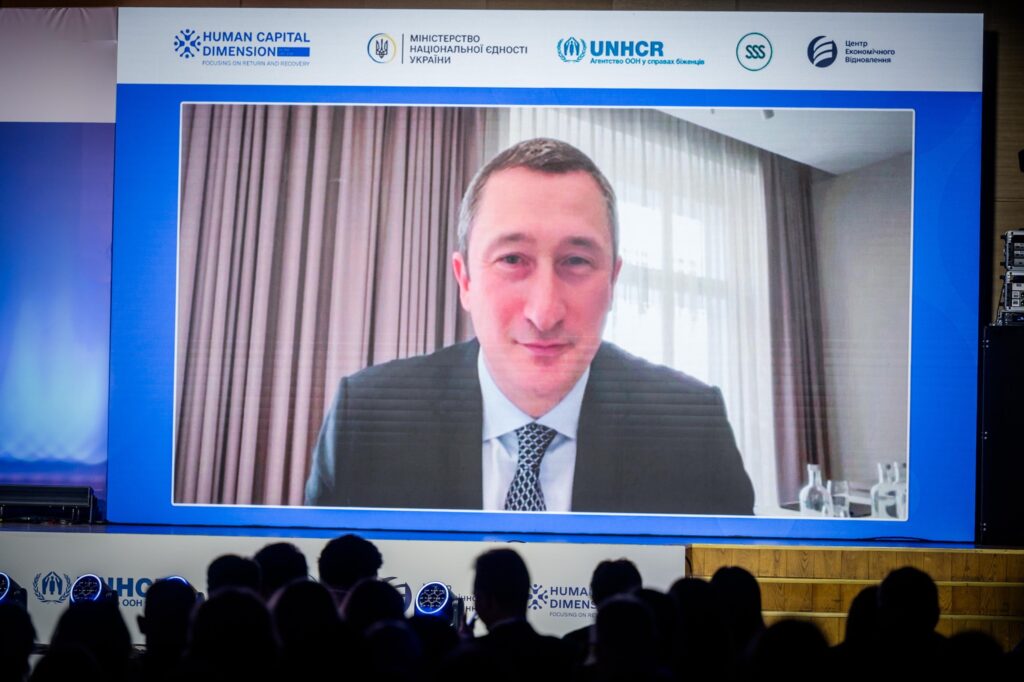
But Chernyshov wasn’t appointed for competence—he was appointed for loyalty. He belonged to Zelensky’s intimate circle, invited to birthday celebrations during wartime restrictions. When you staff government based on personal relationships rather than merit, you create a state that can’t tolerate oversight.
The NABU investigations threatened this entire system by targeting the structural foundation of Zelensky’s rule: personal loyalty above institutional accountability.
The cynical gamble on European integration
What makes the July operation particularly cynical is the timing. European Pravda reveals that Brussels had secretly scheduled 18 July to open Ukraine’s first EU negotiating cluster, bypassing Hungarian obstruction entirely. Zelenskyy knew about these plans—he’d been personally involved in discussions with Danish officials since late June.
But instead of supporting this diplomatic breakthrough, Ukraine systematically undermined its reform credentials. The EU response was swift: Brussels froze $5.5 billion in aid programs, including loans backed by frozen Russian assets. As one European official noted: “Ukraine has done the dirty work instead of Viktor Orbán.”
The Soviet shadow: why personal loyalty trumps law
What happened next follows patterns that Cambridge academic Alena Ledeneva spent decades documenting in post-Soviet informal networks.
During the Soviet era, personal networks weren’t just convenient—they were survival tools. Ledeneva’s research on blat (the Soviet system of personal favors) shows how people learned to rely on informal connections because formal institutions were instruments of arbitrary repression.
When the law serves power rather than justice, personal loyalty becomes rational defense.
But the cruel irony is that this survival strategy becomes democratic poison when institutions actually start working. What protected people under totalitarianism destroys accountability under democracy.
Zelensky’s response perfectly illustrates this post-Soviet reflex. Instead of accepting that even his inner circle must follow the law, his team moved to eliminate the institutions enforcing accountability.
Classic survival-society thinking: when the system threatens your people, you change the system.
The mentality that personal loyalty creates immunity from prosecution—that being part of the president’s “family” places you above the law—represents exactly the thinking that helped people survive Soviet totalitarianism.
But democratic consolidation requires the opposite psychological shift: trusting that law protects everyone, not just those connected to power.
Ukraine had seen this before. Viktor Yanukovych, the fugitive pro-Russian authoritarian president used identical methods during his presidency.
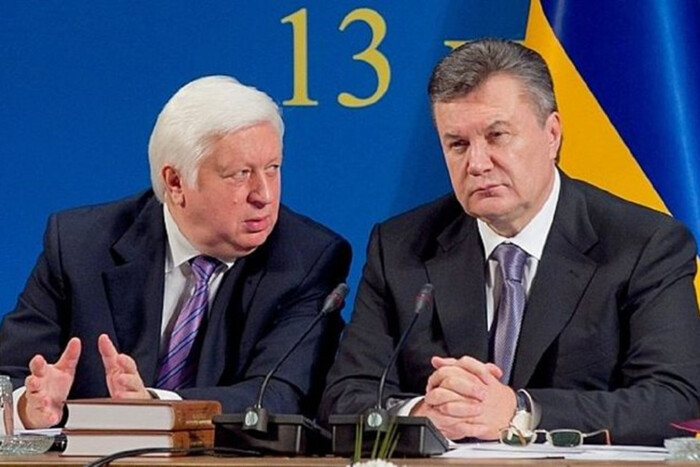
His prosecutor general Viktor Pshonka called himself “a member of President Viktor Yanukovych’s team” and led the crackdown on protesters against the torpedoing of EU integration in 2013-2014, abusing state power to keep Yanukovych in power. His office pursued the politically motivated prosecution of Yulia Tymoshenko, charging her with abuse of power for a 2009 gas contract.
Both men fled to Russia during the 2014 Euromaidan Revolution.
When civil society said no
Ukrainian democracy had evolved since Yanukovych’s time in ways that proved deeper than anyone expected. Mass demonstrations erupted within hours—the largest protests since Russia’s invasion. Instead of riot police (“cosmonauts” in Ukrainian slang), authorities deployed “police of dialogue.” The contrast with Yanukovych’s Berkut units couldn’t have been starker.
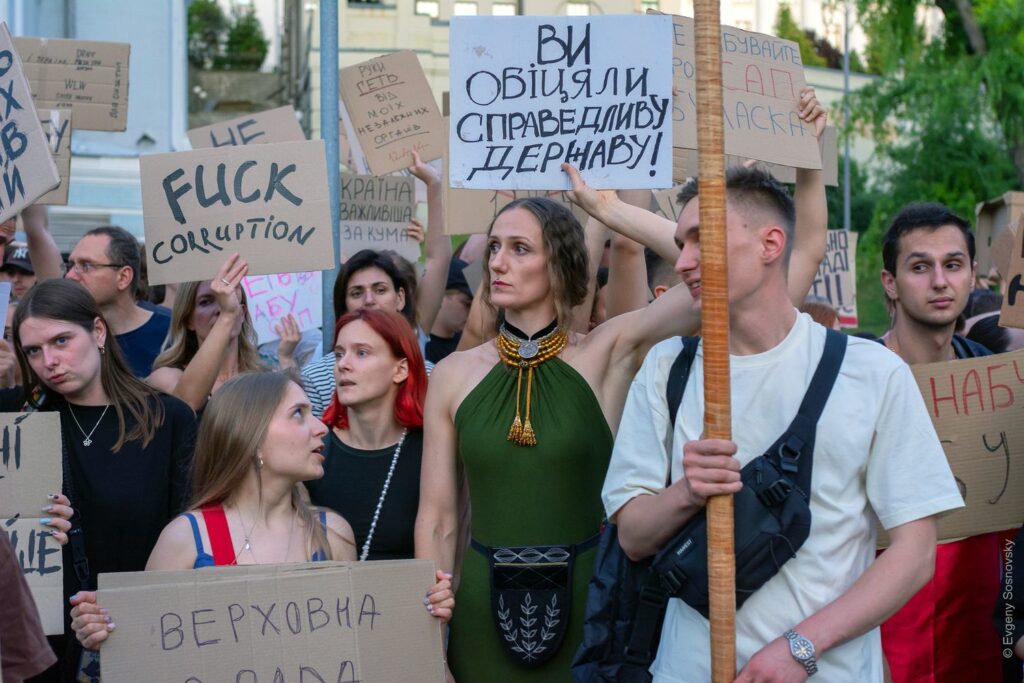
Perhaps most telling was the demographic: teenagers and young adults leading chants and organizing through social media.
A generation that grew up after Euromaidan was showing that Ukraine’s democratic transformation had become irreversible—even wartime power centralization couldn’t roll back eleven years of civic evolution.
Ukraine’s response followed patterns that political scientists Ronald Inglehart and Christian Welzel documented in their World Values Survey research: successful democratic transitions correspond with societies shifting from “survival values” (emphasizing economic security and low tolerance) to “self-expression values” (prioritizing individual freedom, tolerance, and political participation).
When Zelensky’s team tried to preserve Soviet-style “family immunity,” Ukrainians chose institutional accountability over patronage protection.
European pressure reinforced Ukrainian resistance. On 31 July, parliament voted 331-0 to restore anti-corruption agency independence.
The test and the warning
This was Ukraine’s first major test of whether it had outgrown the post-Soviet patronage trap. Zelensky’s team tried to replicate the loyalty-first system that had dominated Ukrainian politics for decades. When independent institutions threatened their inner circle, they deployed the full authoritarian toolkit.
However, Ukrainian civil society matured during three decades of independence and intensified during three years of war. When citizens recognized the Yanukovych pattern, they defended democratic accountability.
The victory comes with warnings. The machinery for institutional capture remains in place. Just weeks after the crisis, Zelenskyy appointed Yuliia Svyrydenko as Prime Minister—widely viewed as closely aligned with Yermak. As former President Petro Poroshenko noted: “Replacing Shmyhal, who was ‘Yermak in a shirt,’ with Svyrydenko, who will be ‘Yermak in a skirt,’ changes nothing.”
It is telling that in her first major western interview, which ran on the same day as the Rada gutted NABU and SAPO, Svyrydenko played down Ukrainian corruption, alleging that the problem is overstated. The pool of anonymous pro-Zelenskyy Telegram channels pushed this quote extensively while protests flooded four cities.
More substantially, her government has refused to appoint Oleksandr Tsyvinsky as head of the Bureau of Economic Security, despite his selection by an independent commission and backing from the IMF. The refusal continues the same pattern of blocking oversight appointments that triggered the July crisis.
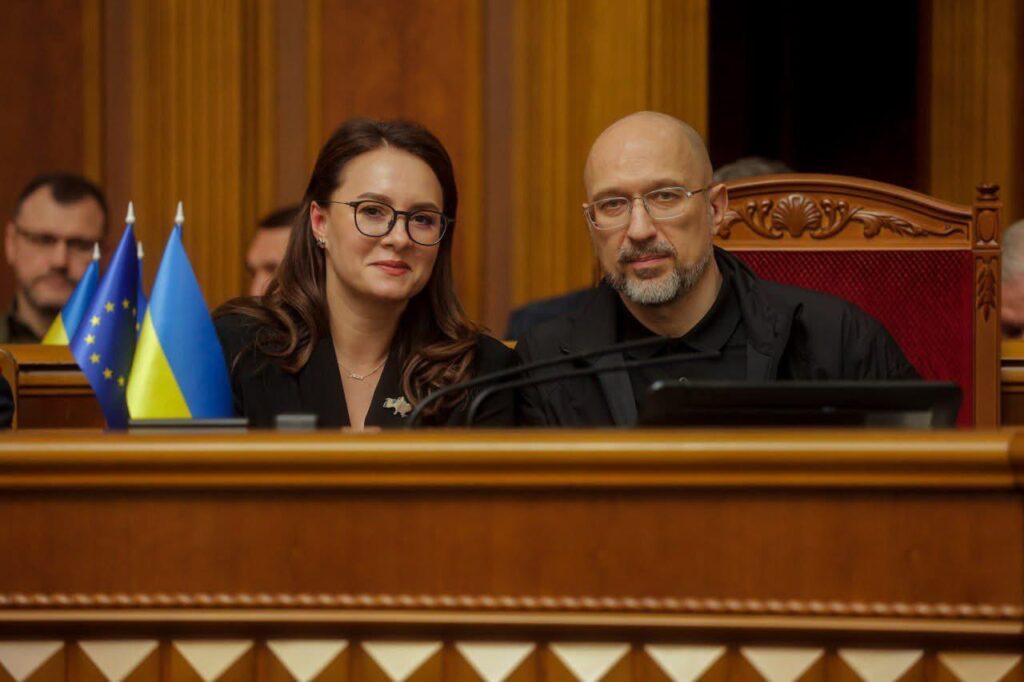
Most concerning, the team that orchestrated this operation—Yermak, Kravchenko, and their networks—remain in position. They’ve learned from this failure and may attempt more subtle approaches next time.
A bitter irony is involved. Zelenskyy built his political career playing a fictional president fighting corrupt officials in his TV show “Servant of the People.” Six years into real power, when investigators reached his actual inner circle—not fictional corrupt officials but his birthday party guests and business partners—he chose loyalty over law. This is precisely why independent oversight exists: power corrupts even those who start as anti-corruption outsiders.
The comedy studio presidency may still view independent oversight as existential threat. But Ukrainian civil society has shown it’s stronger than the survival networks trying to capture it. That’s the foundation democracies are built on.
An earlier version of this article mistakenly said that Svyrydenko’s only comment on the crisis was the corruption in Ukraine is overstated
Read also
-
“I defended Zelenskyy against Trump’s dictatorship accusations. Now I can’t,” says Ukraine’s top corruption fighter
-
EU had a secret plan to bypass Orbán. Zelenskyy blew it up instead.
-
Editorial: Zelenskyy opens a second front—against his own people
-
Explained: why Ukraine nuked its own anti-corruption agencies
